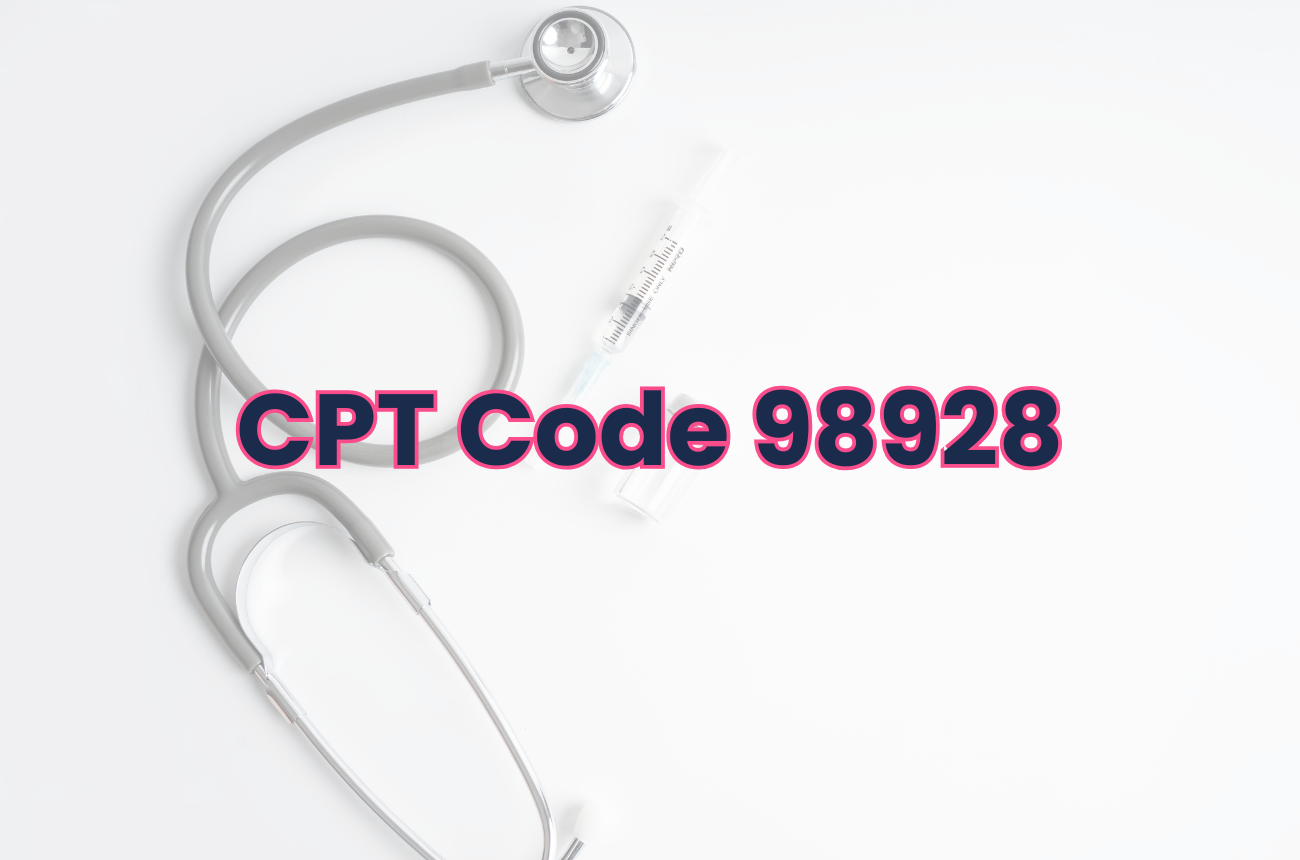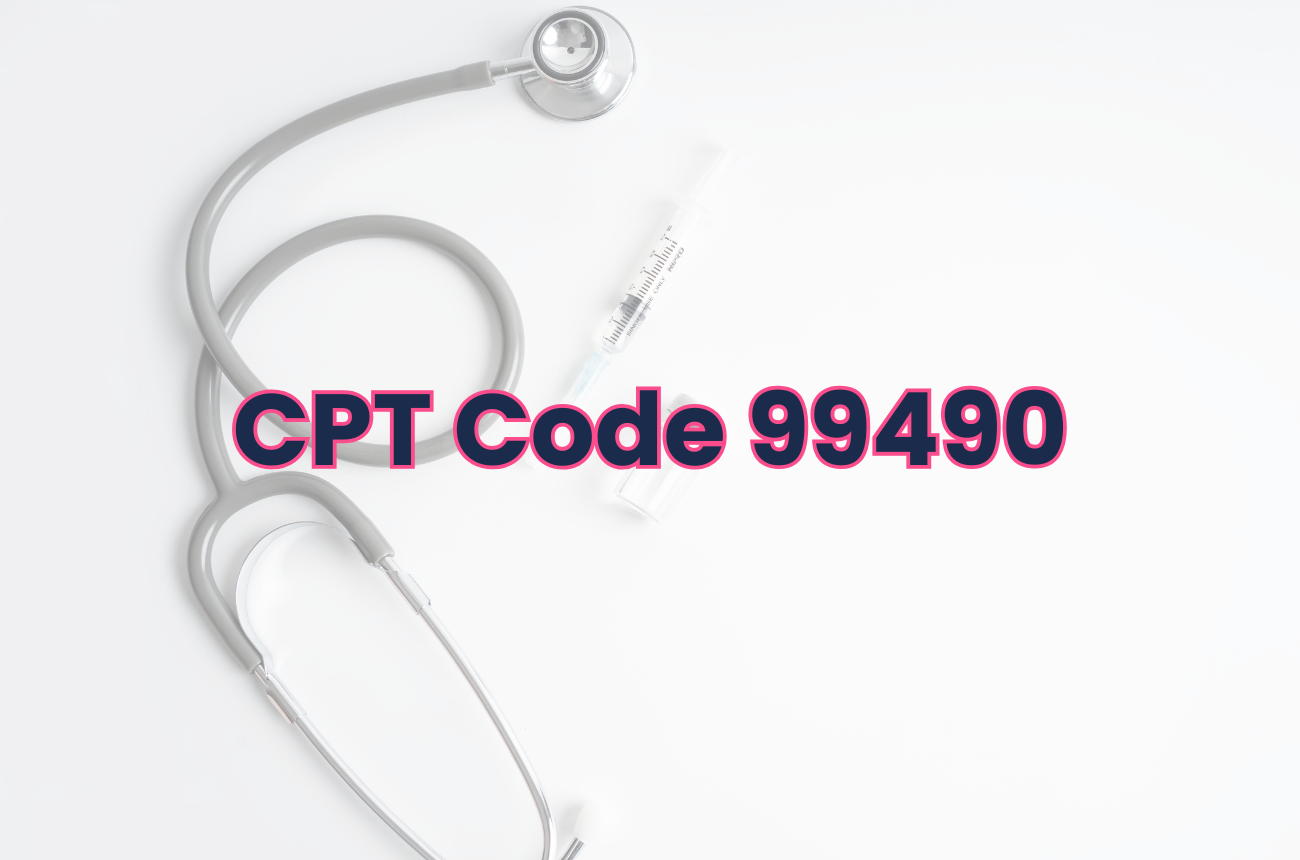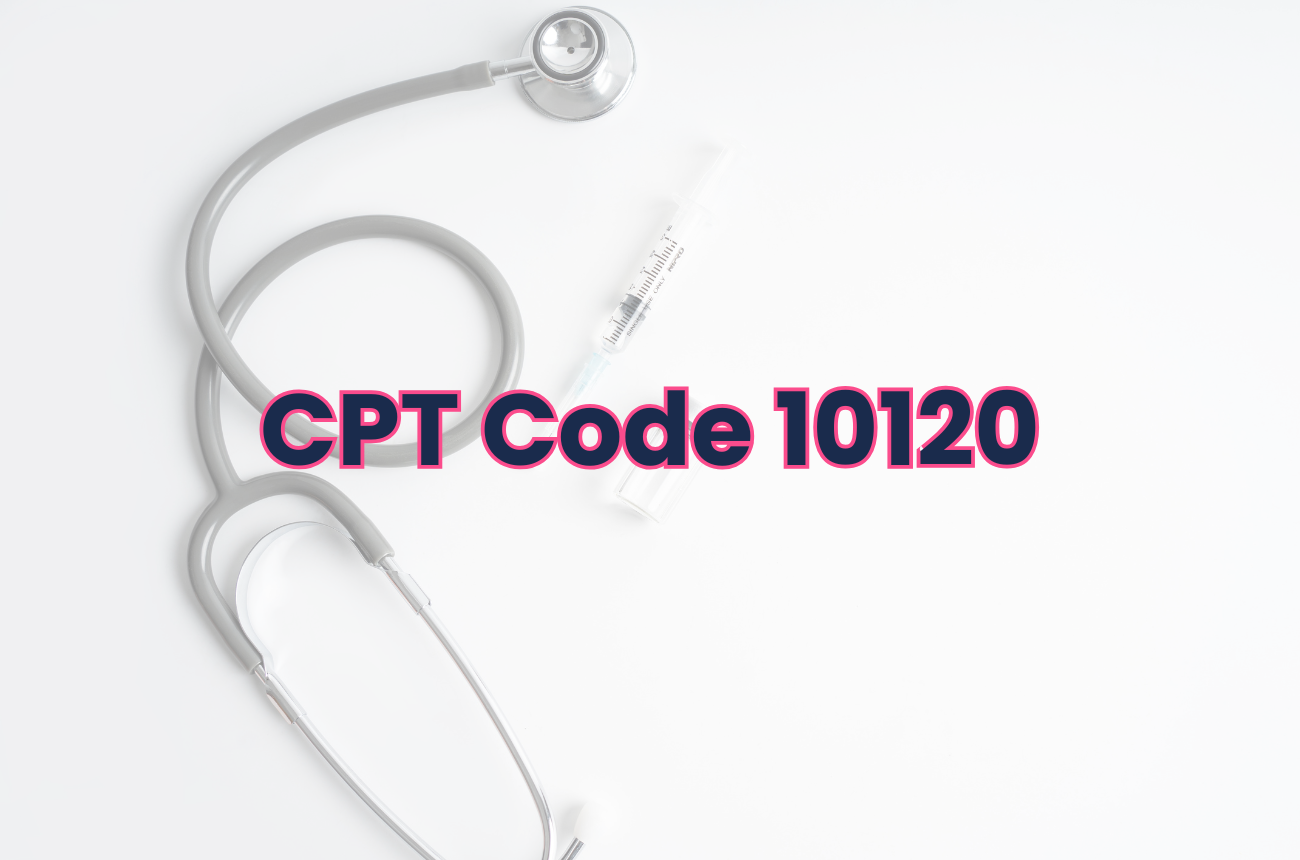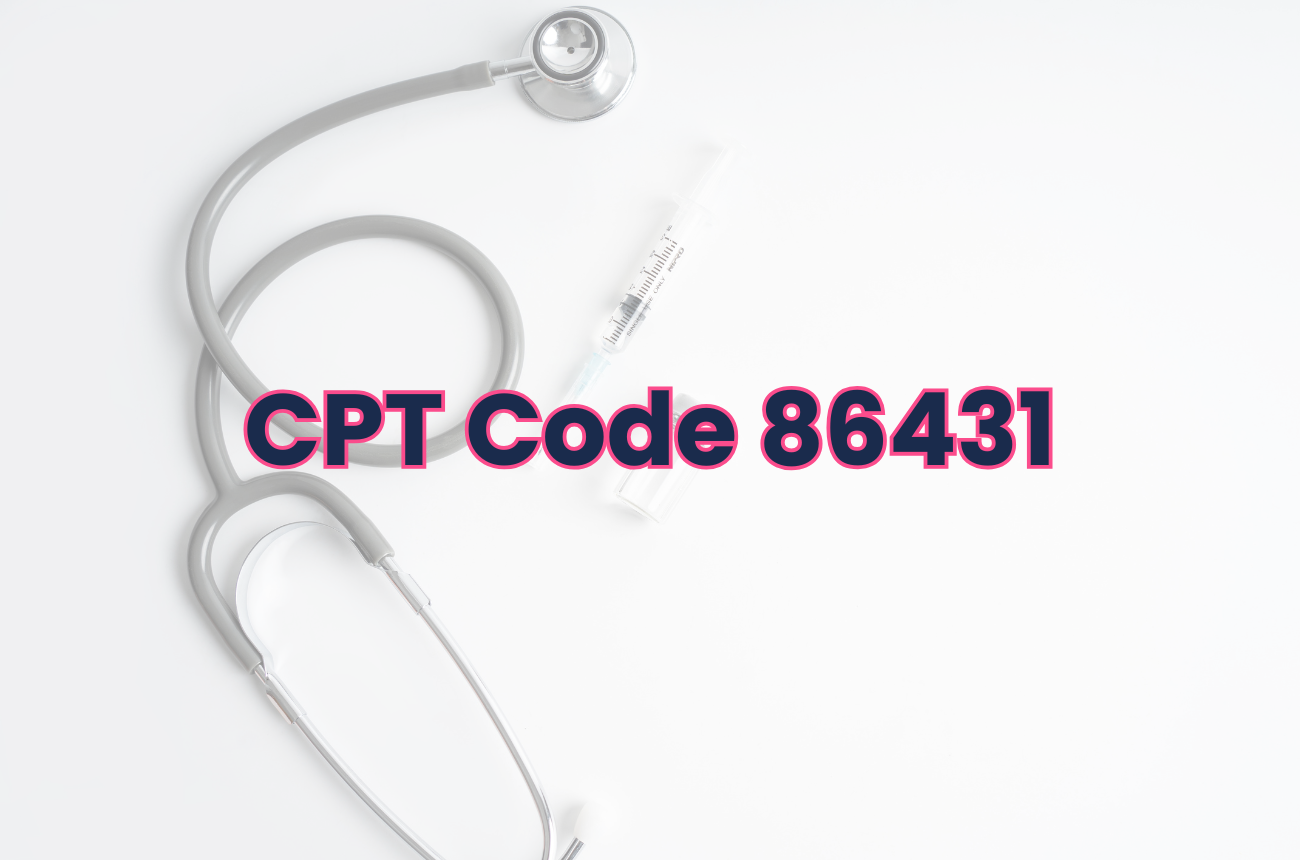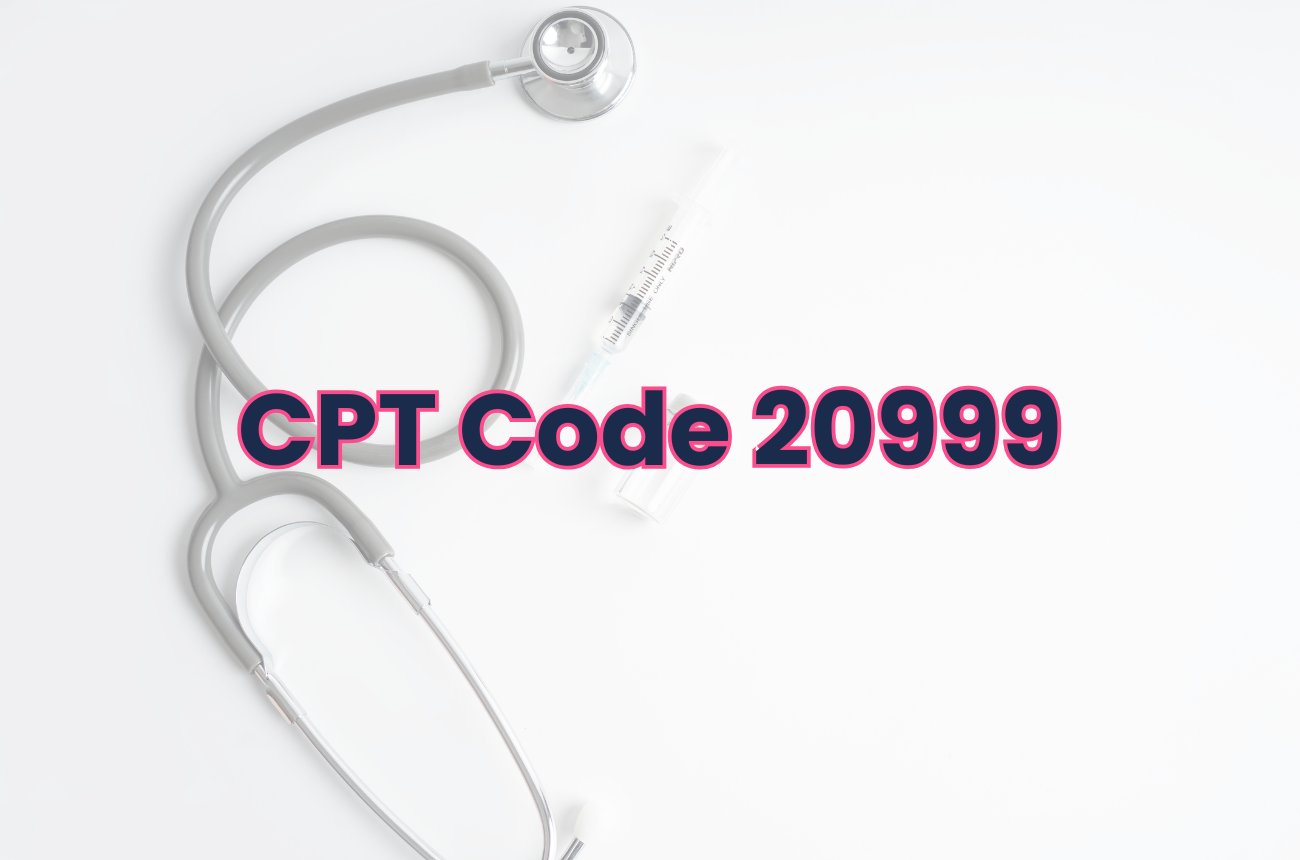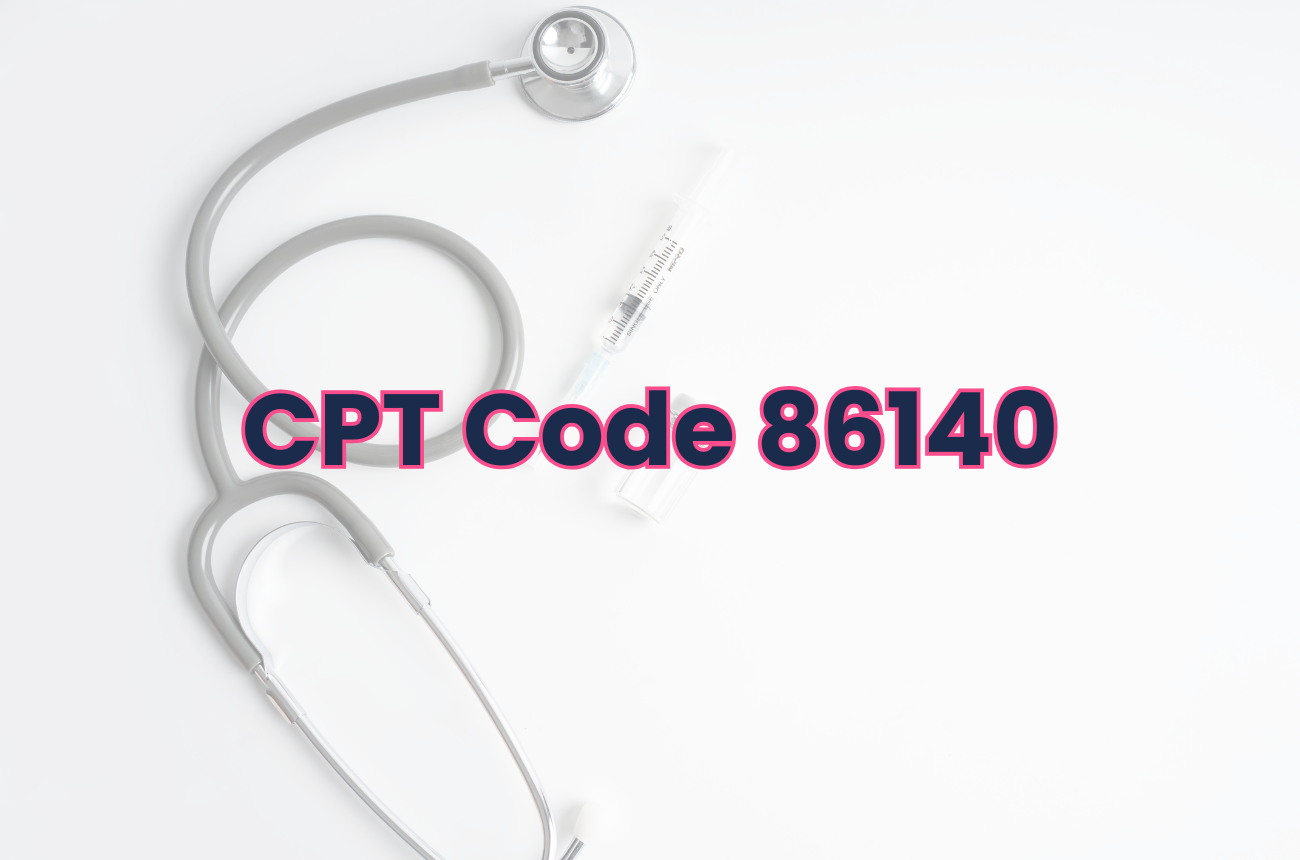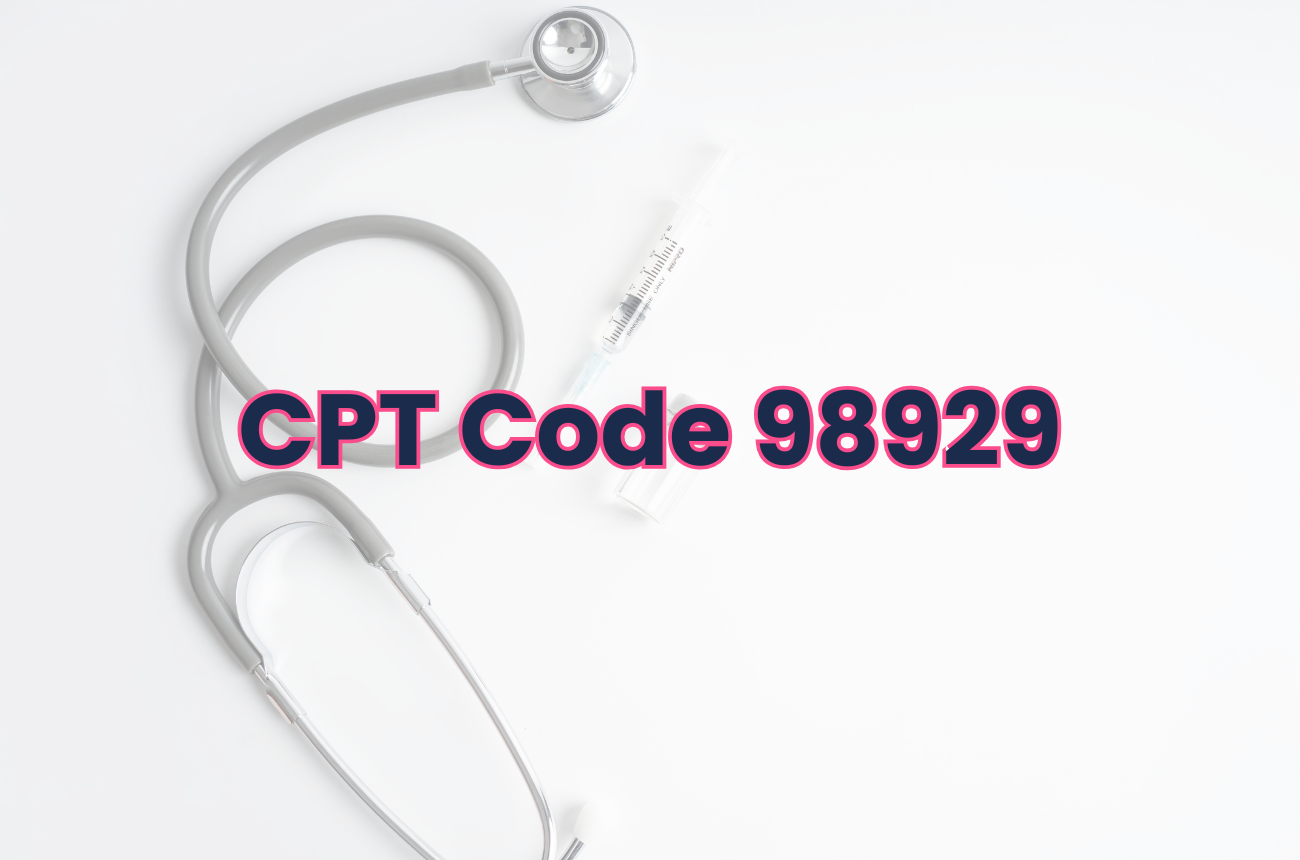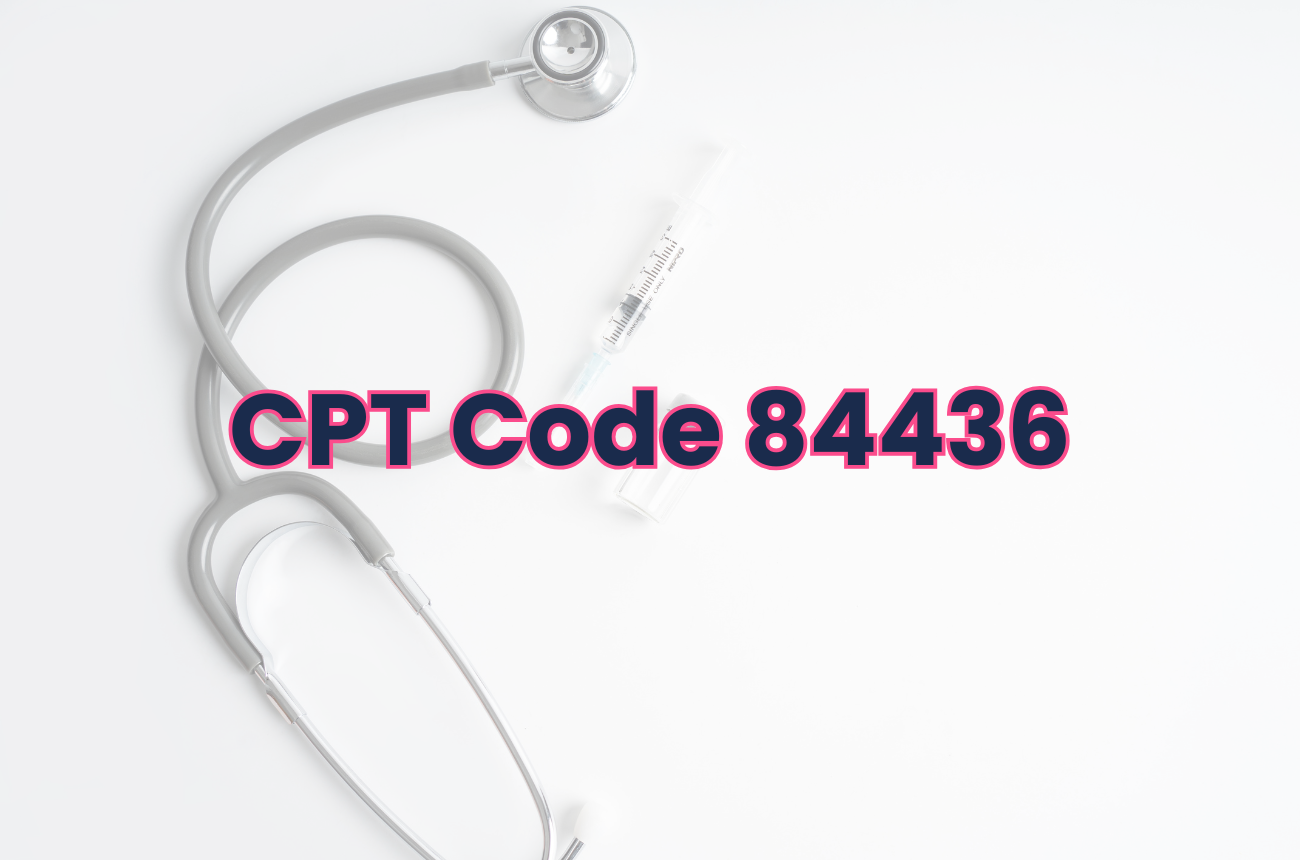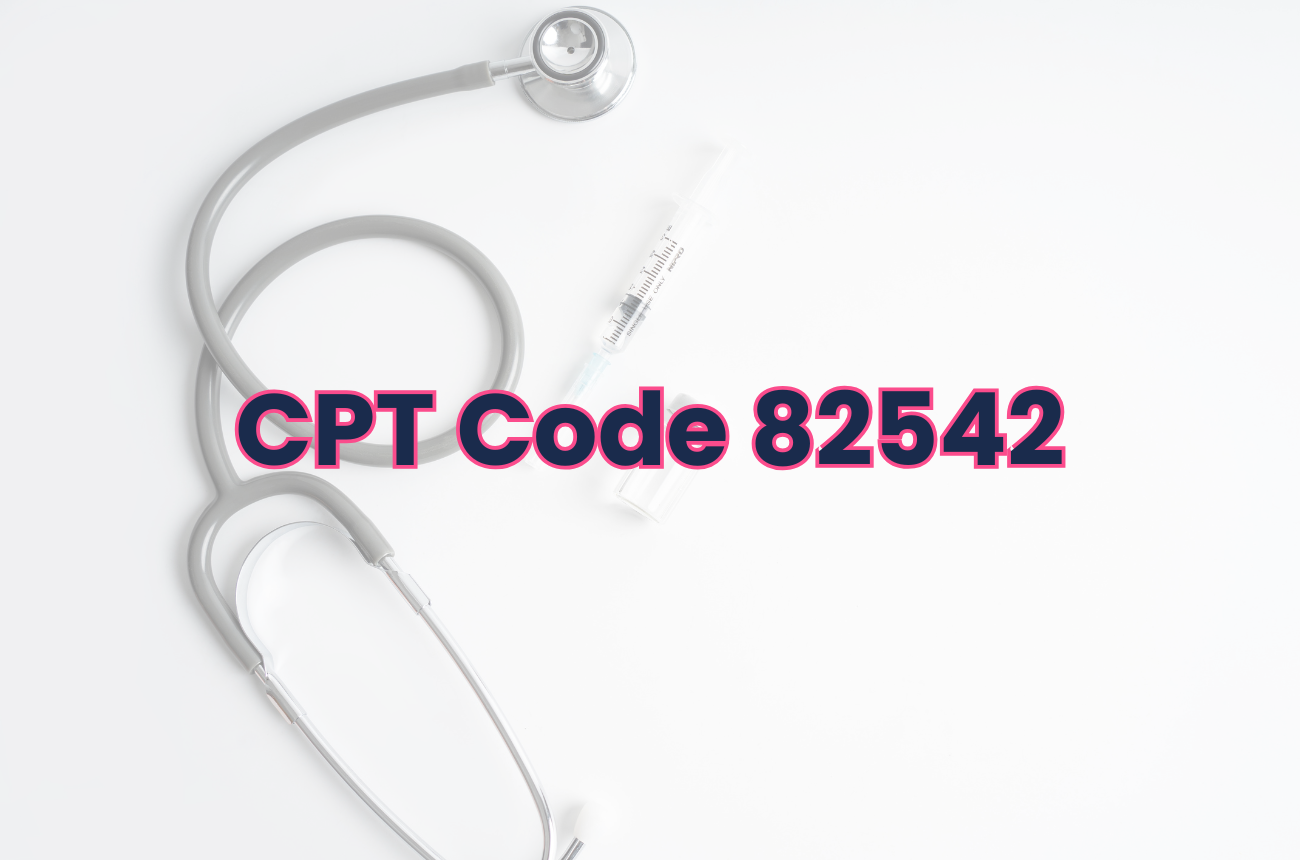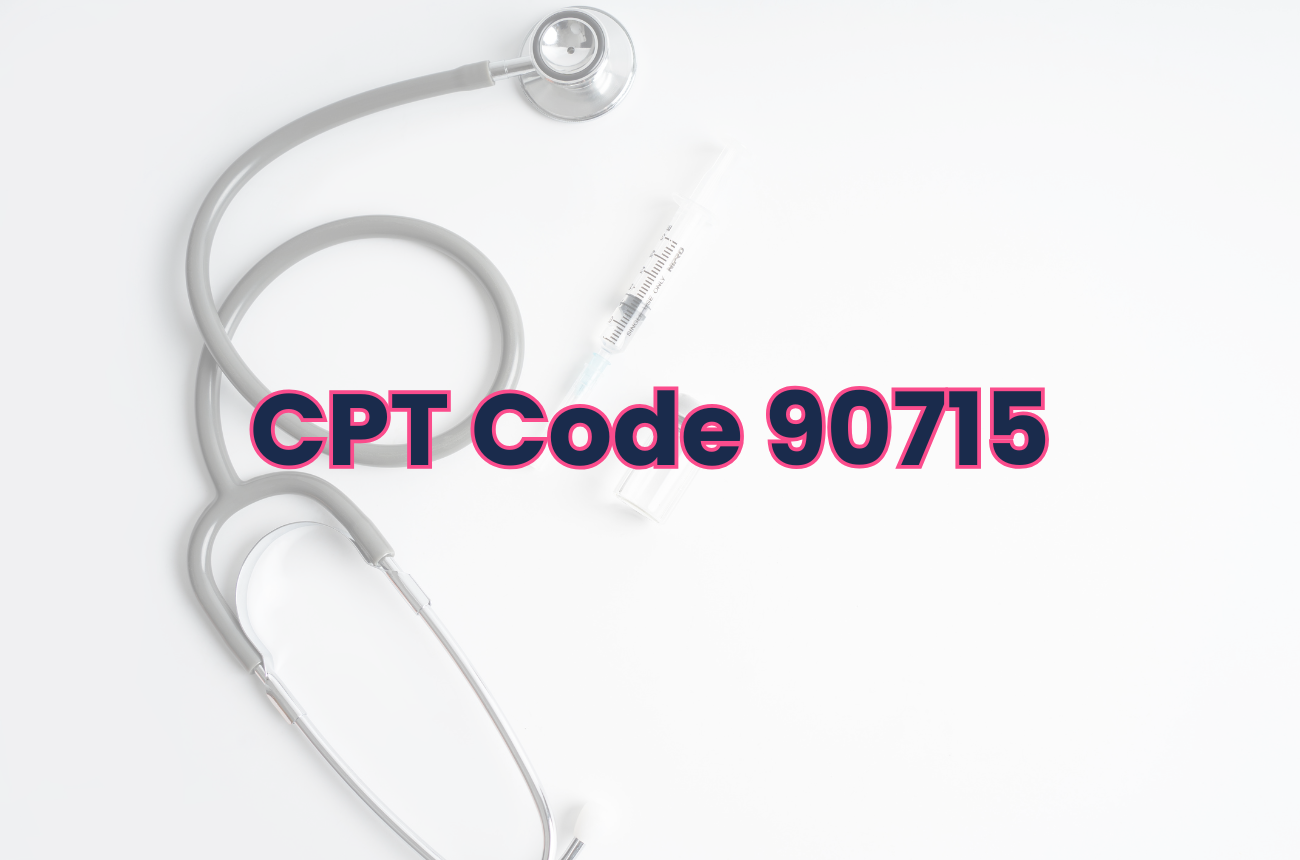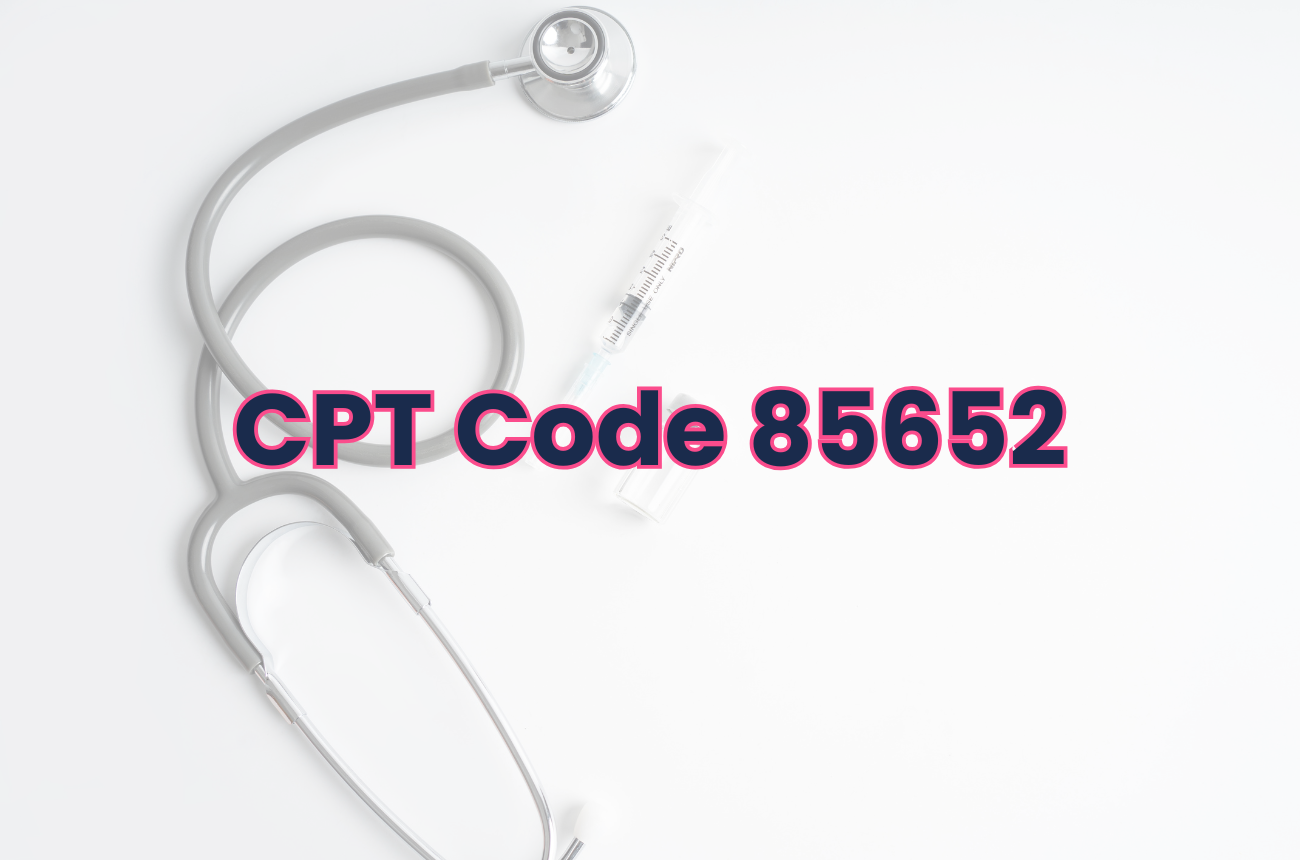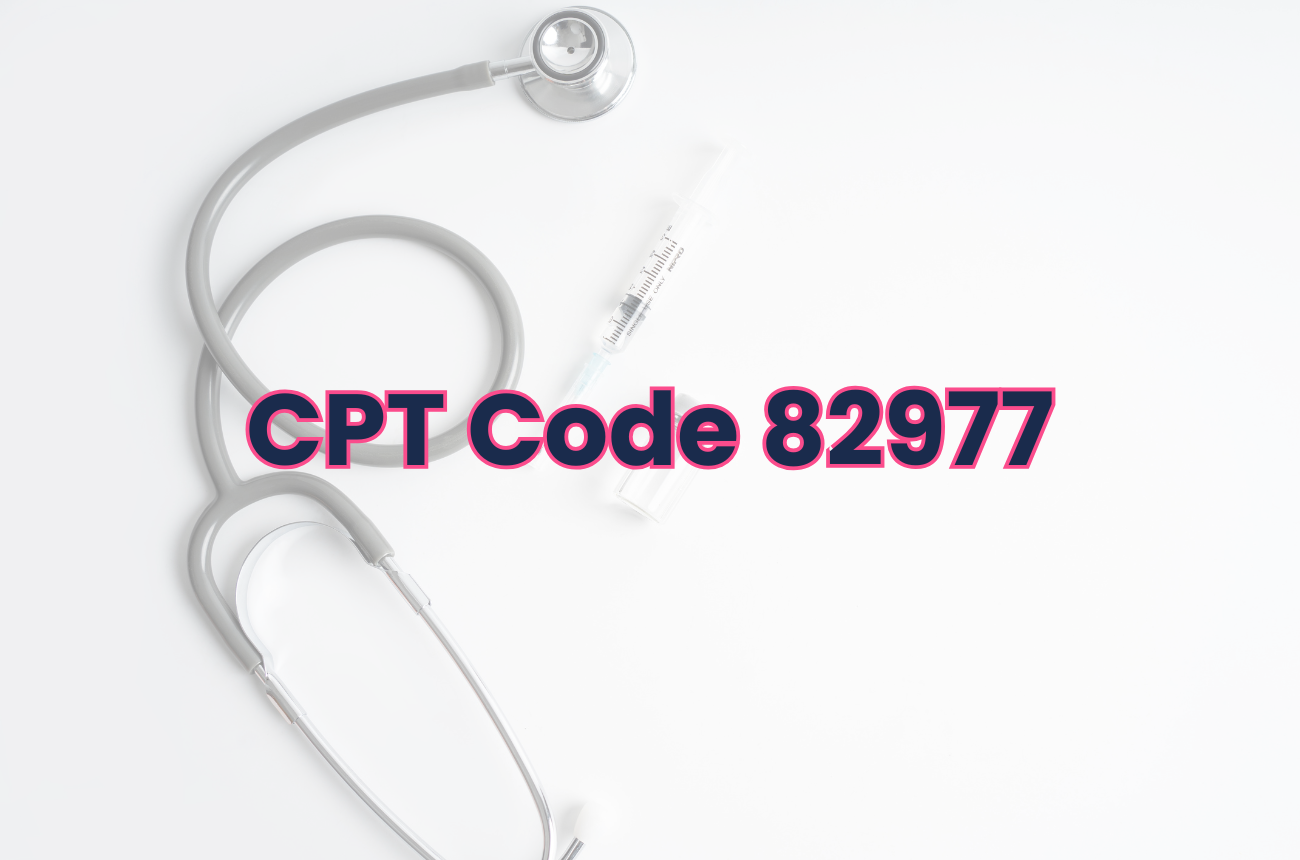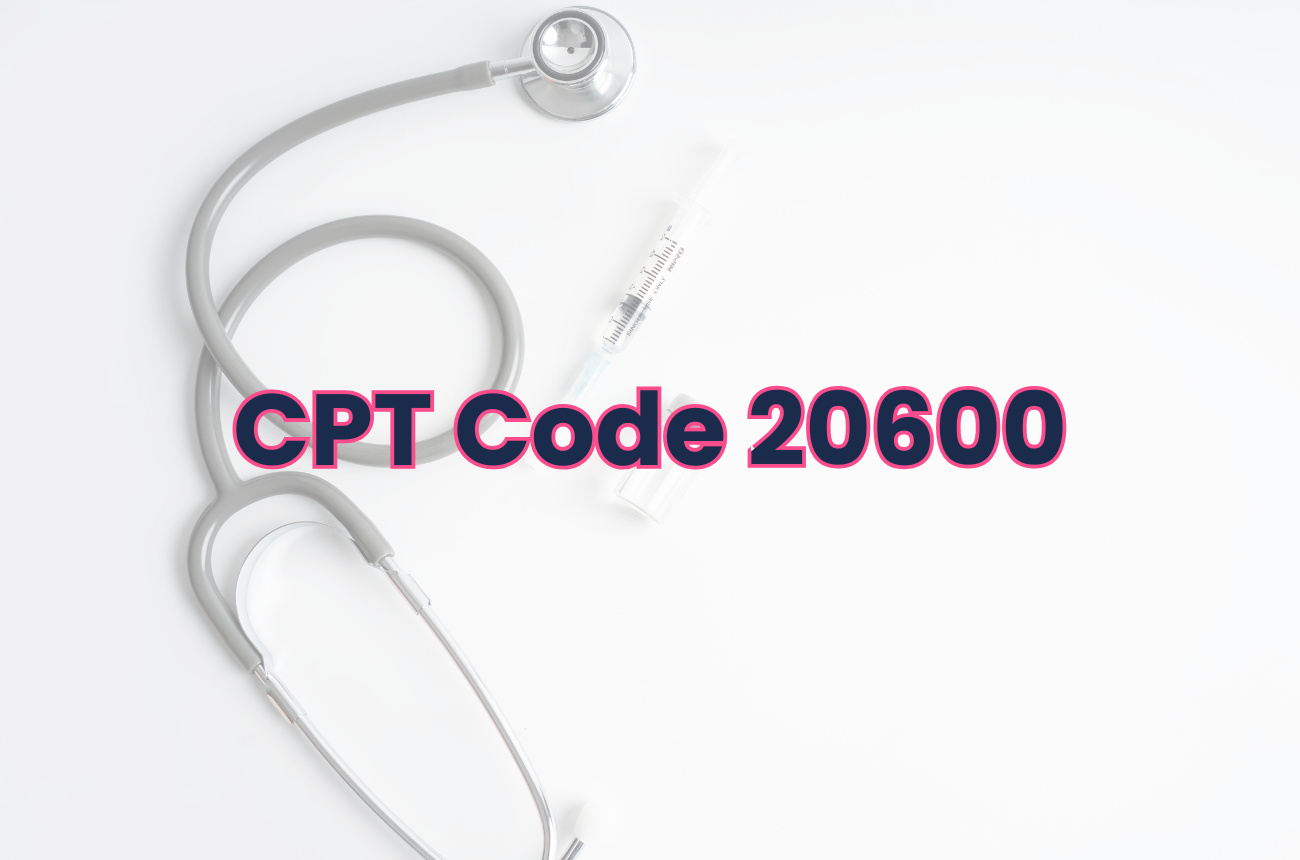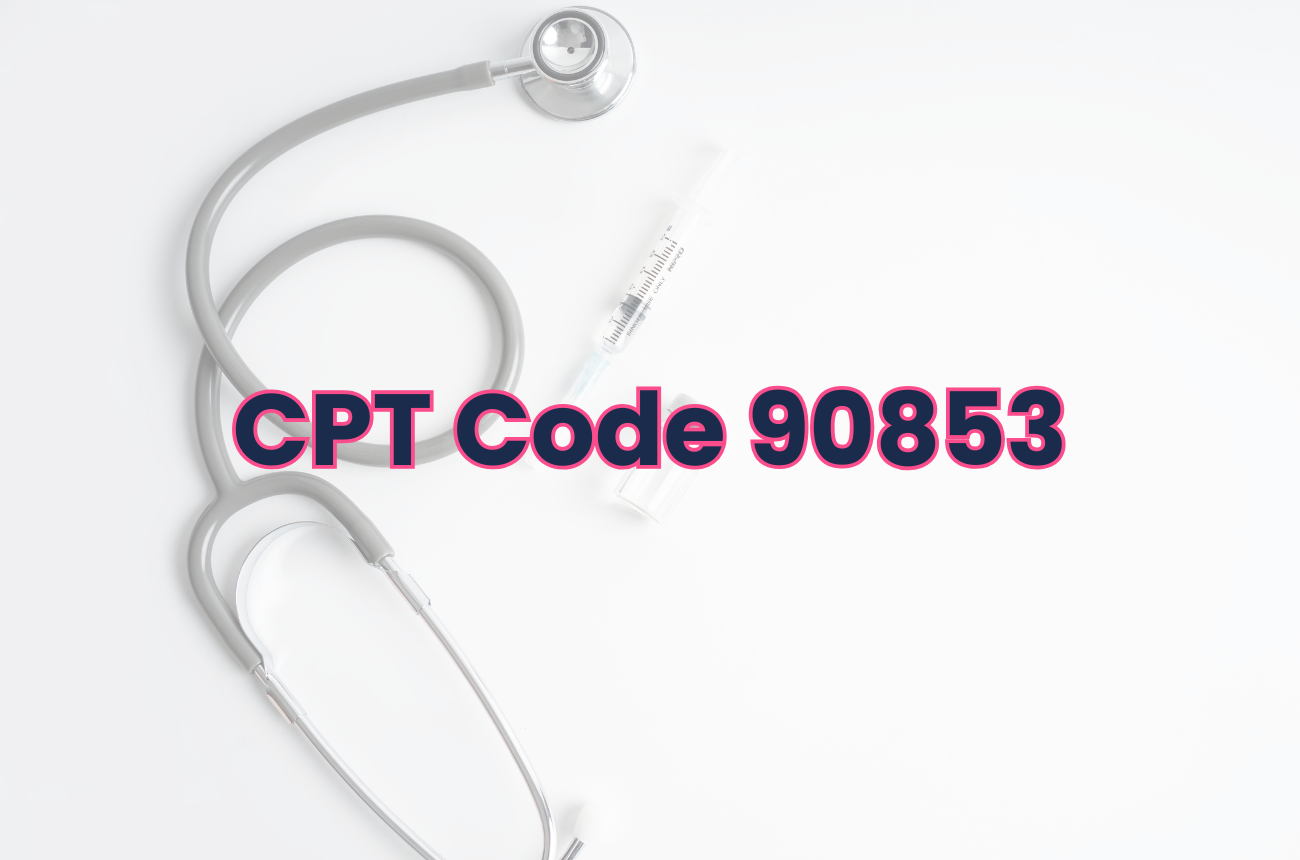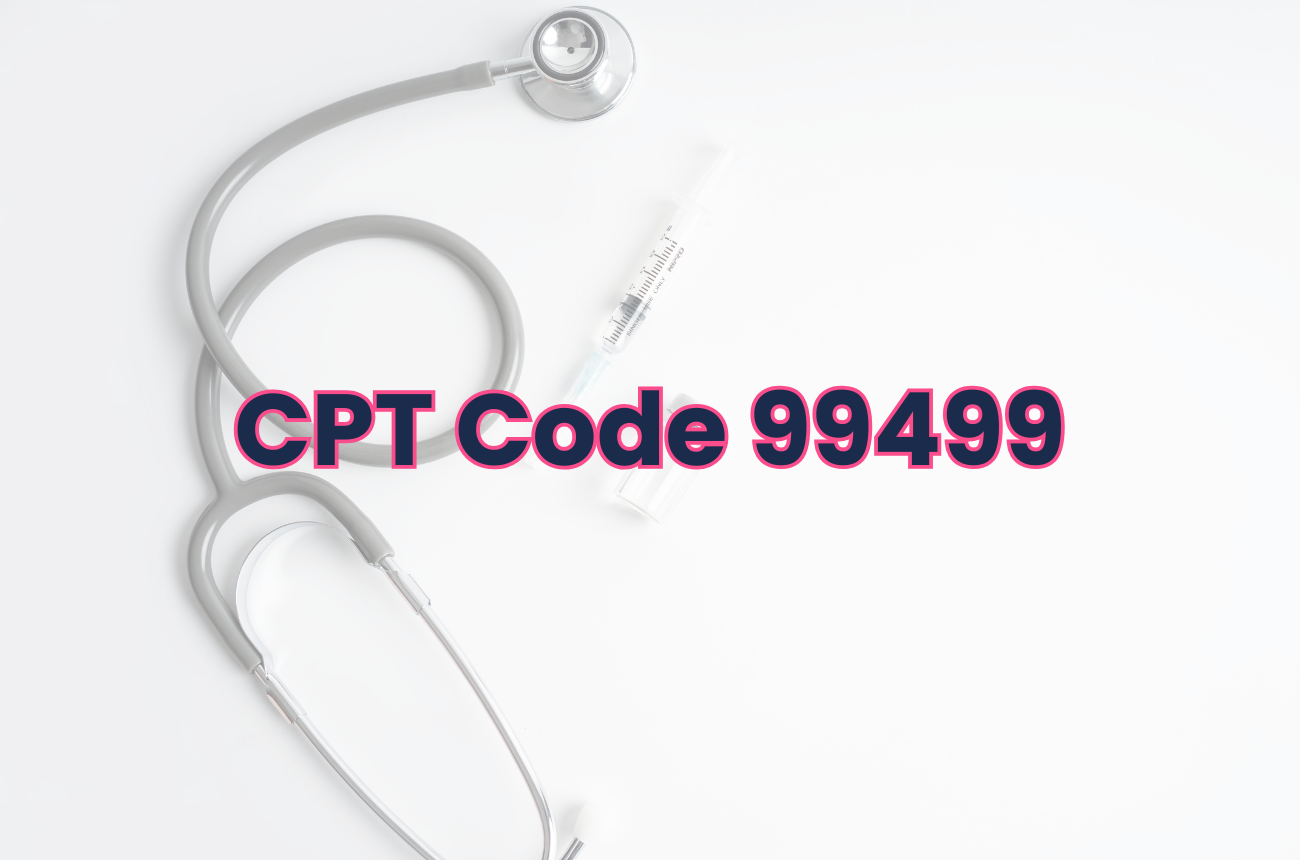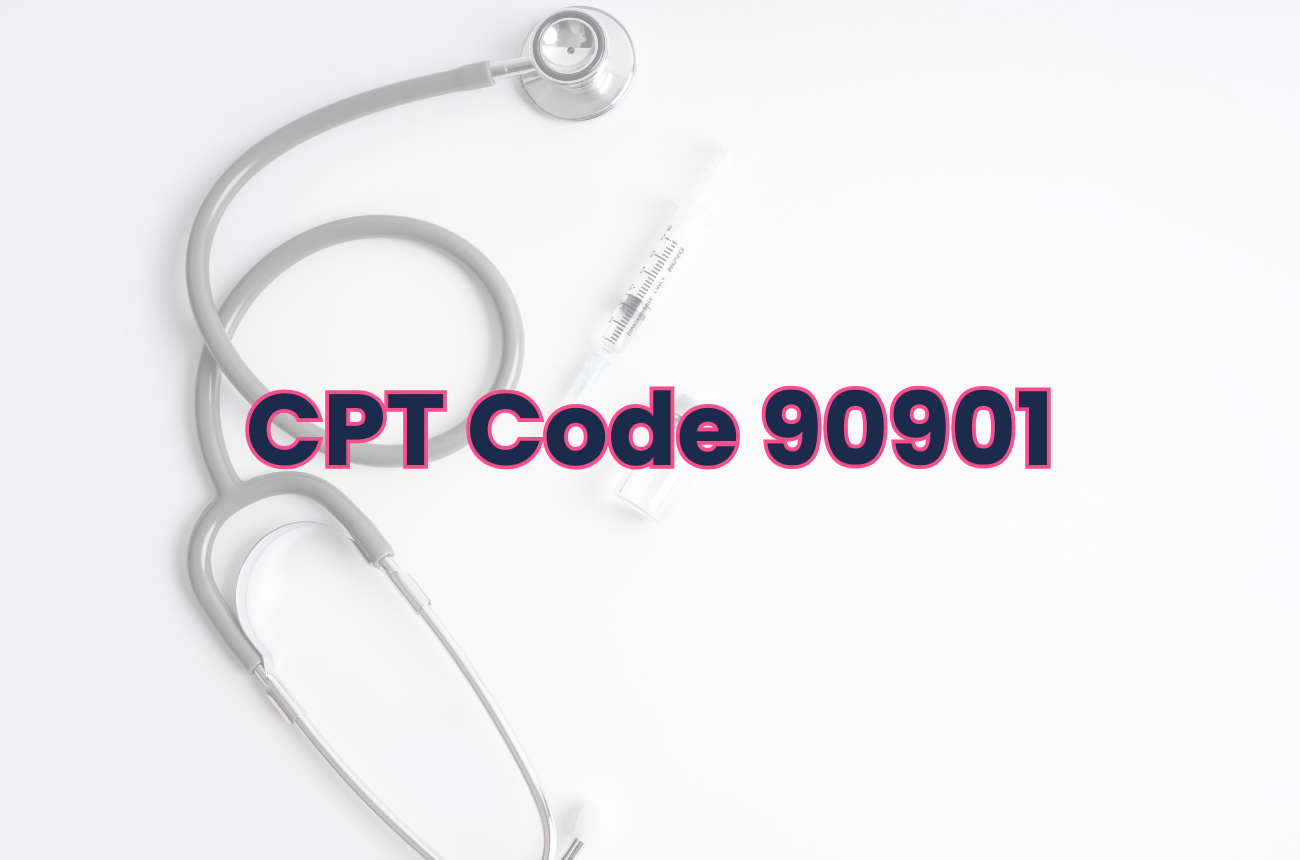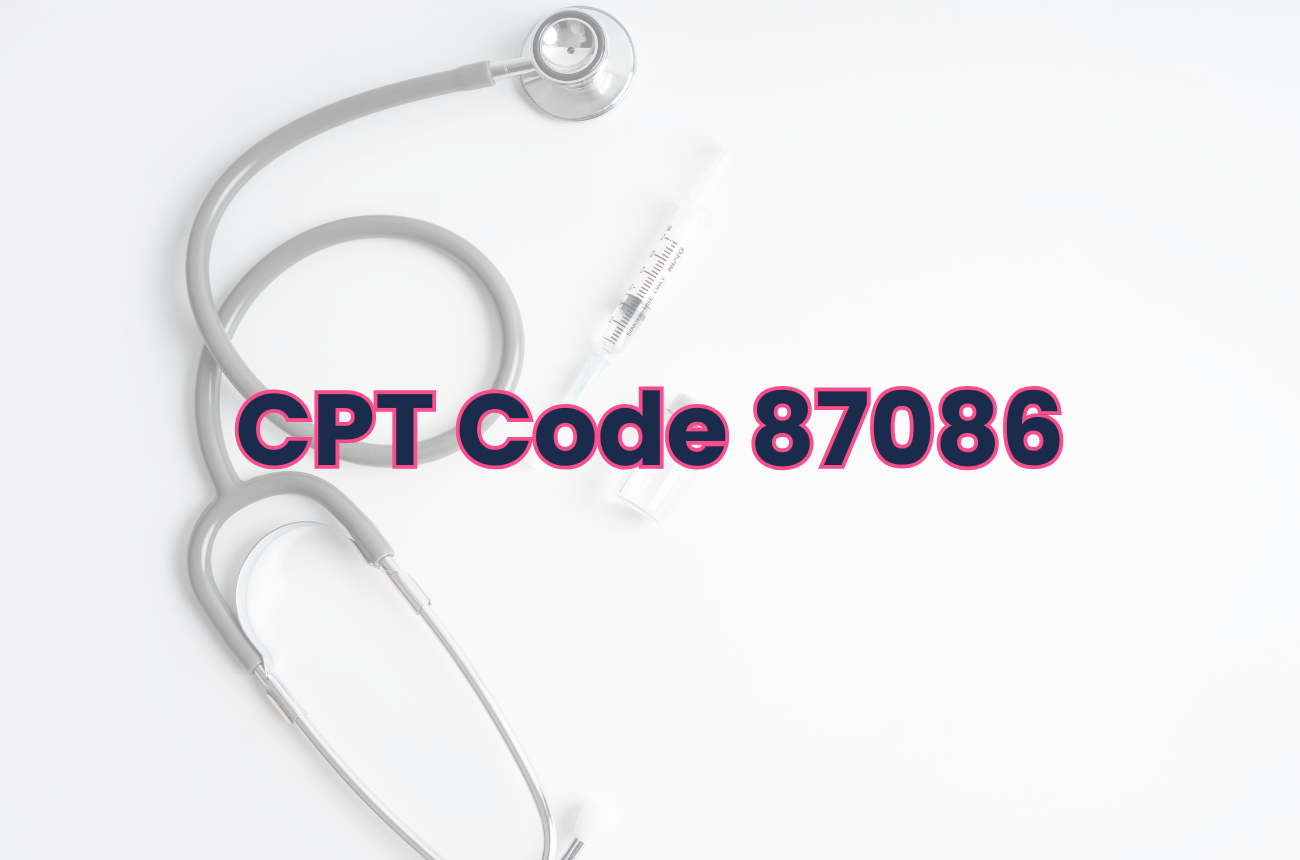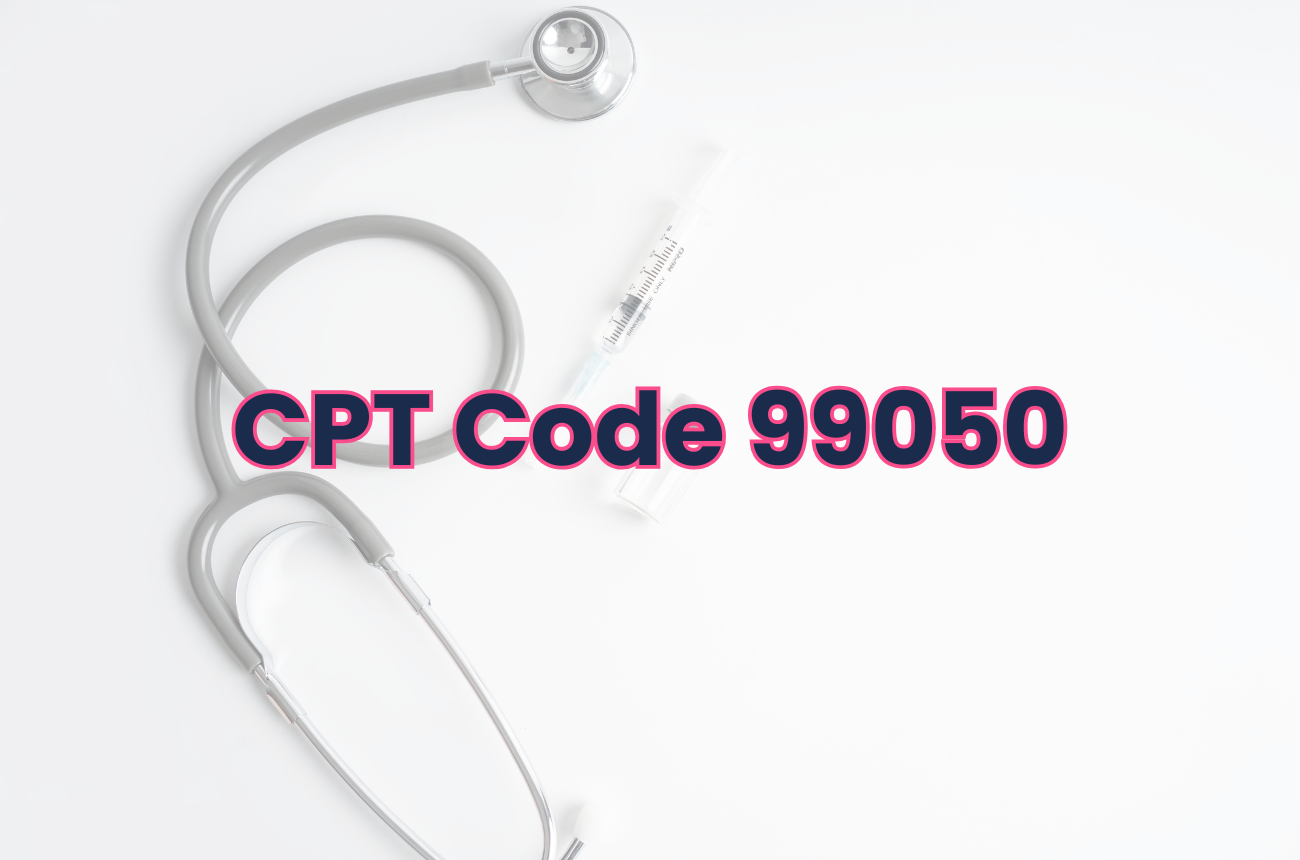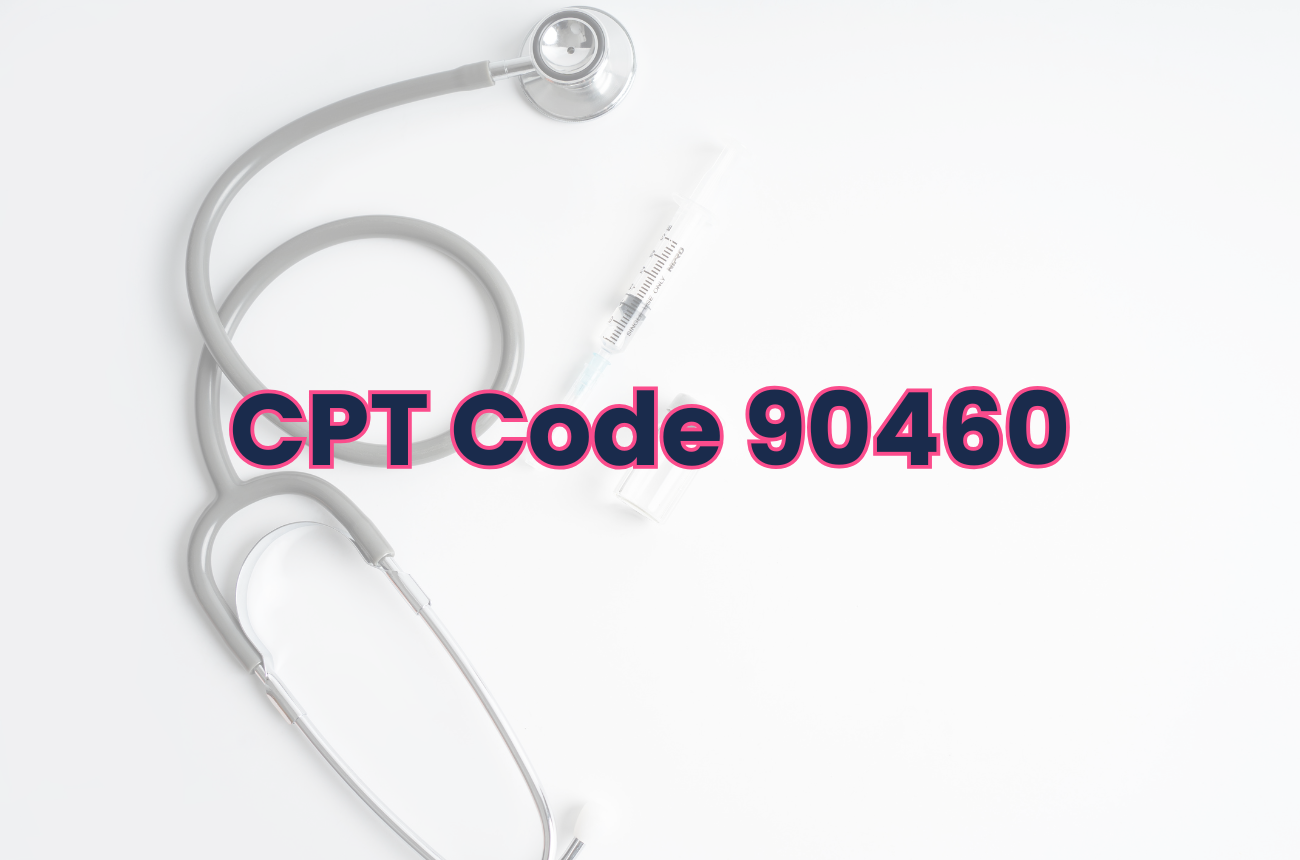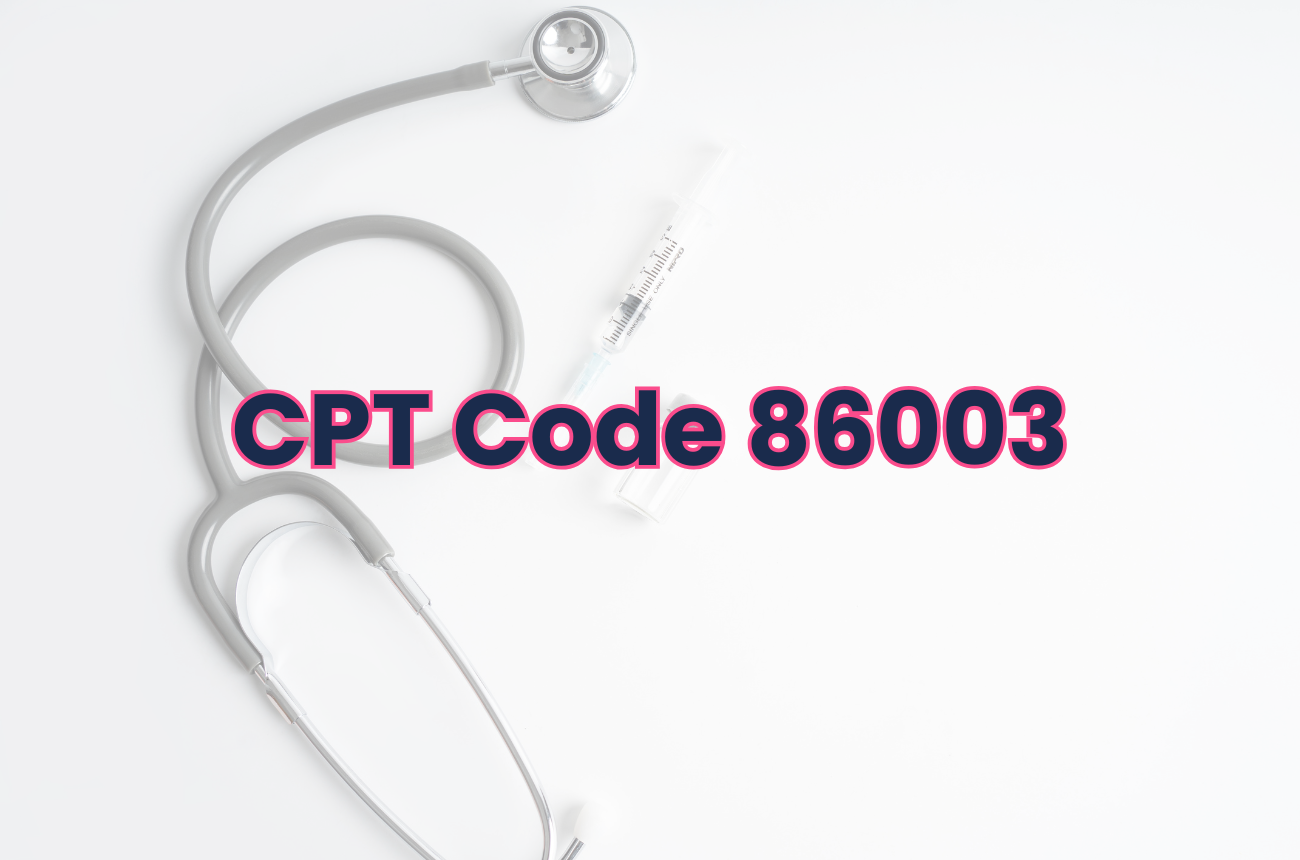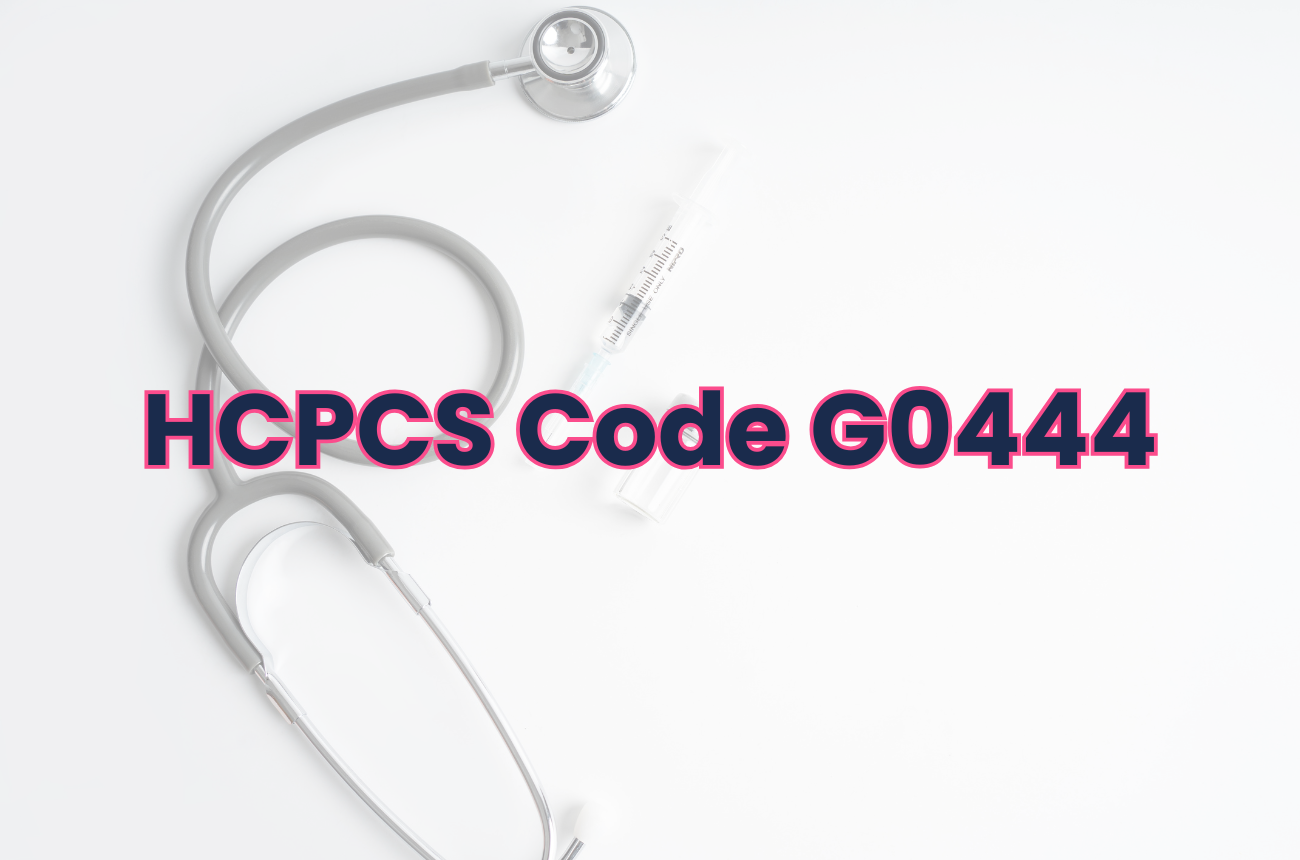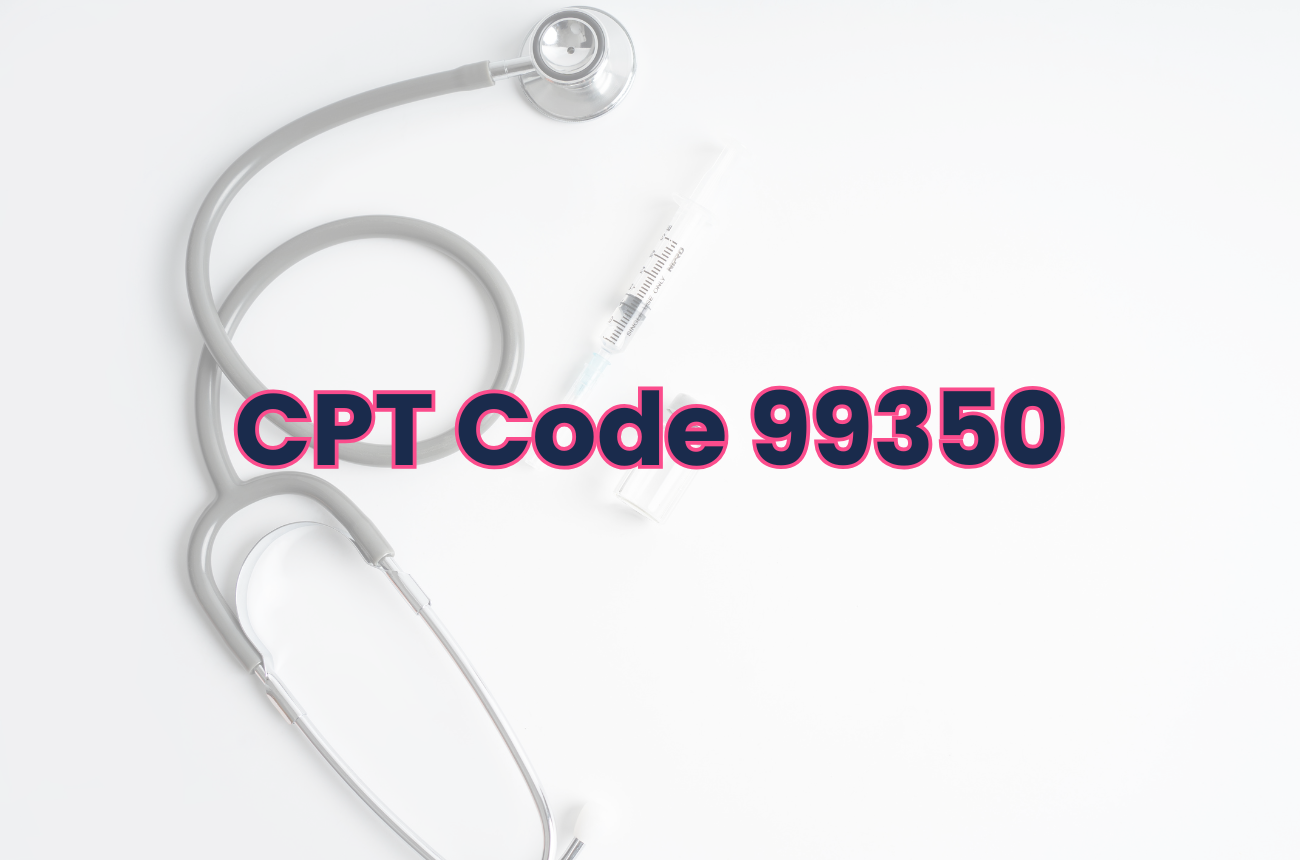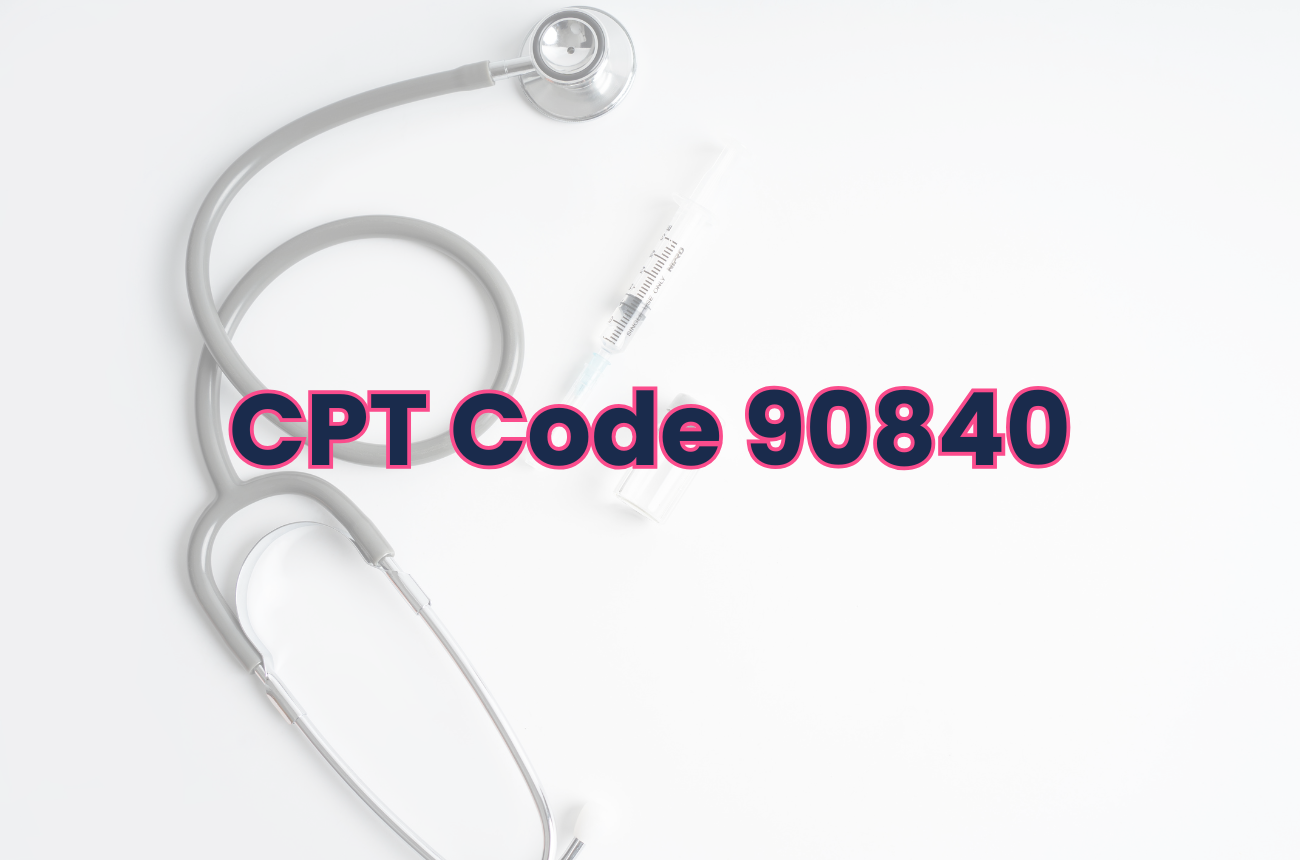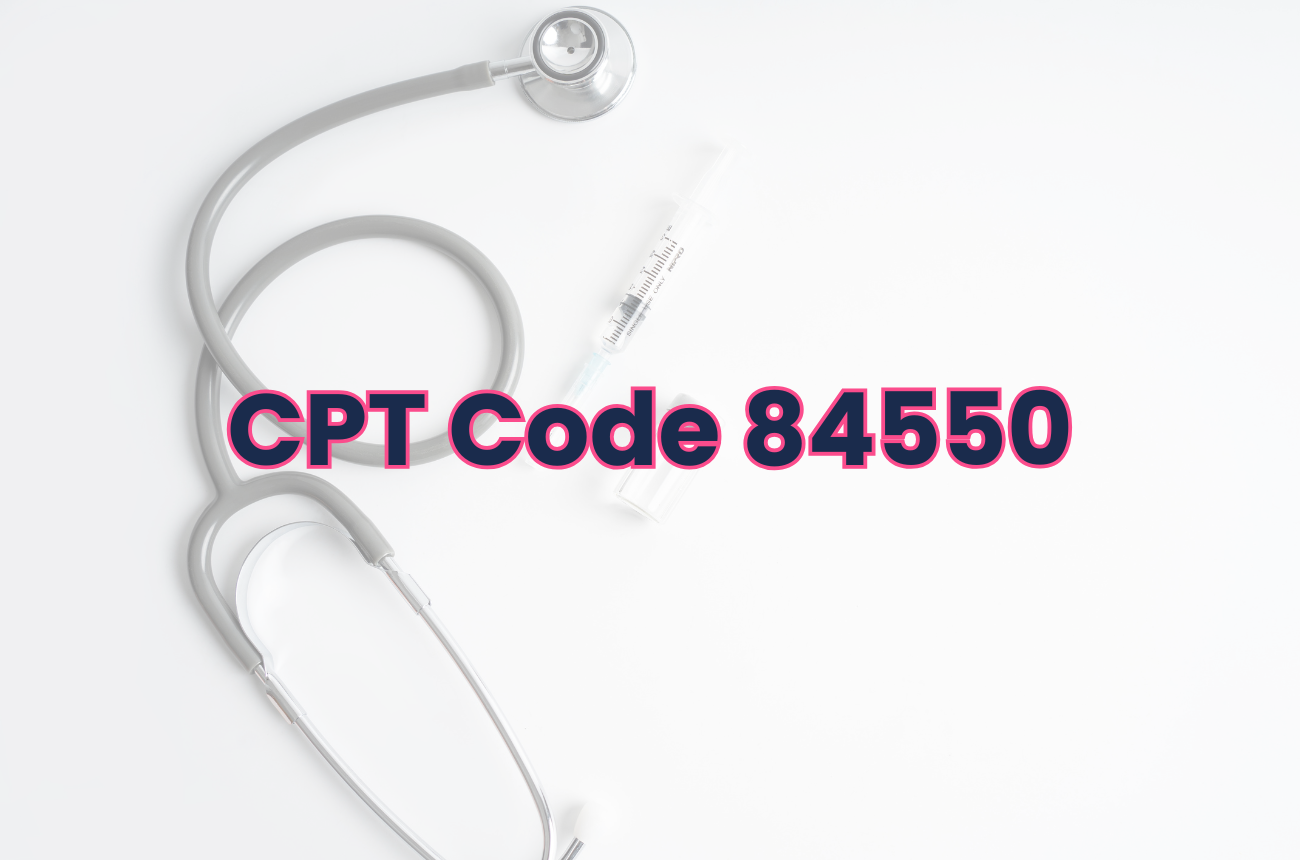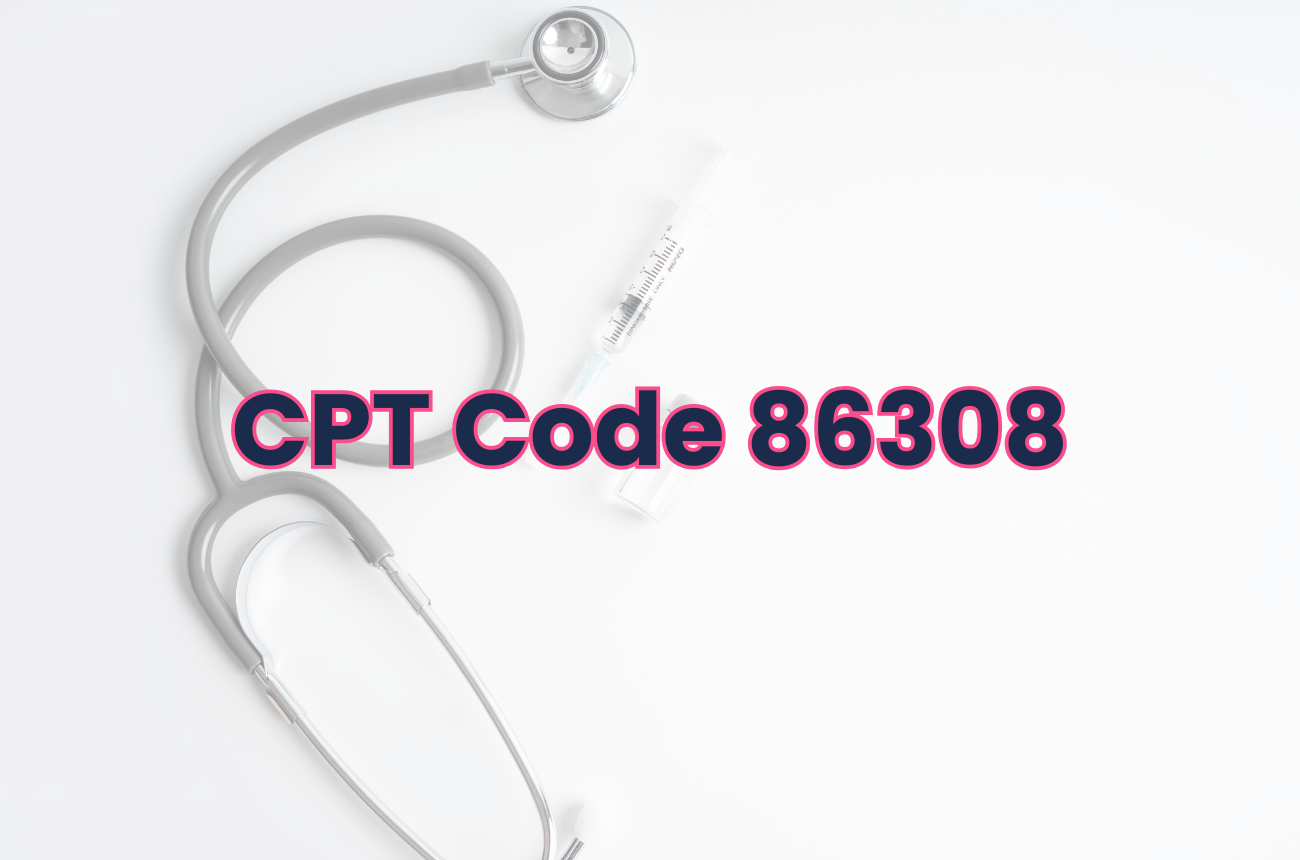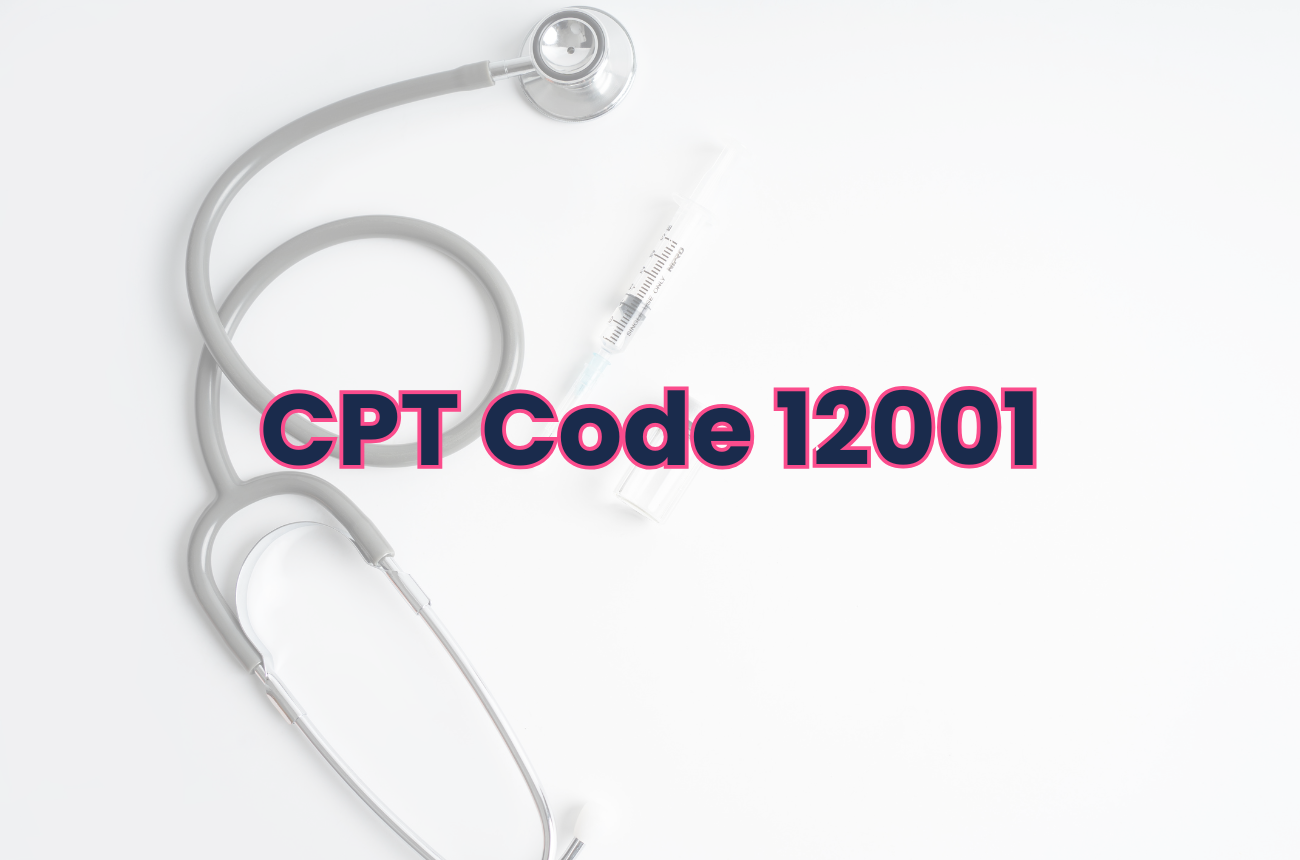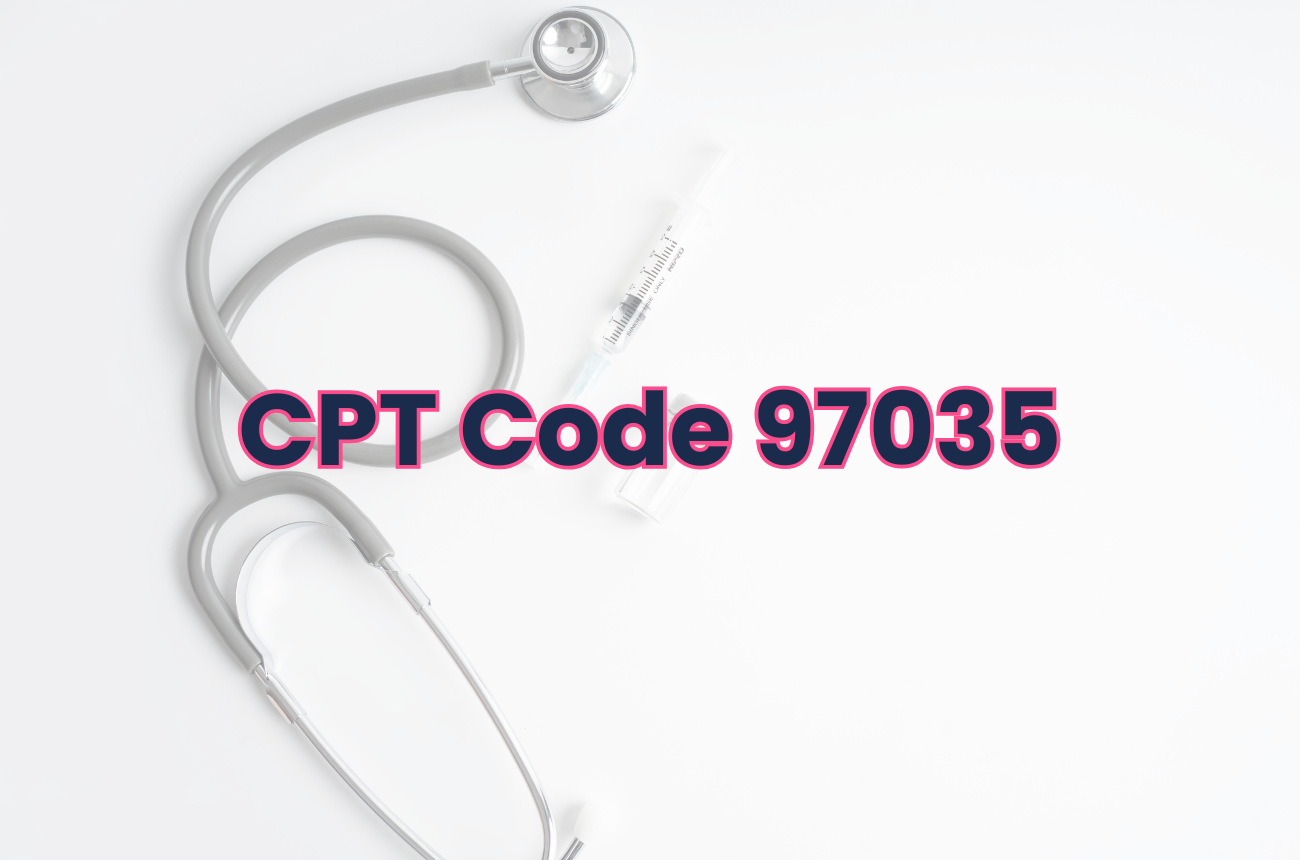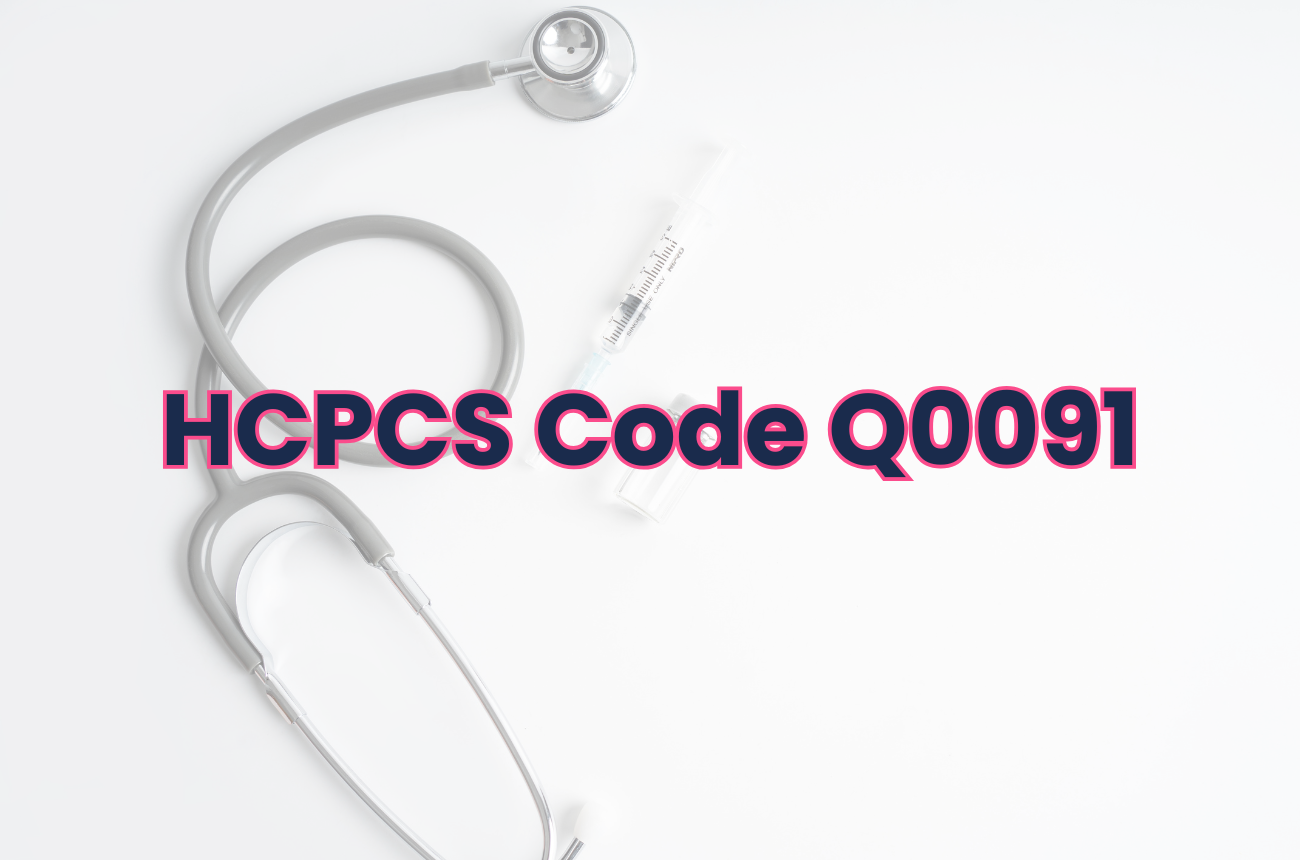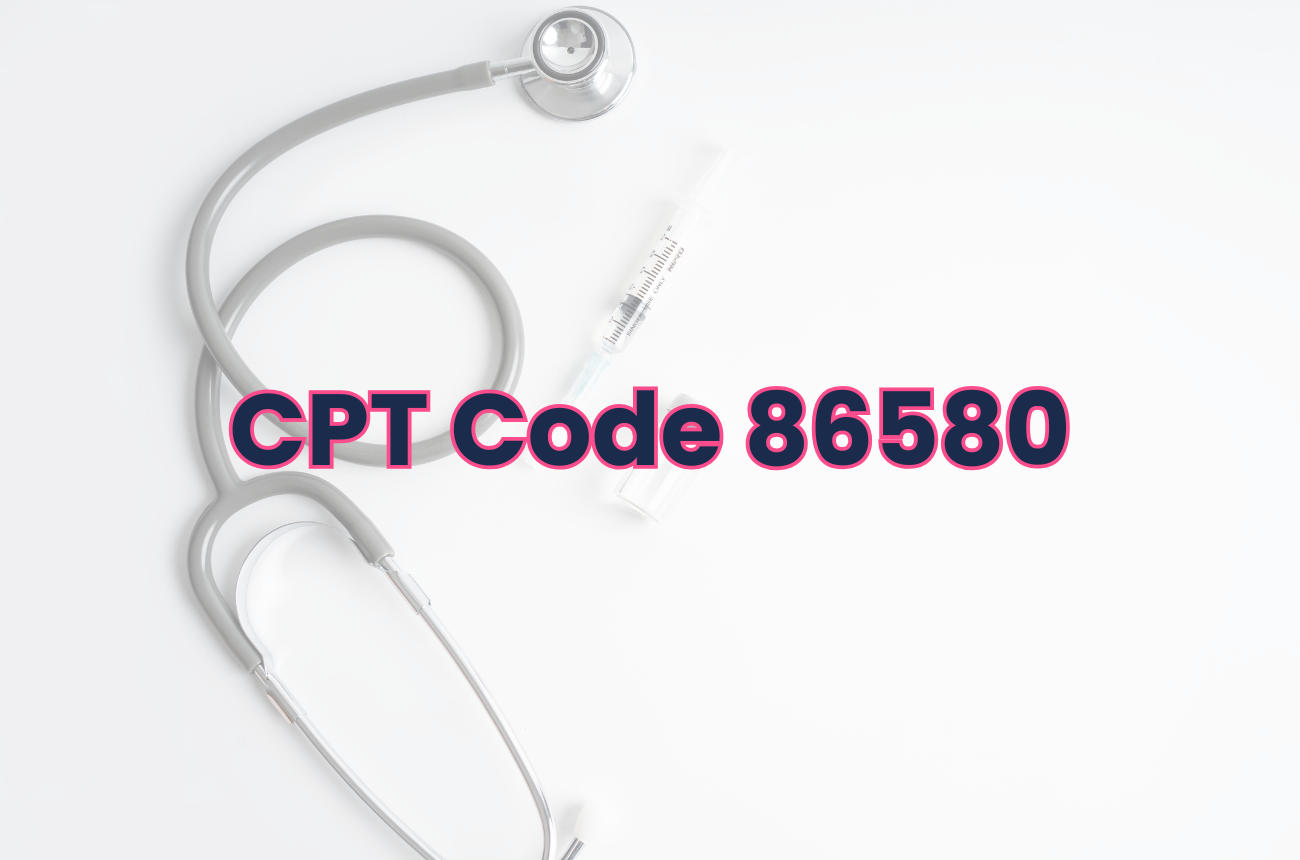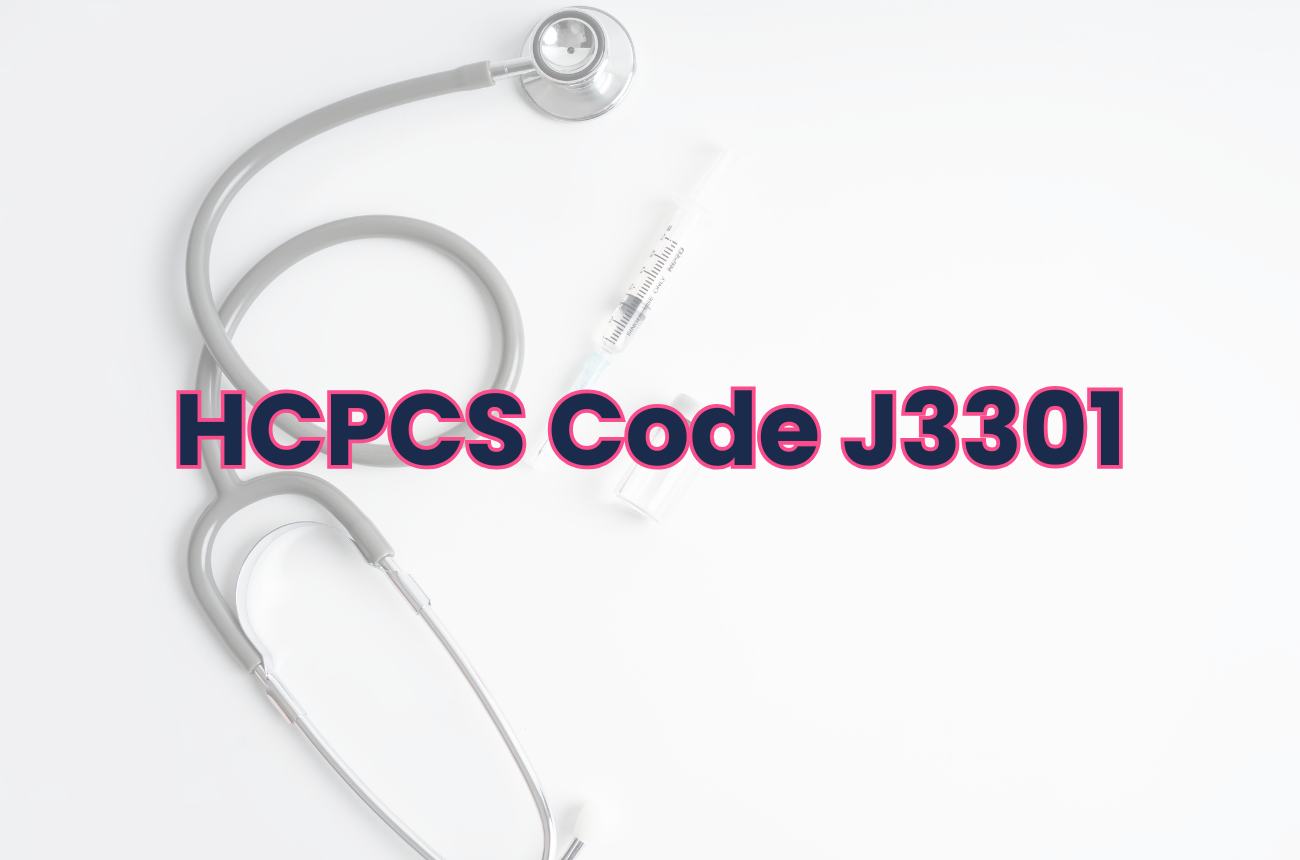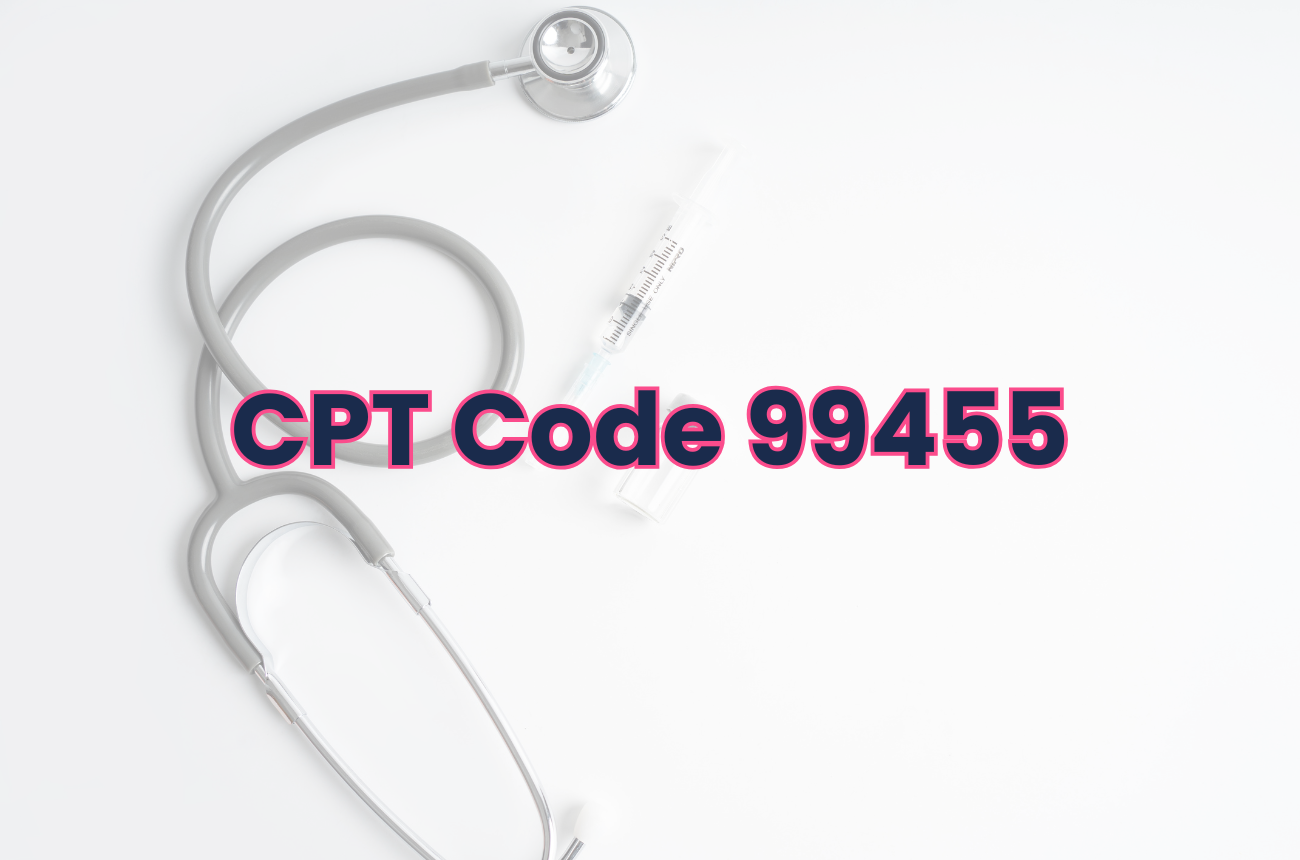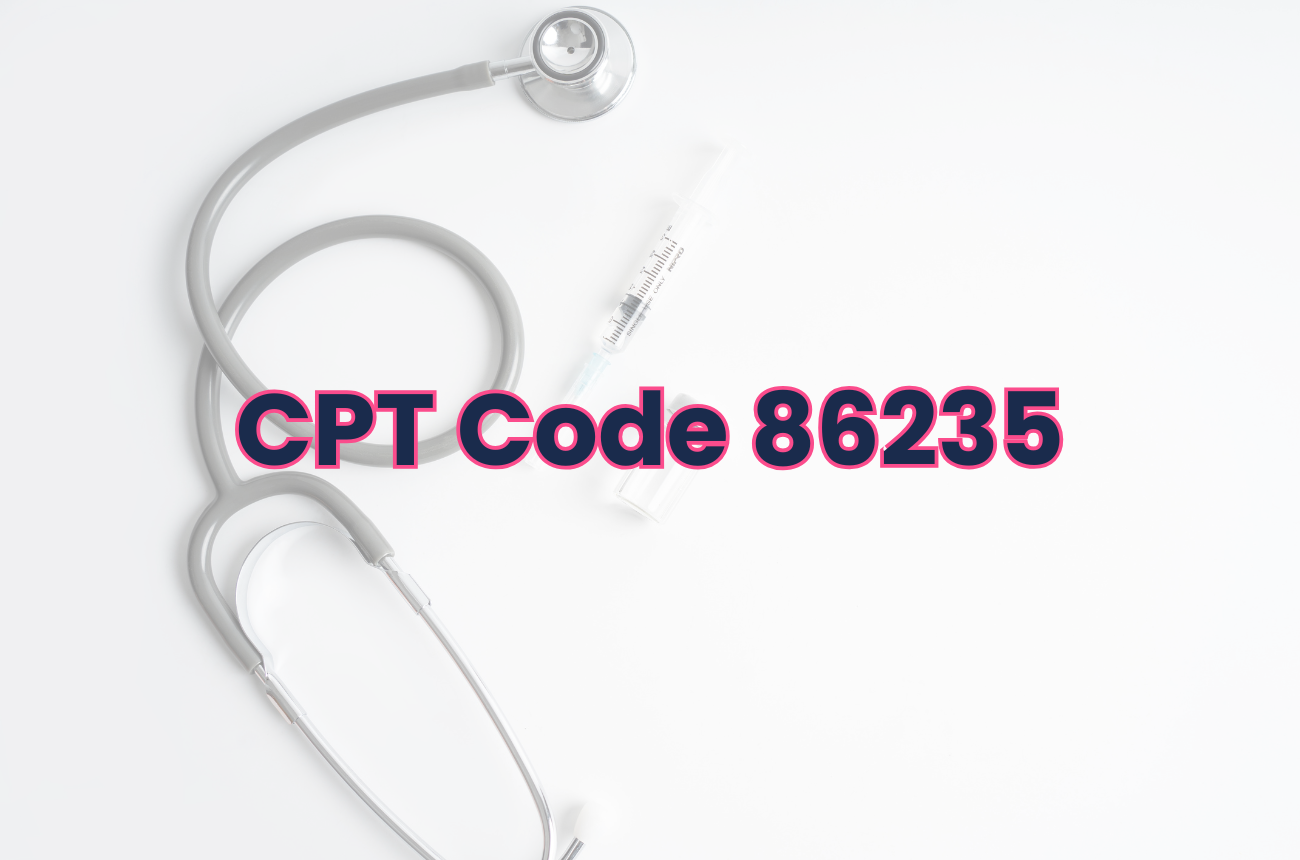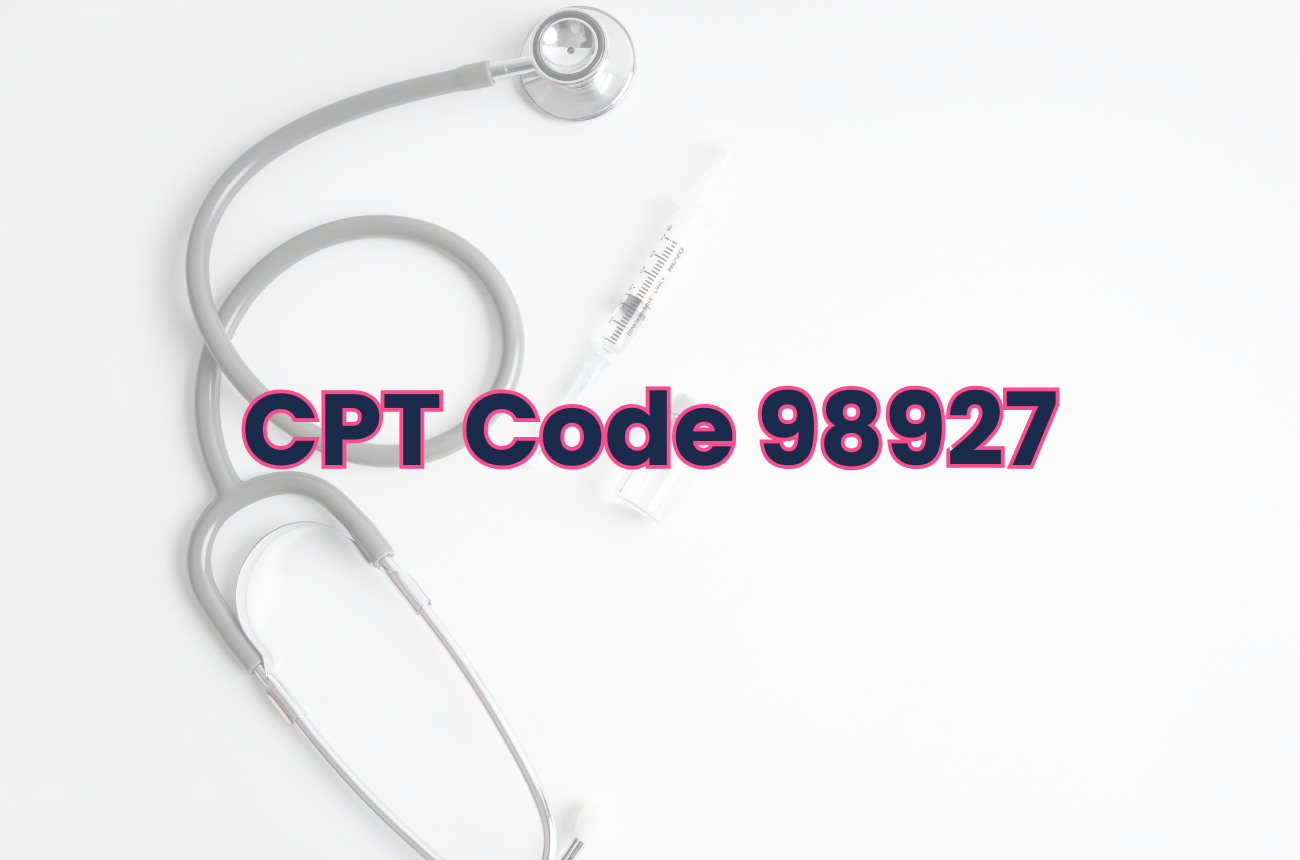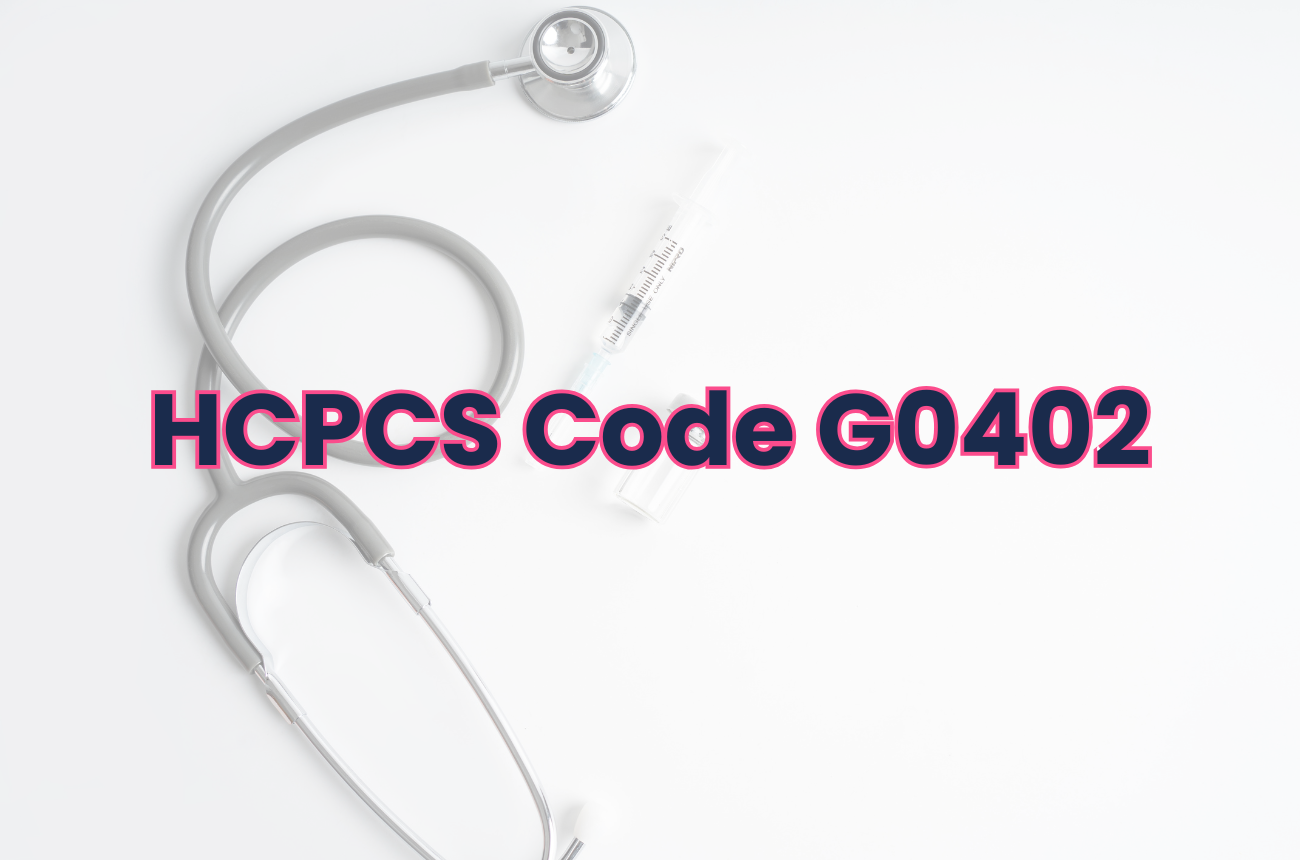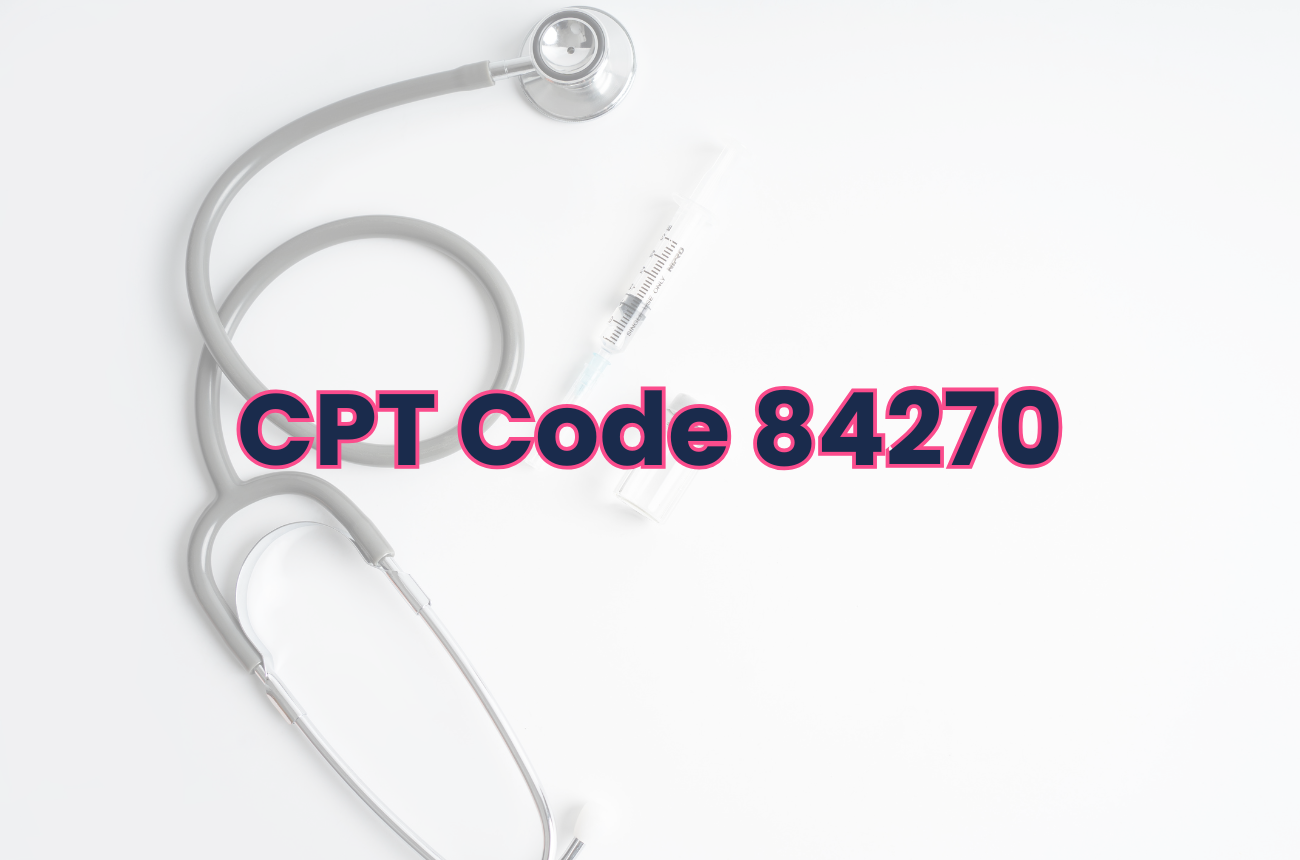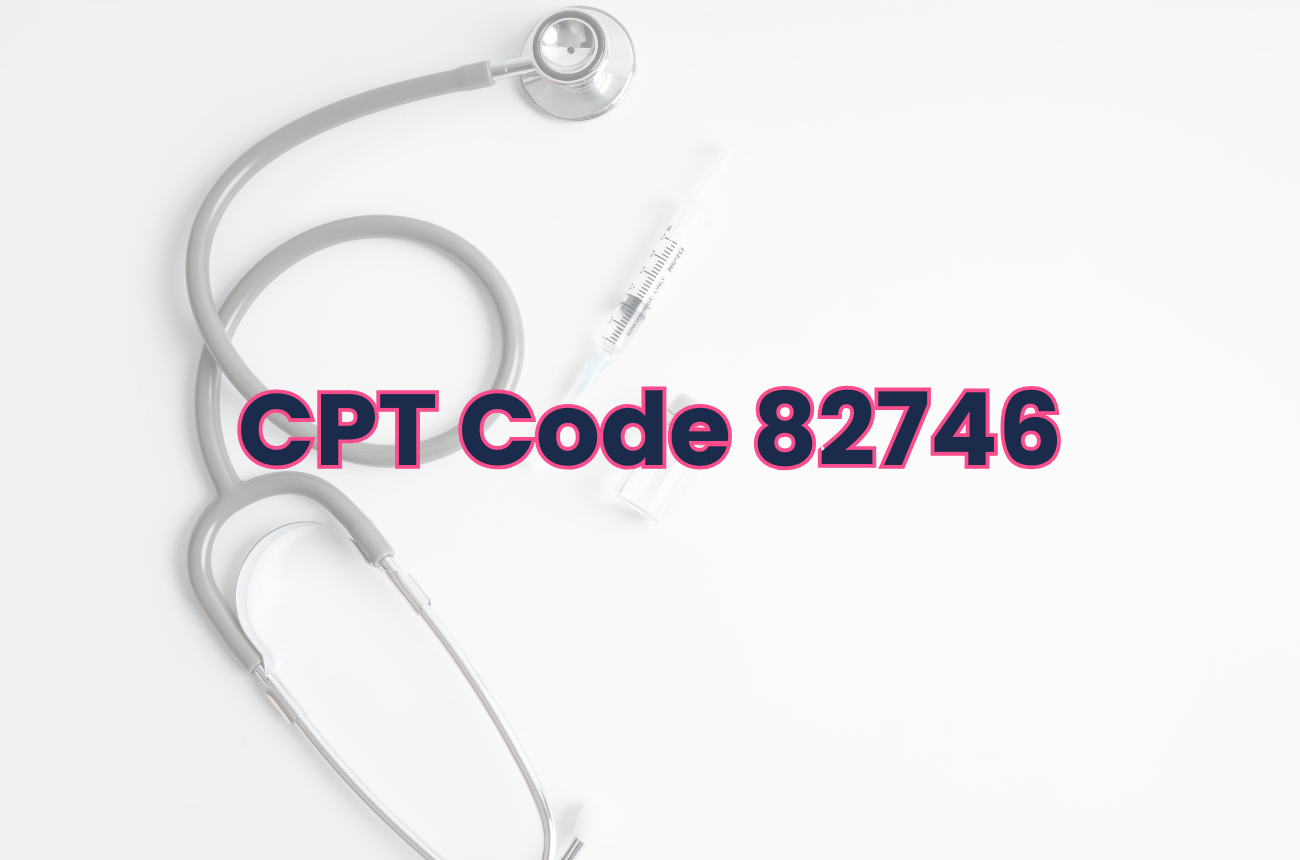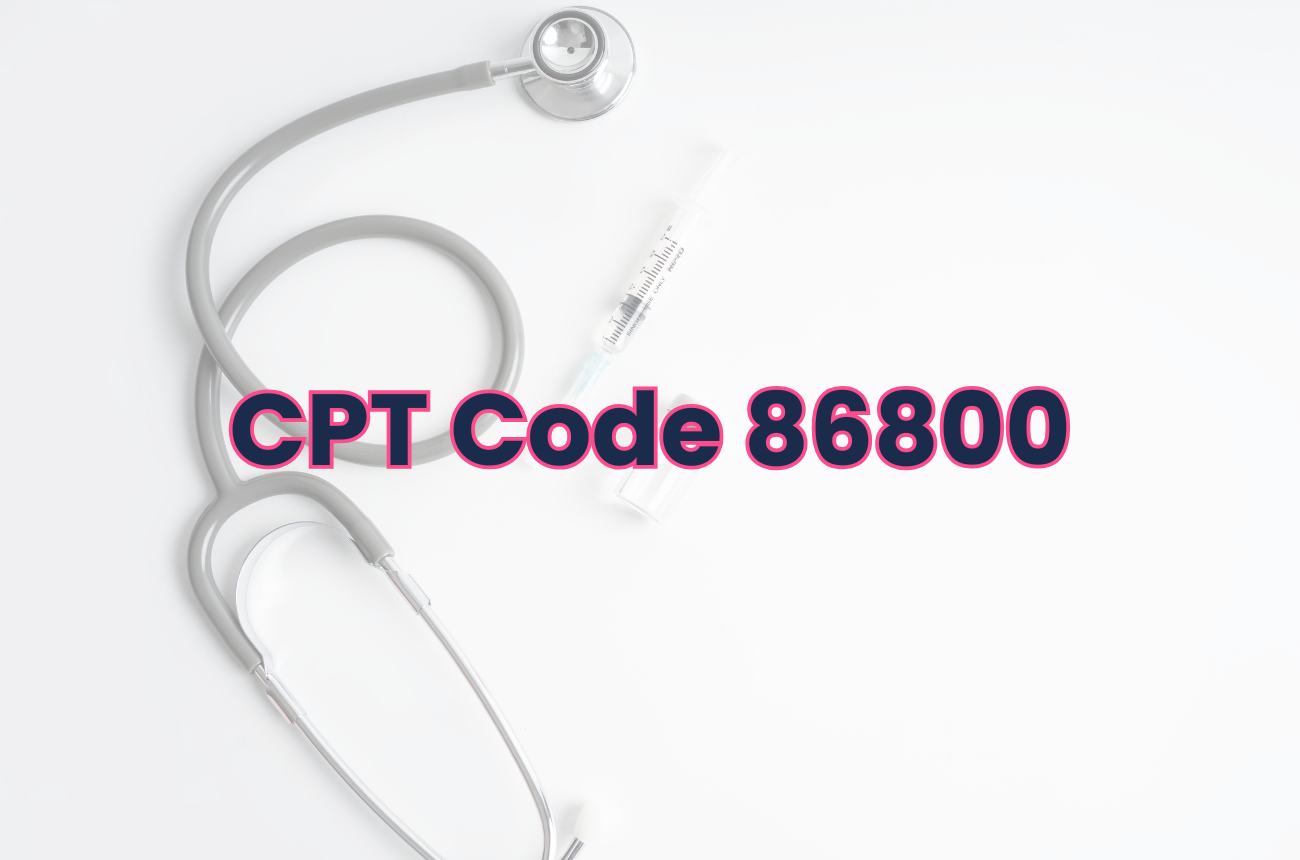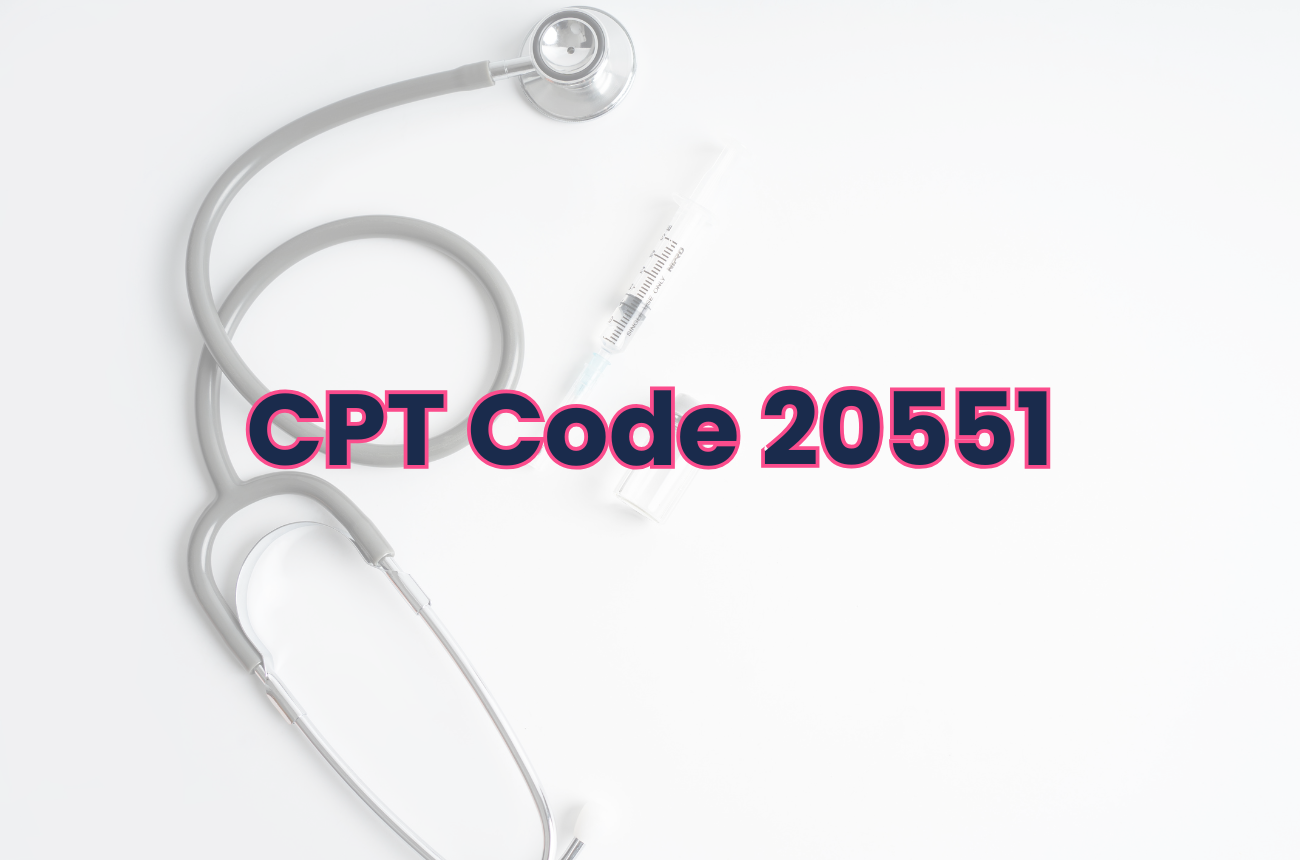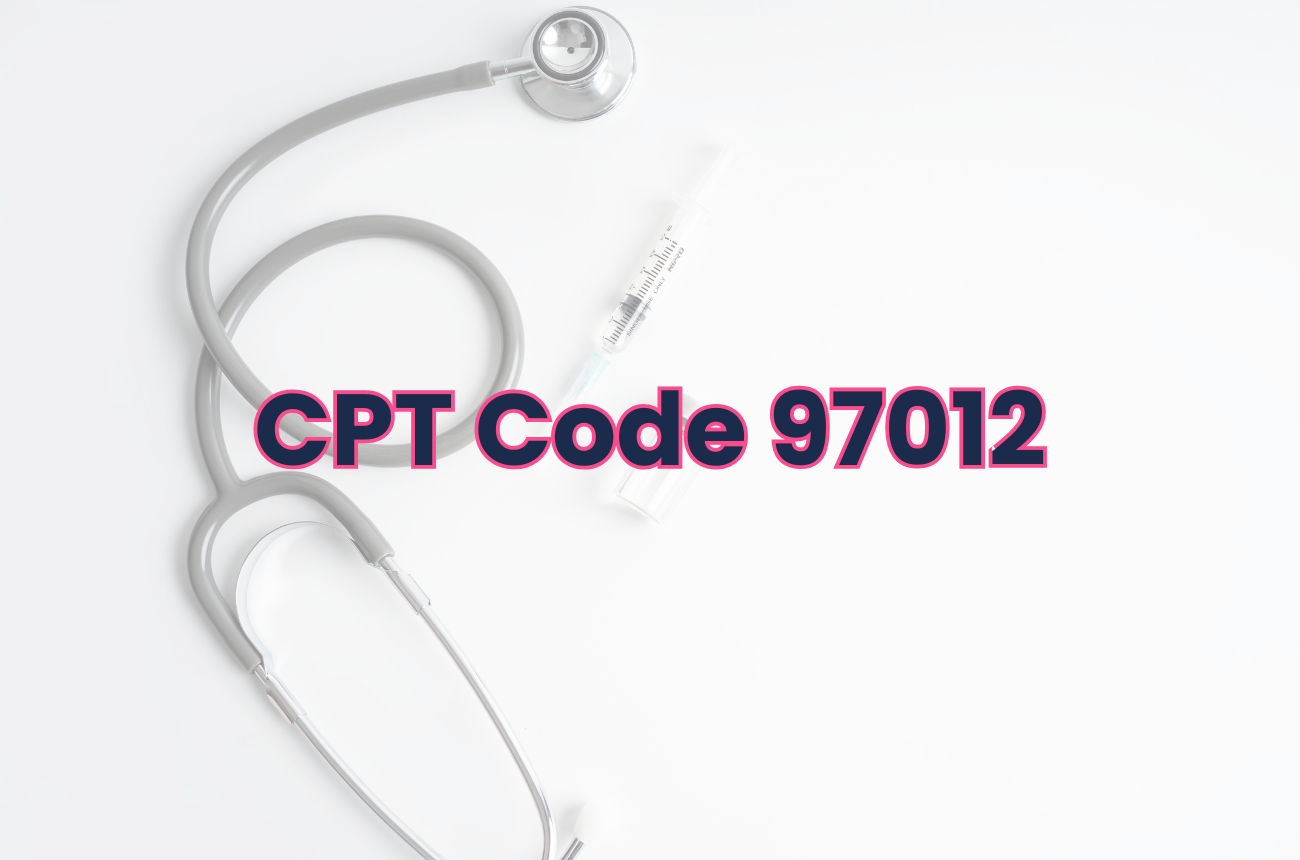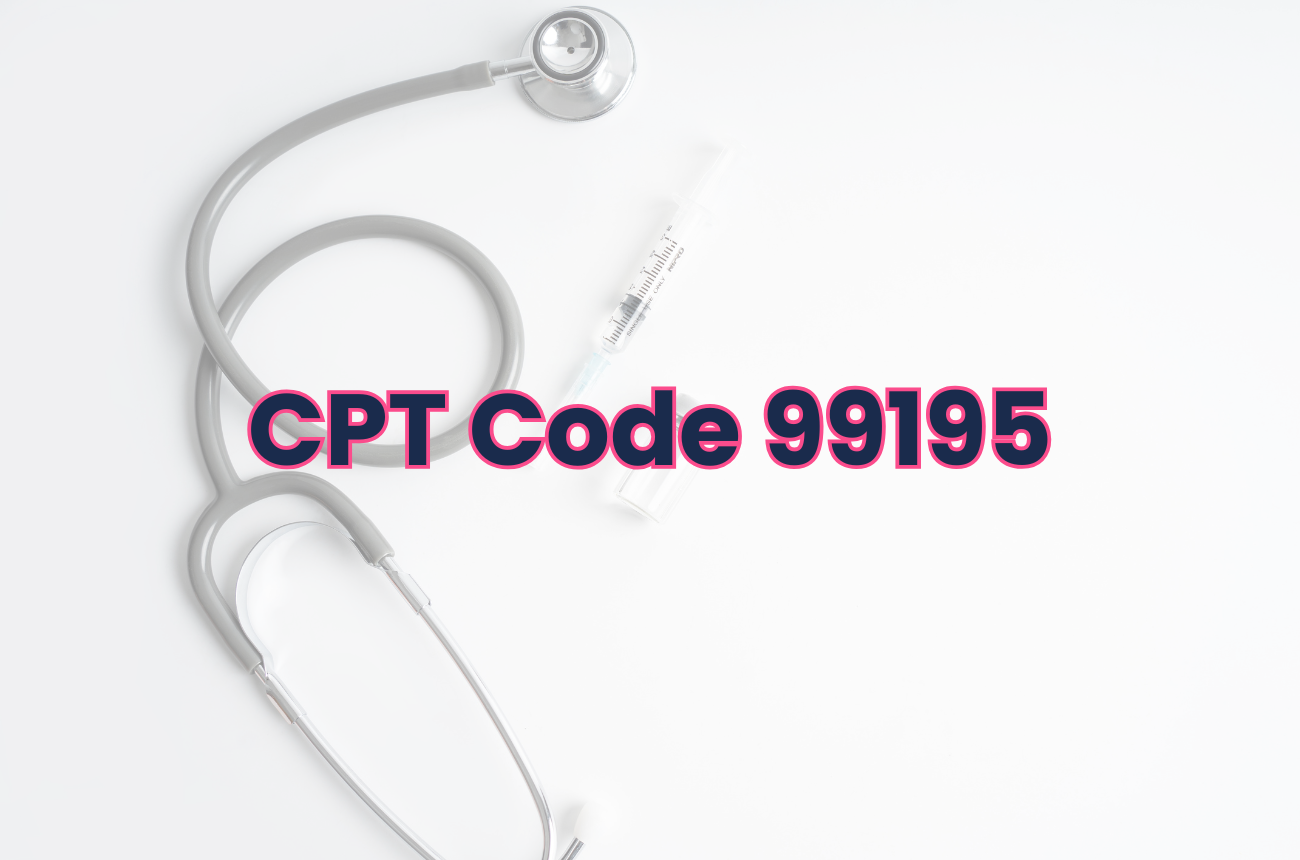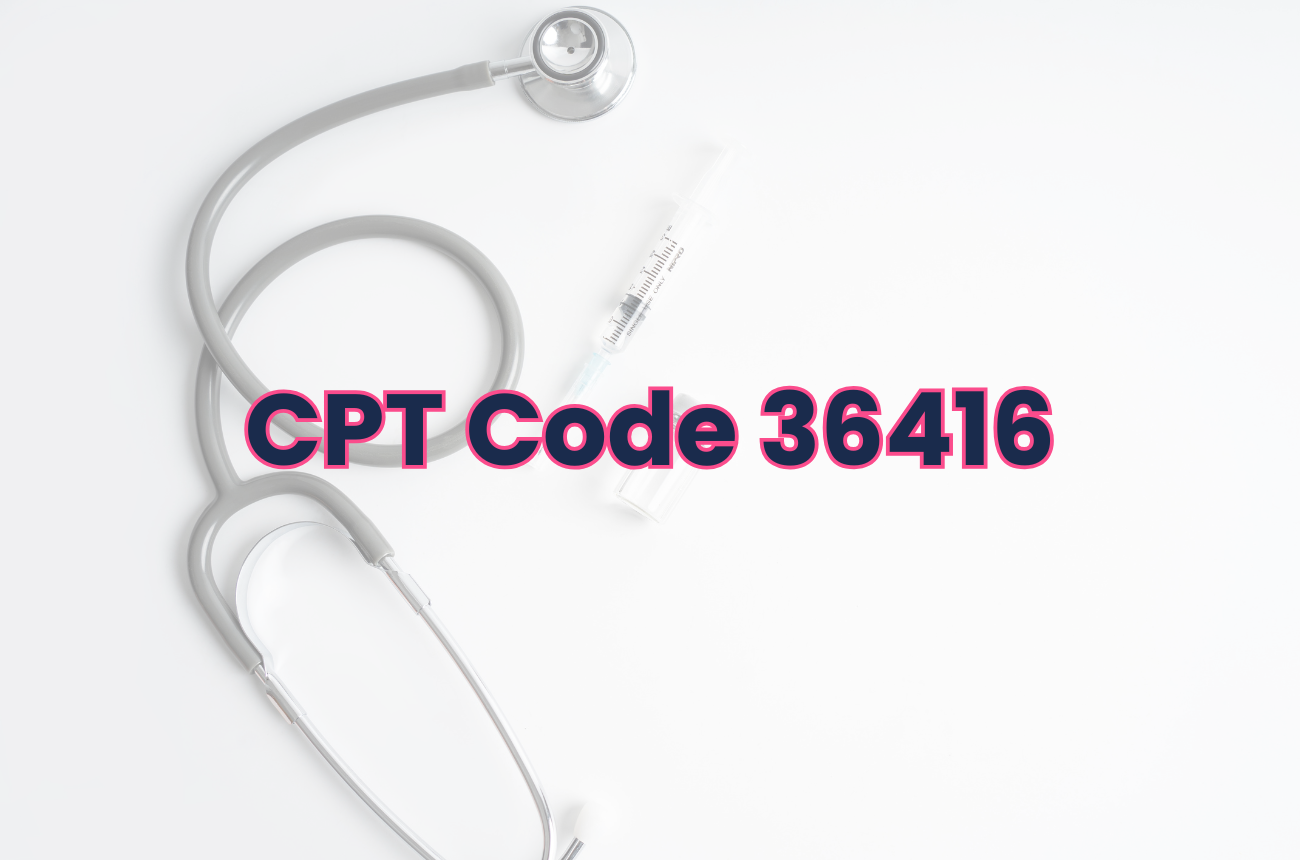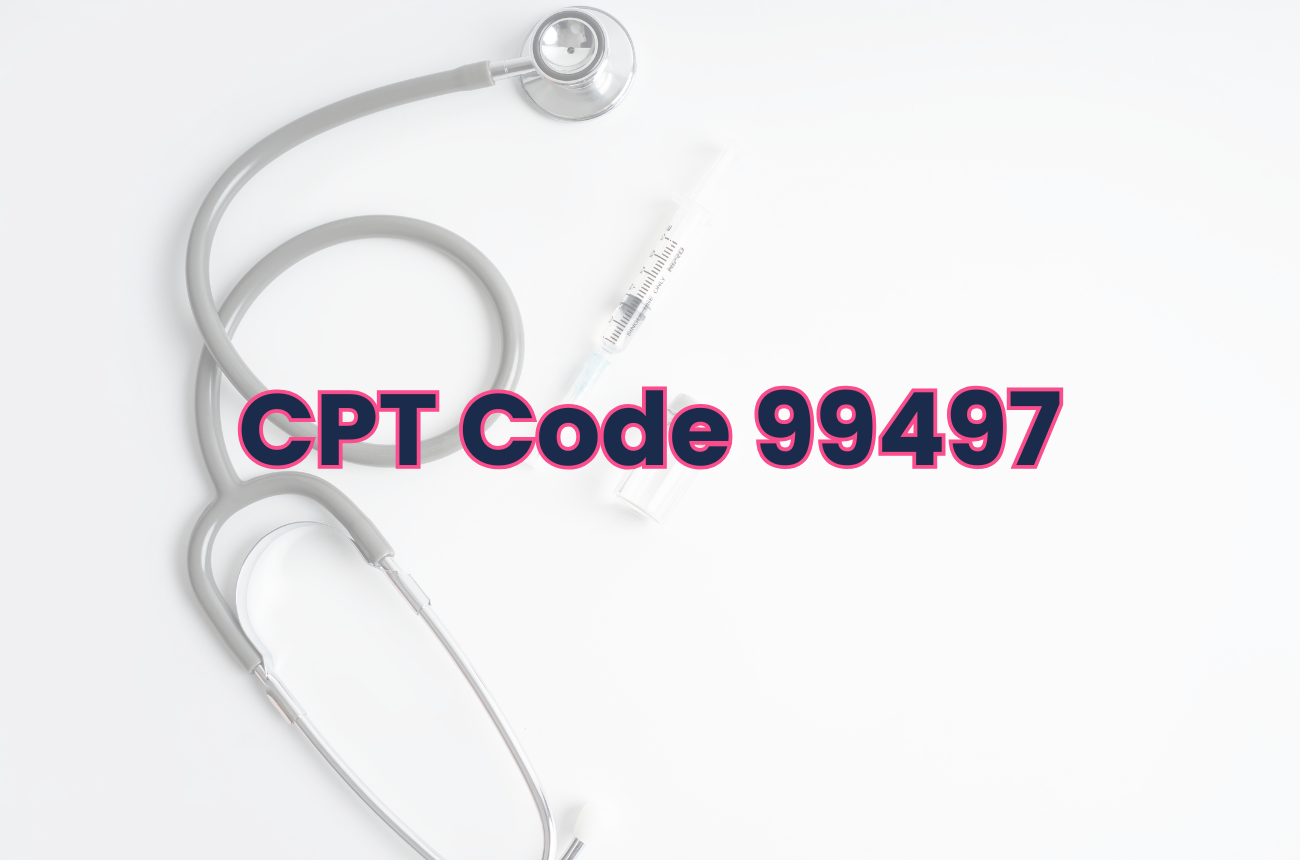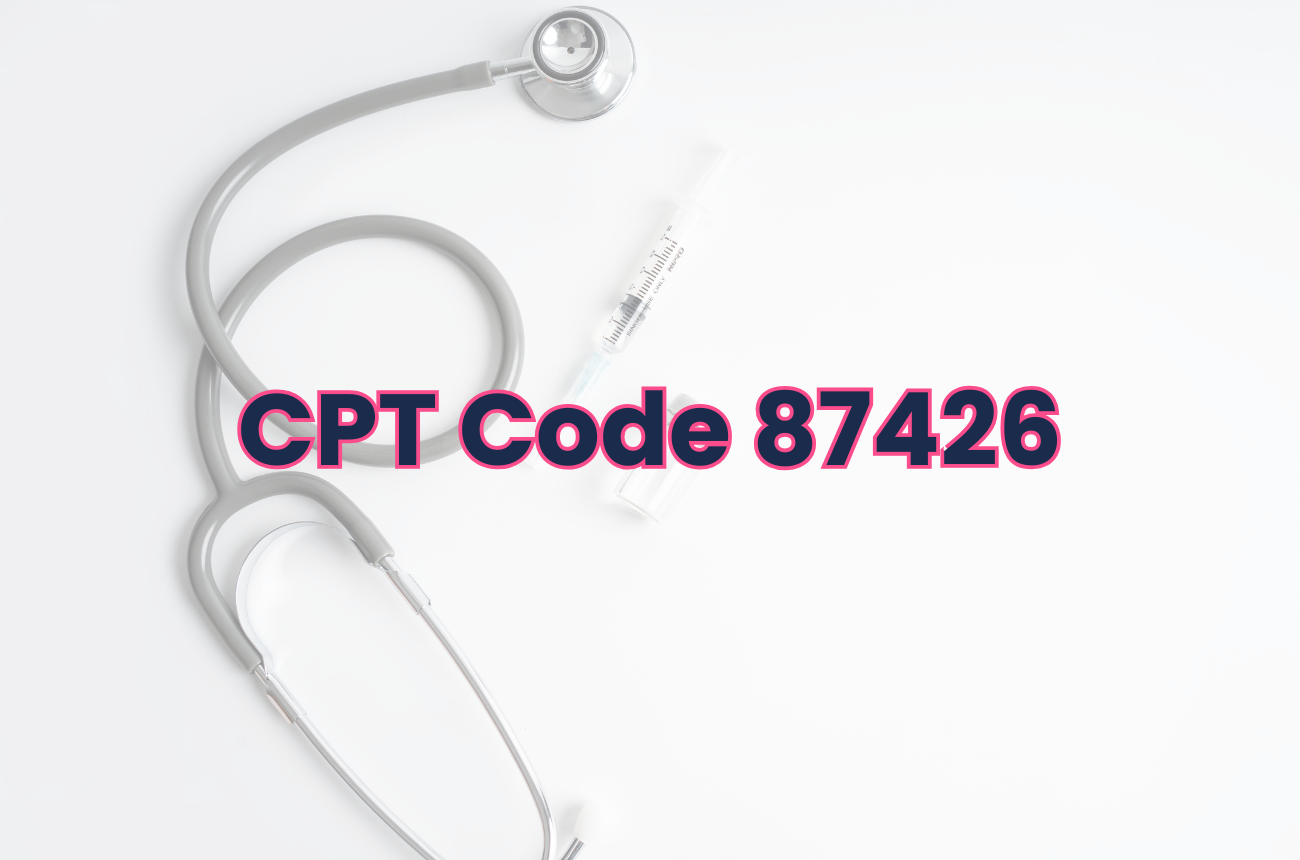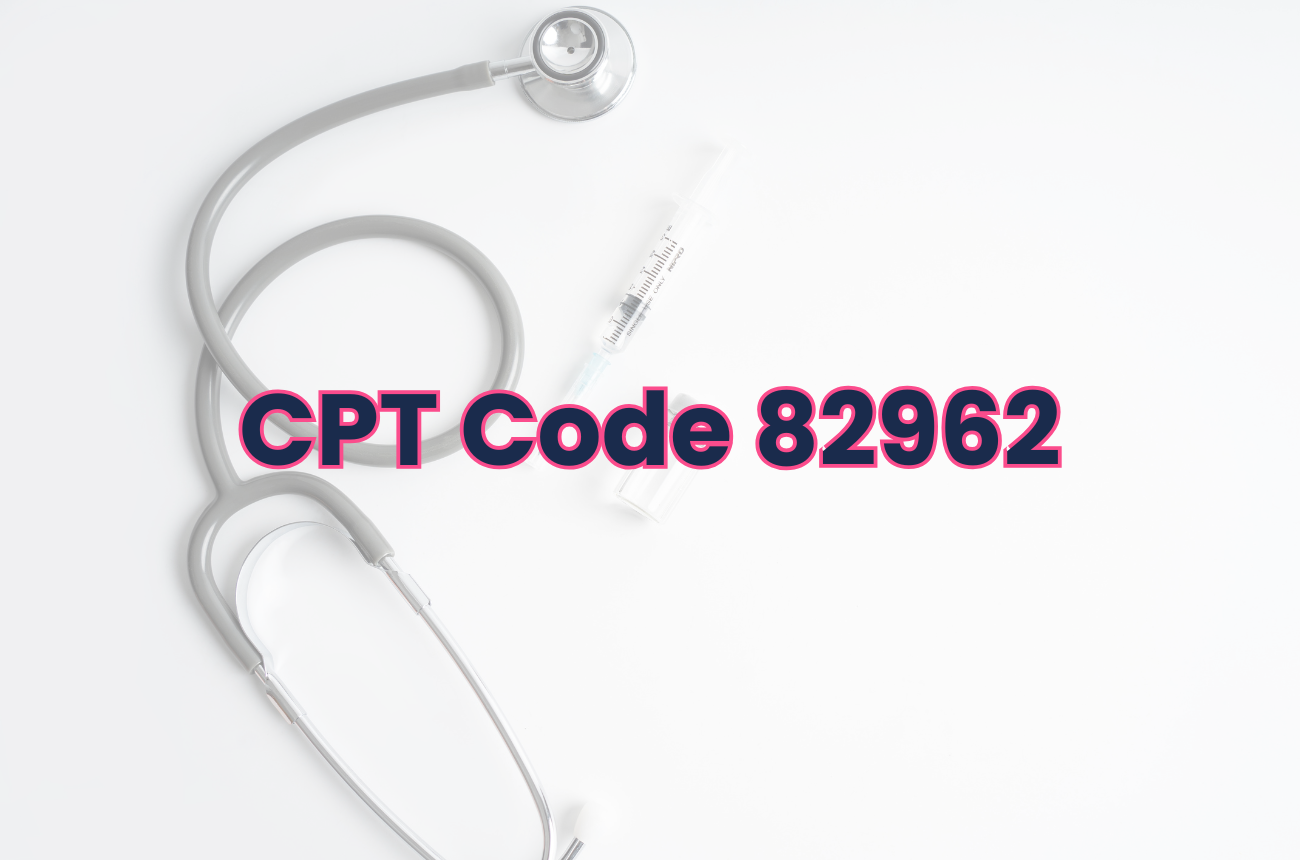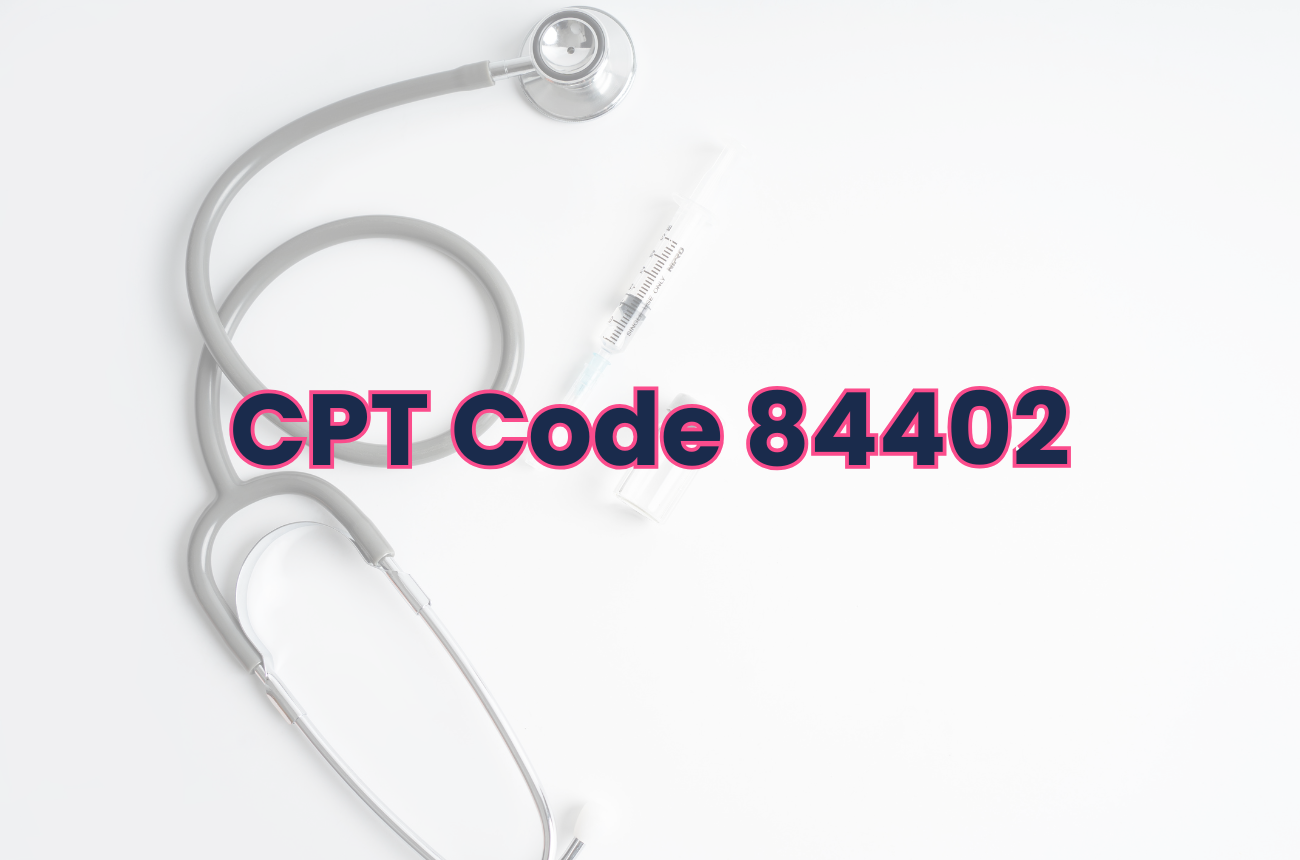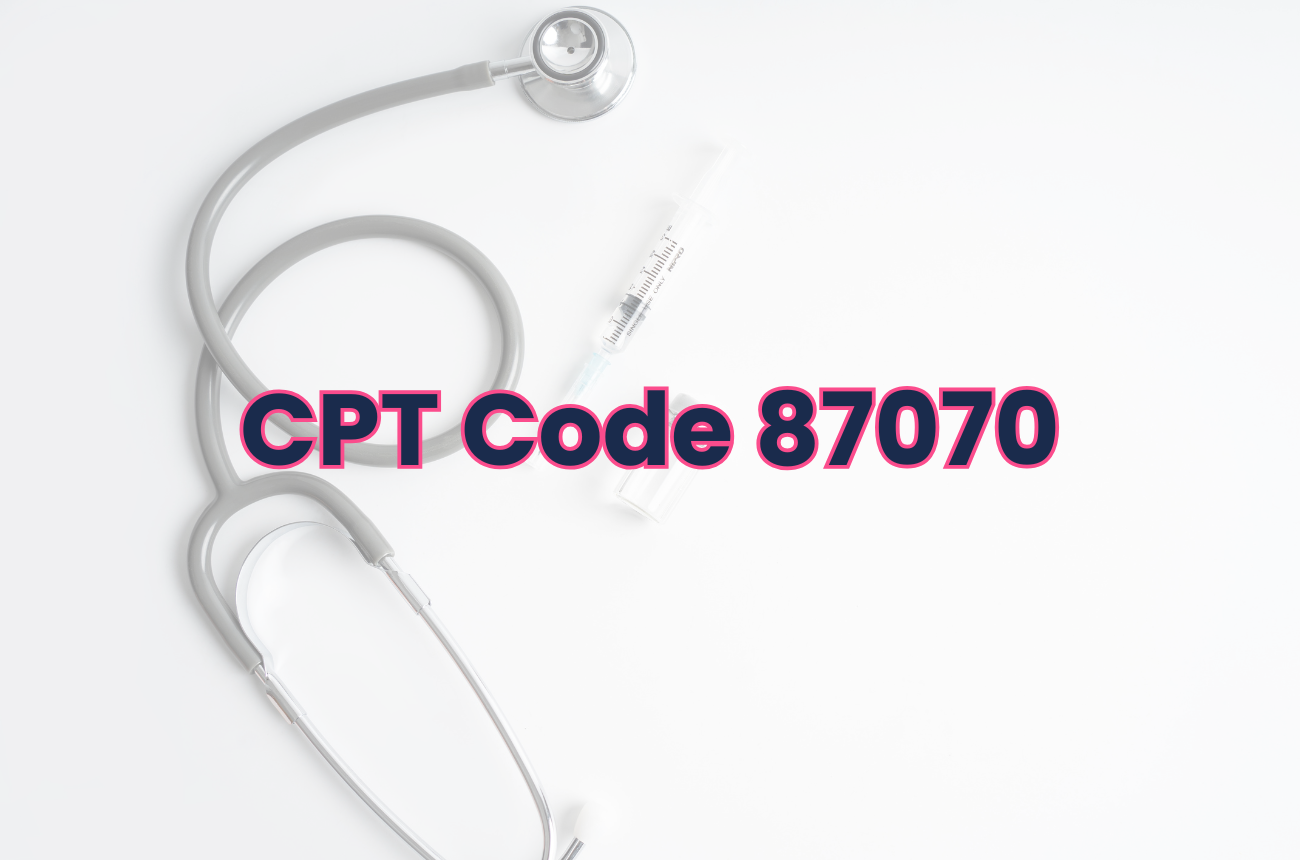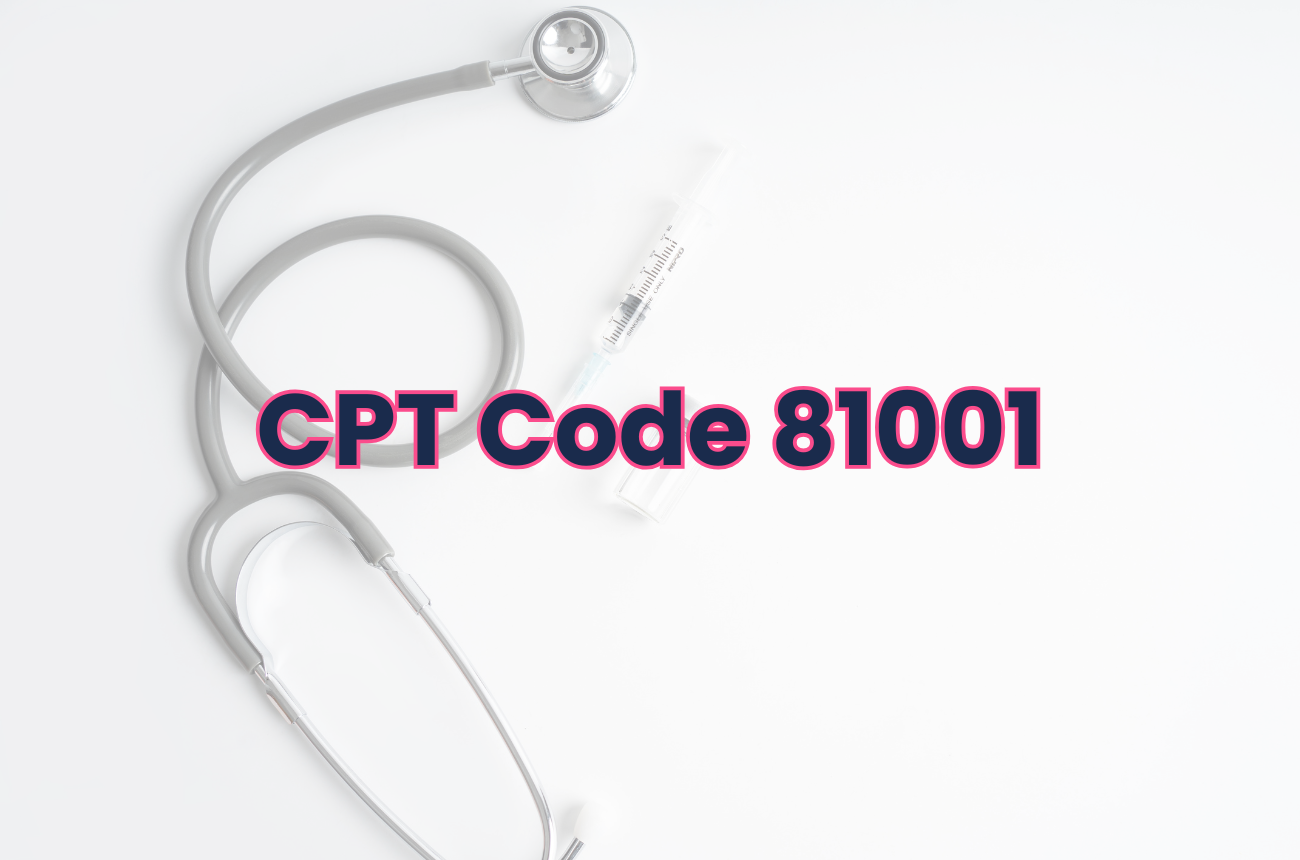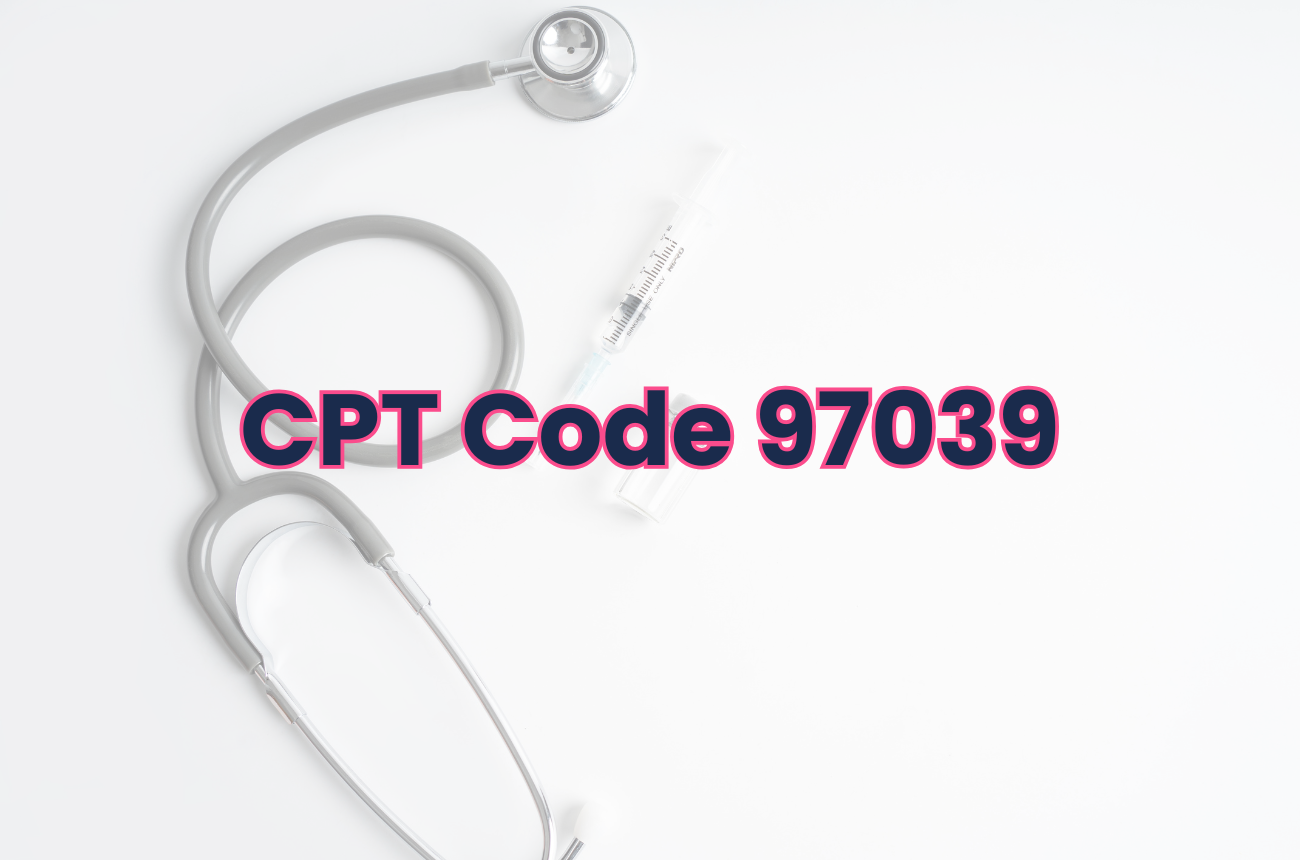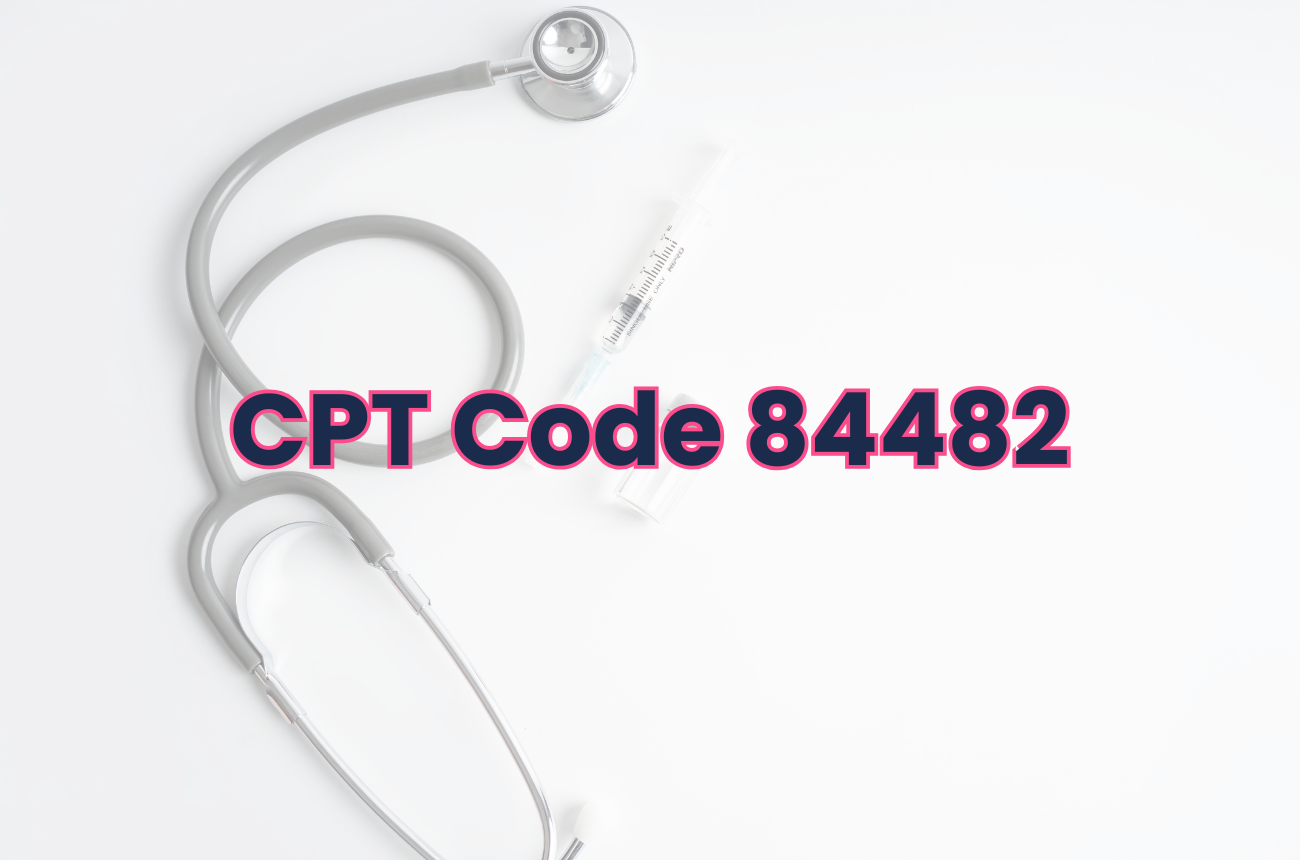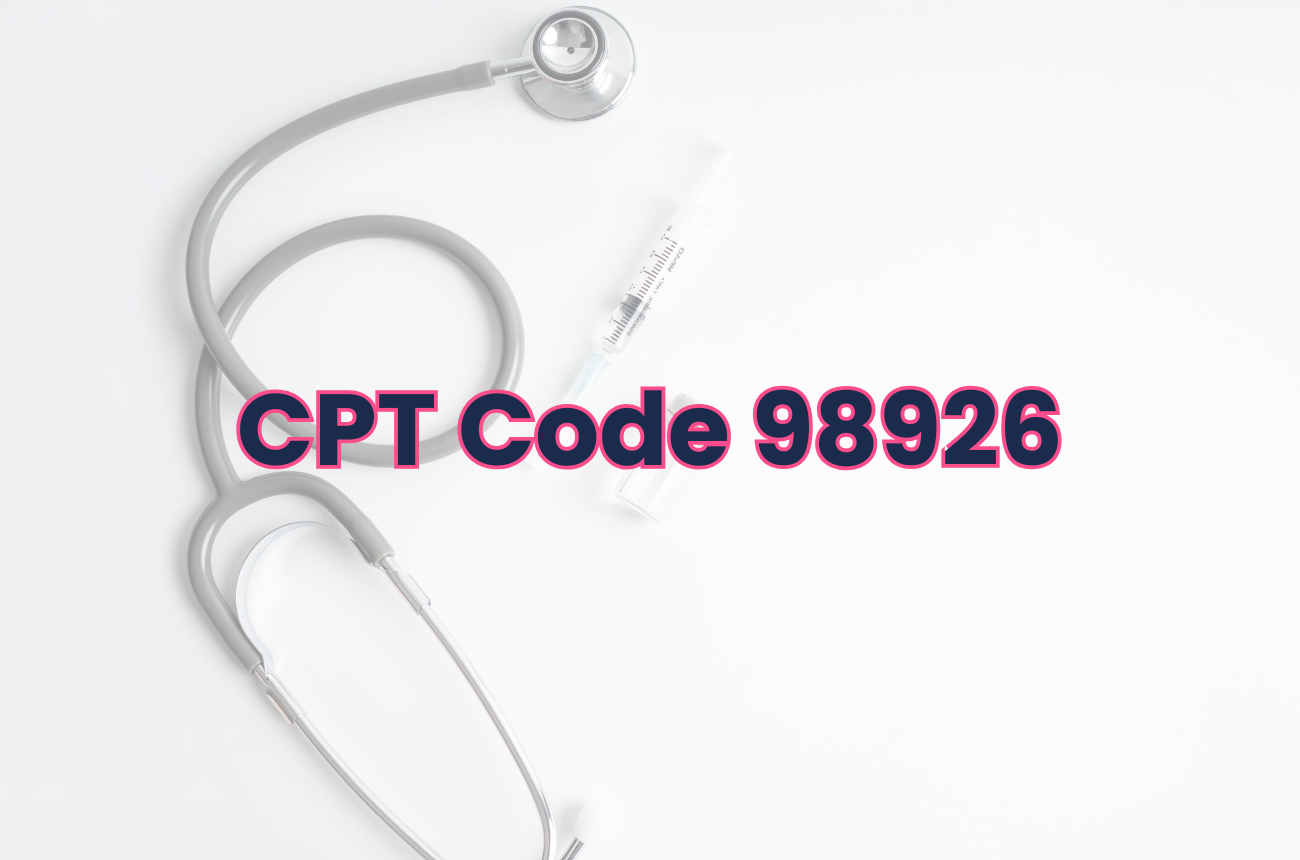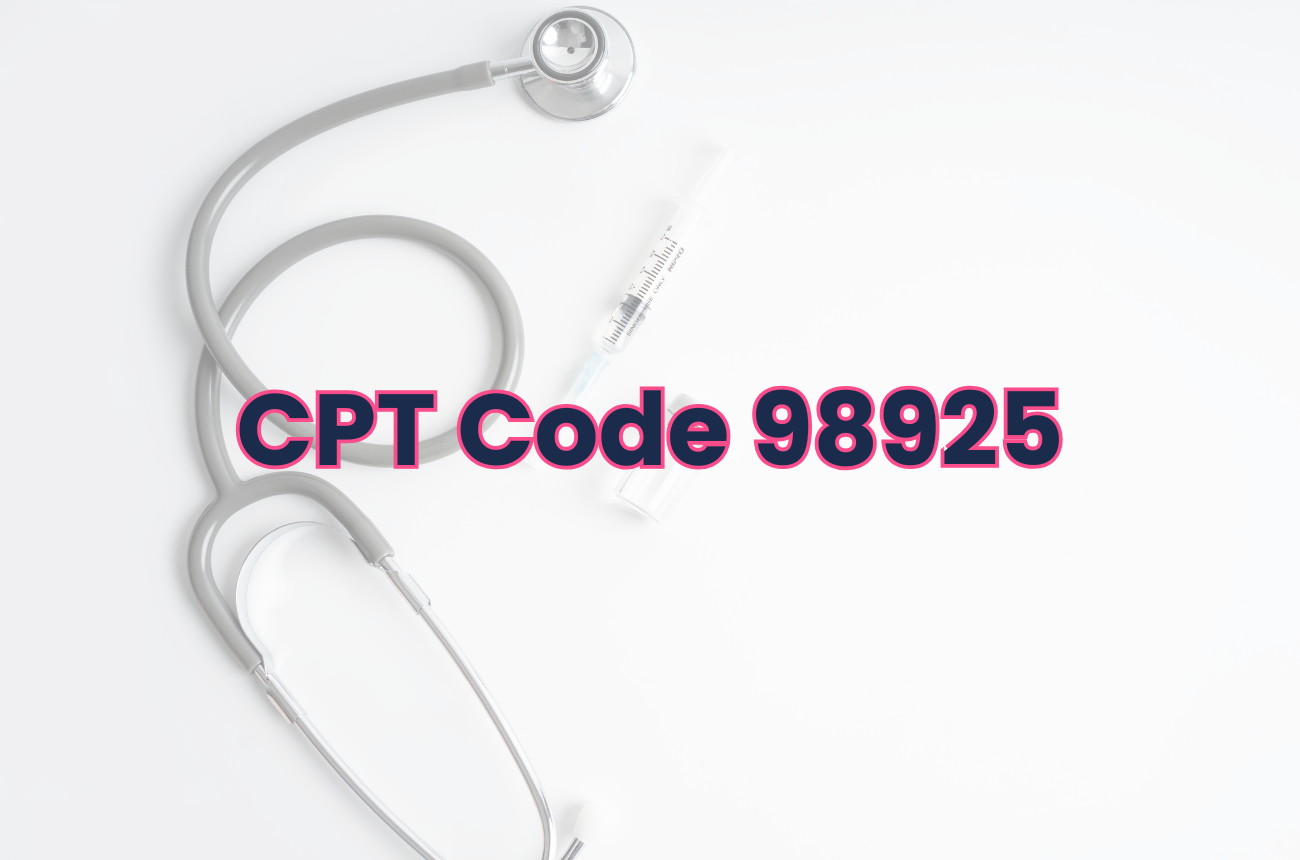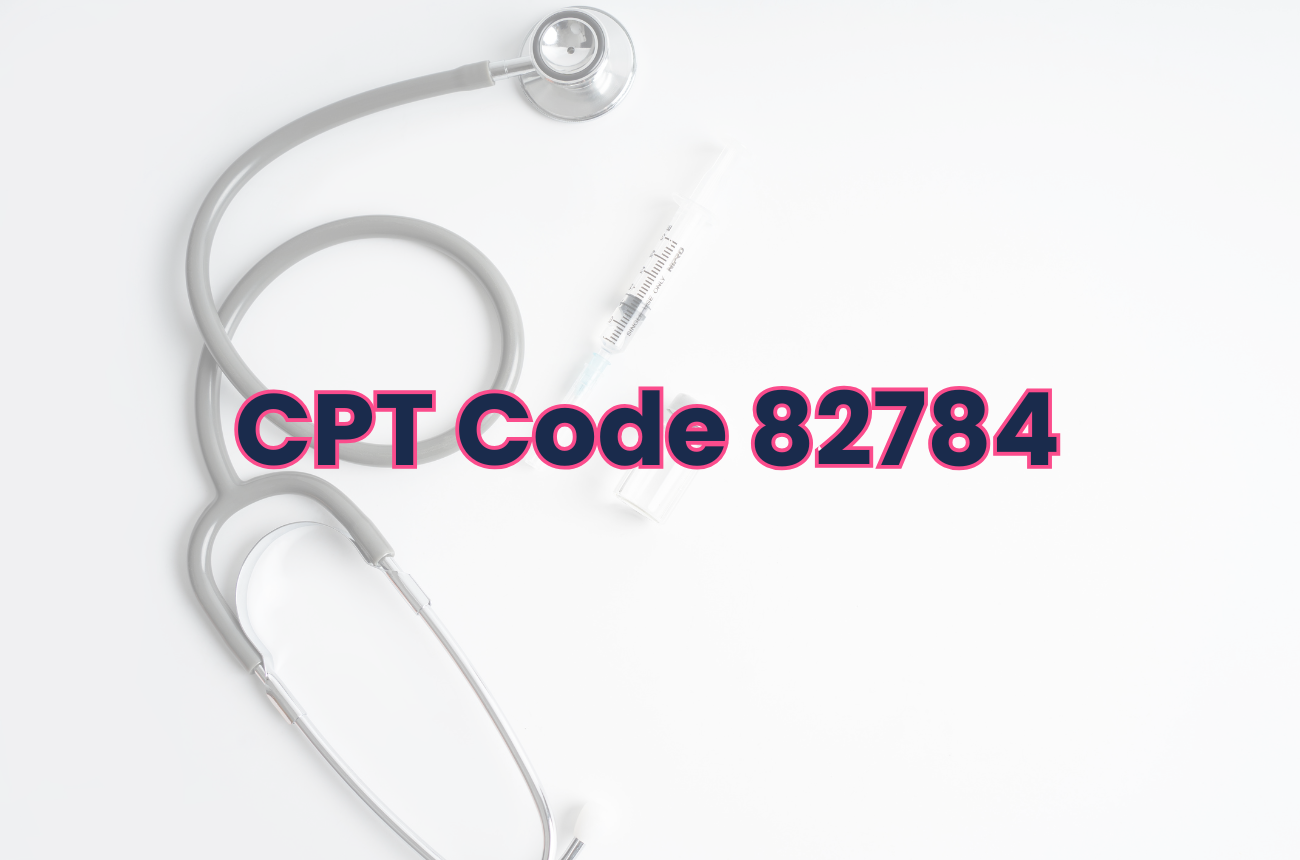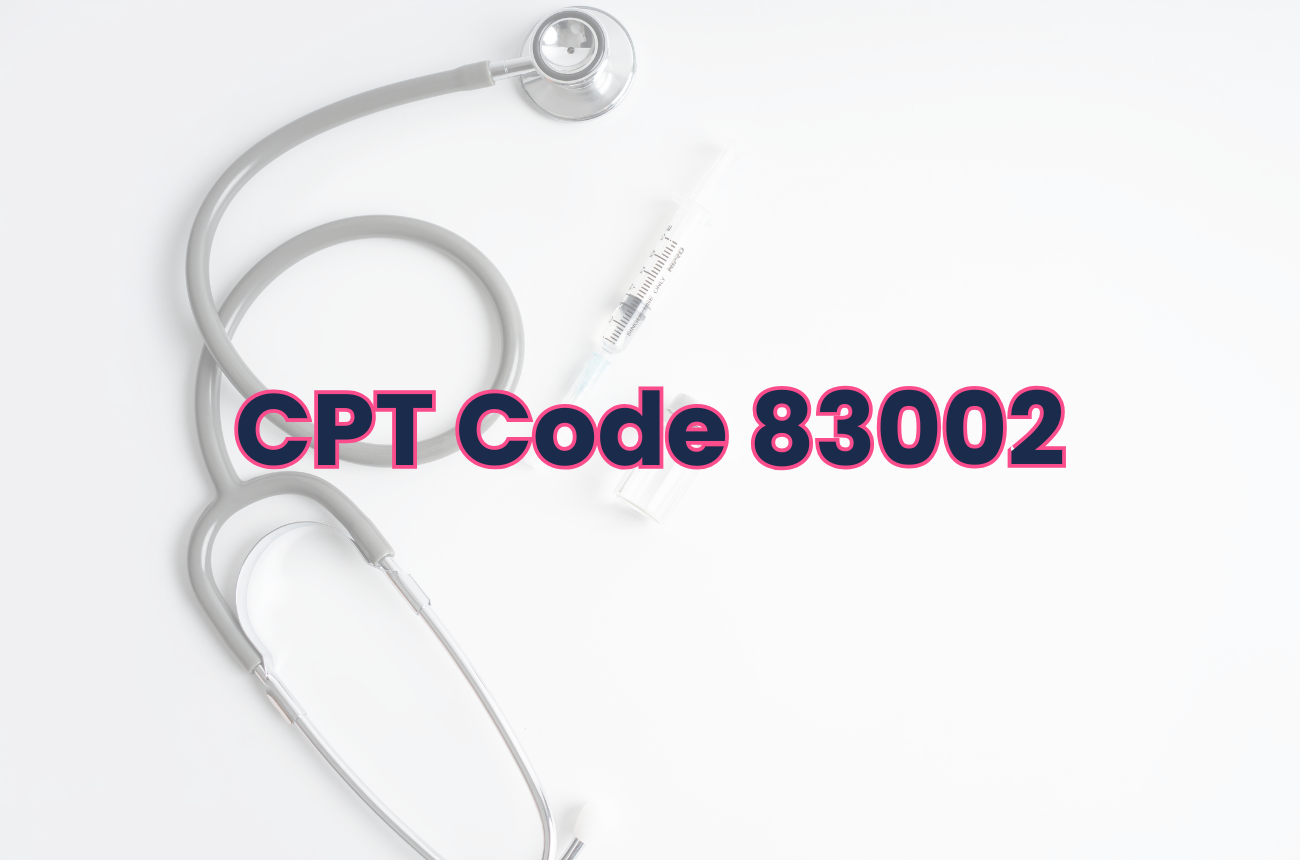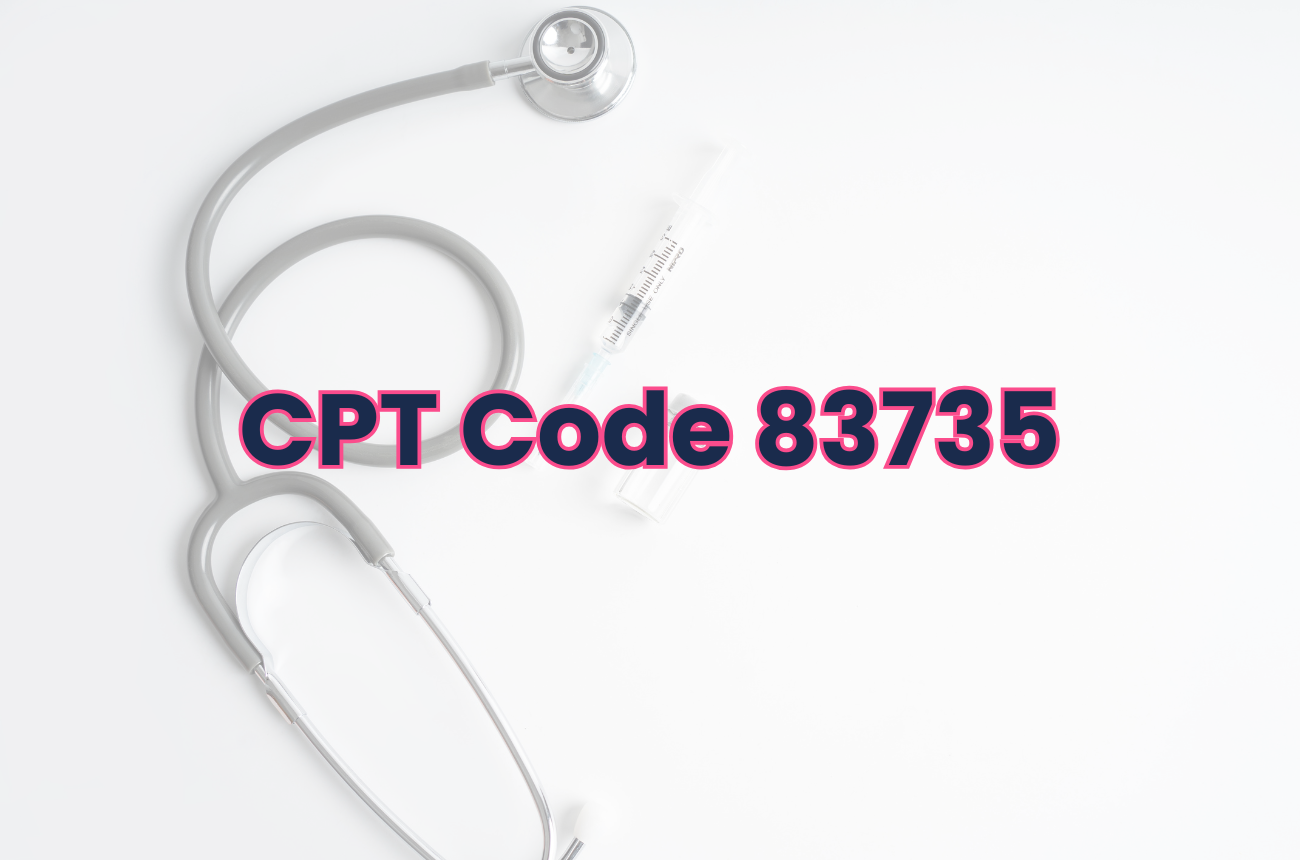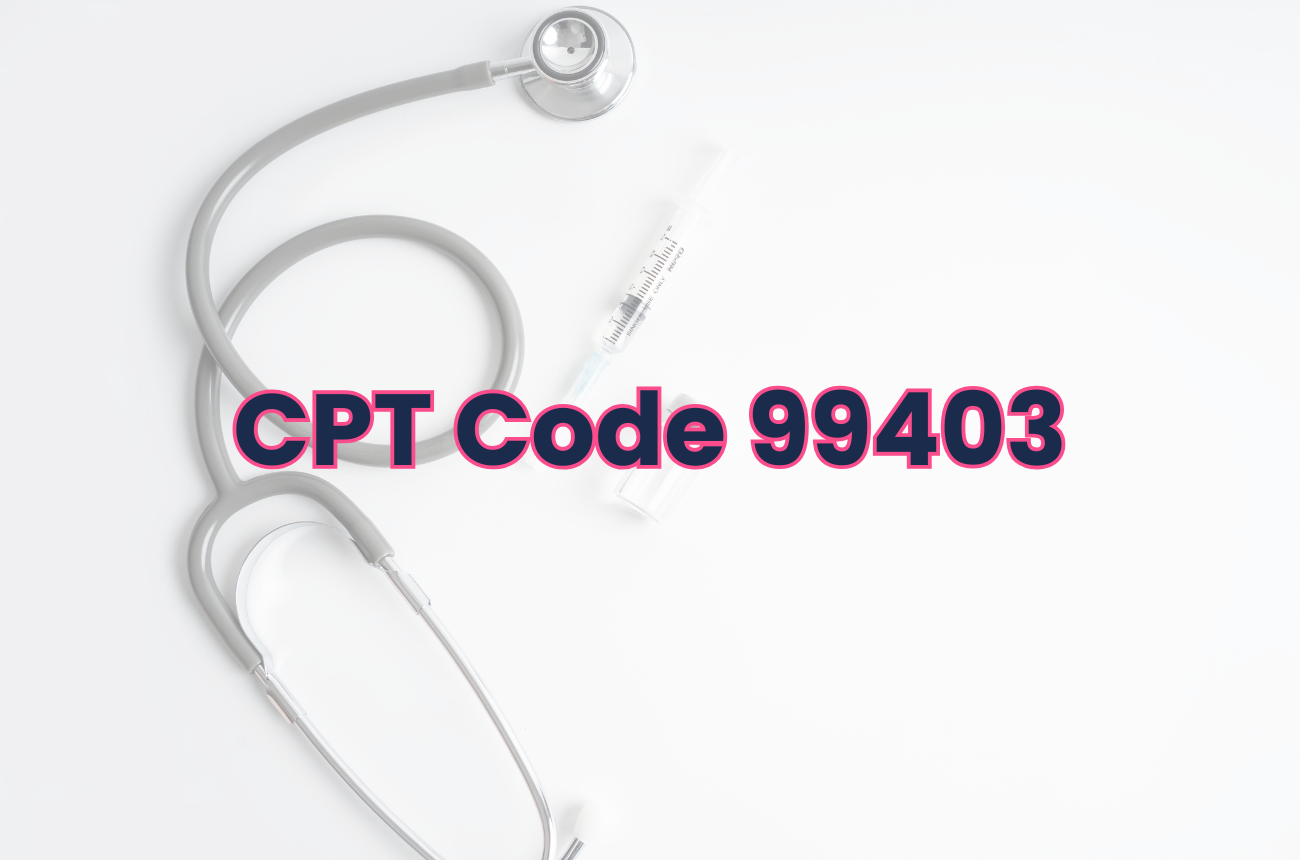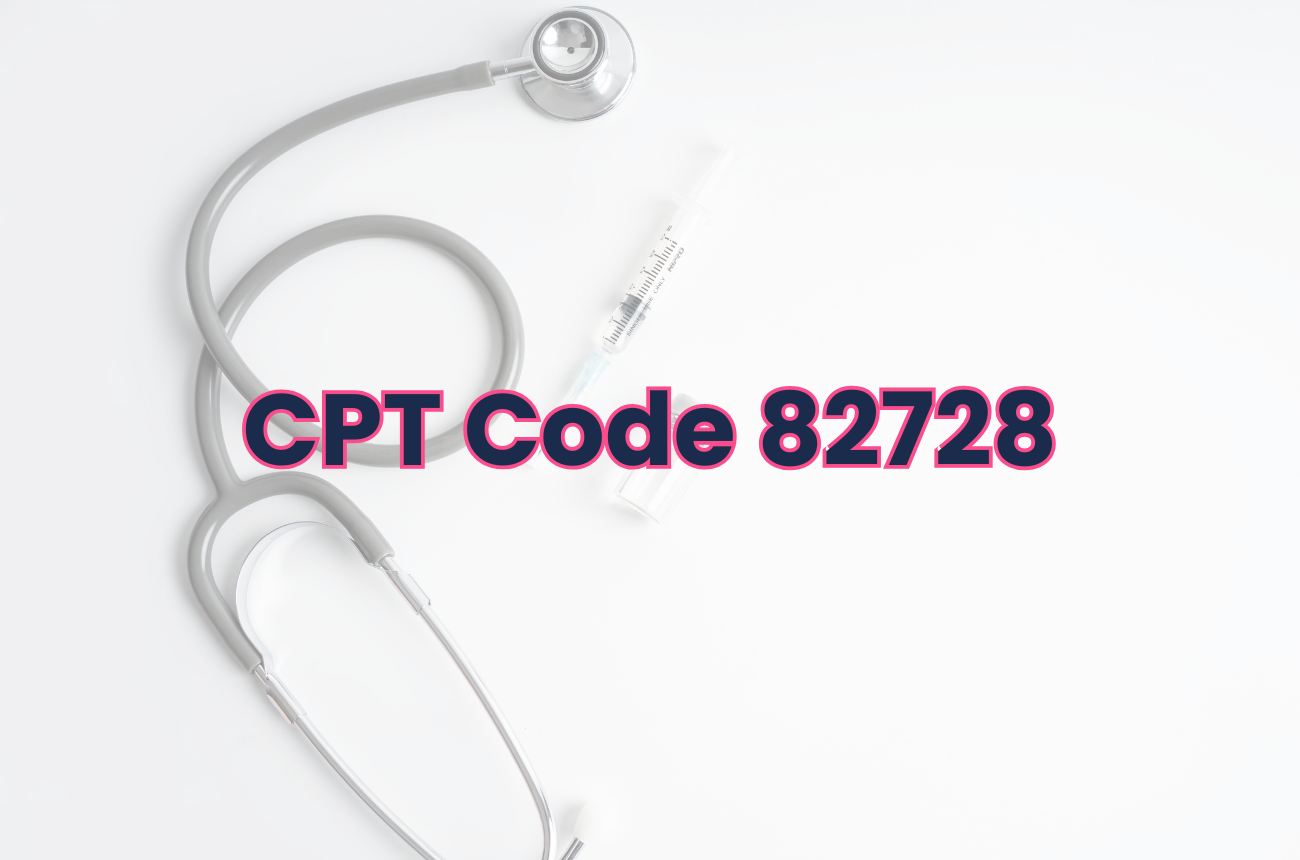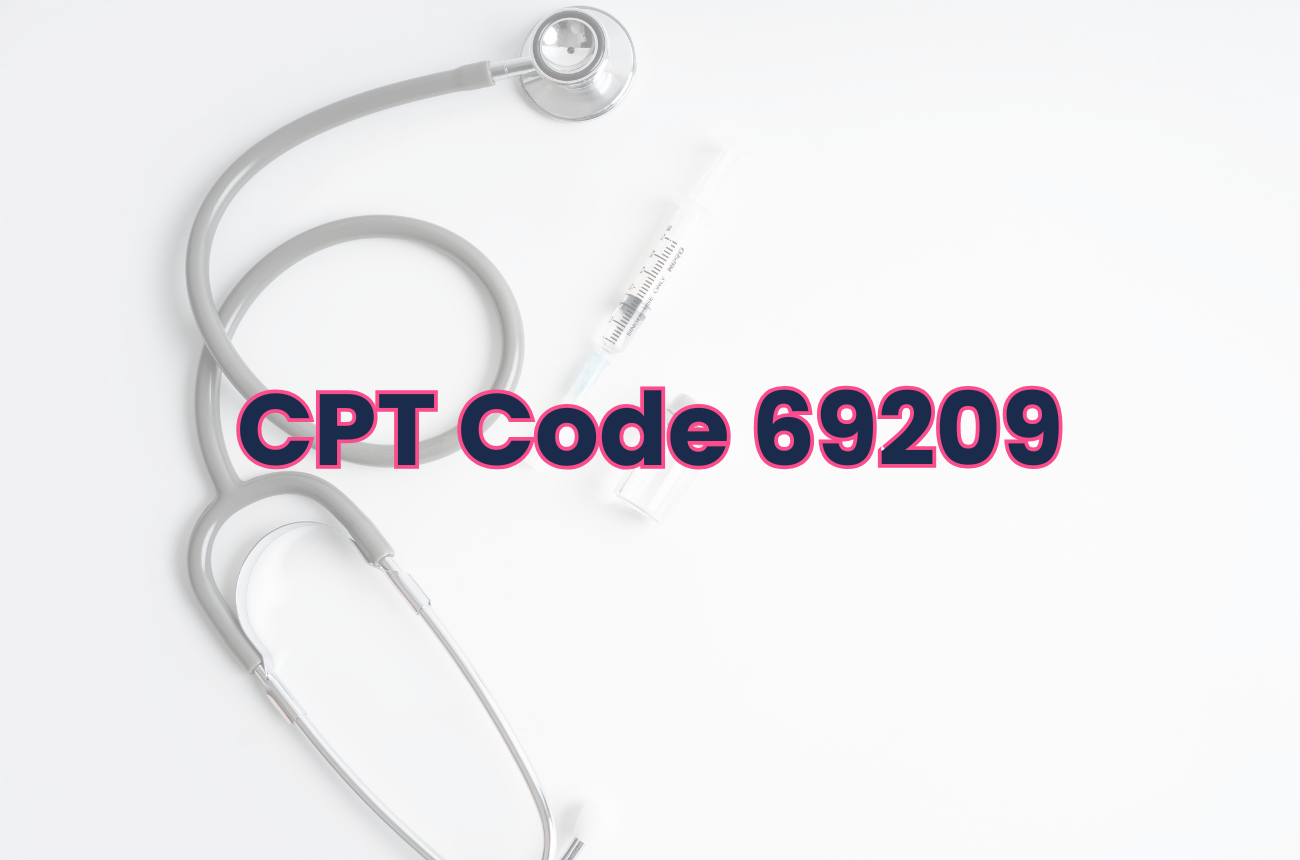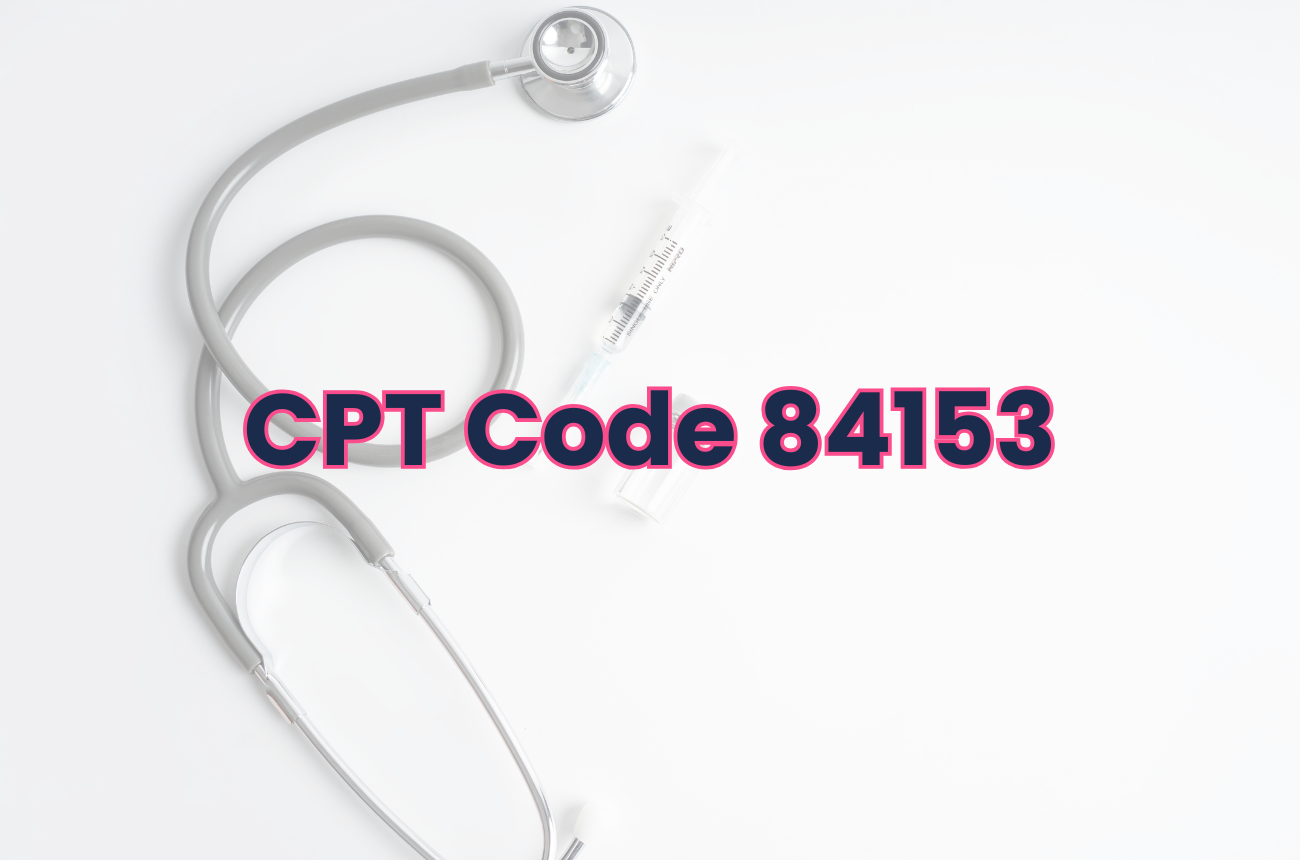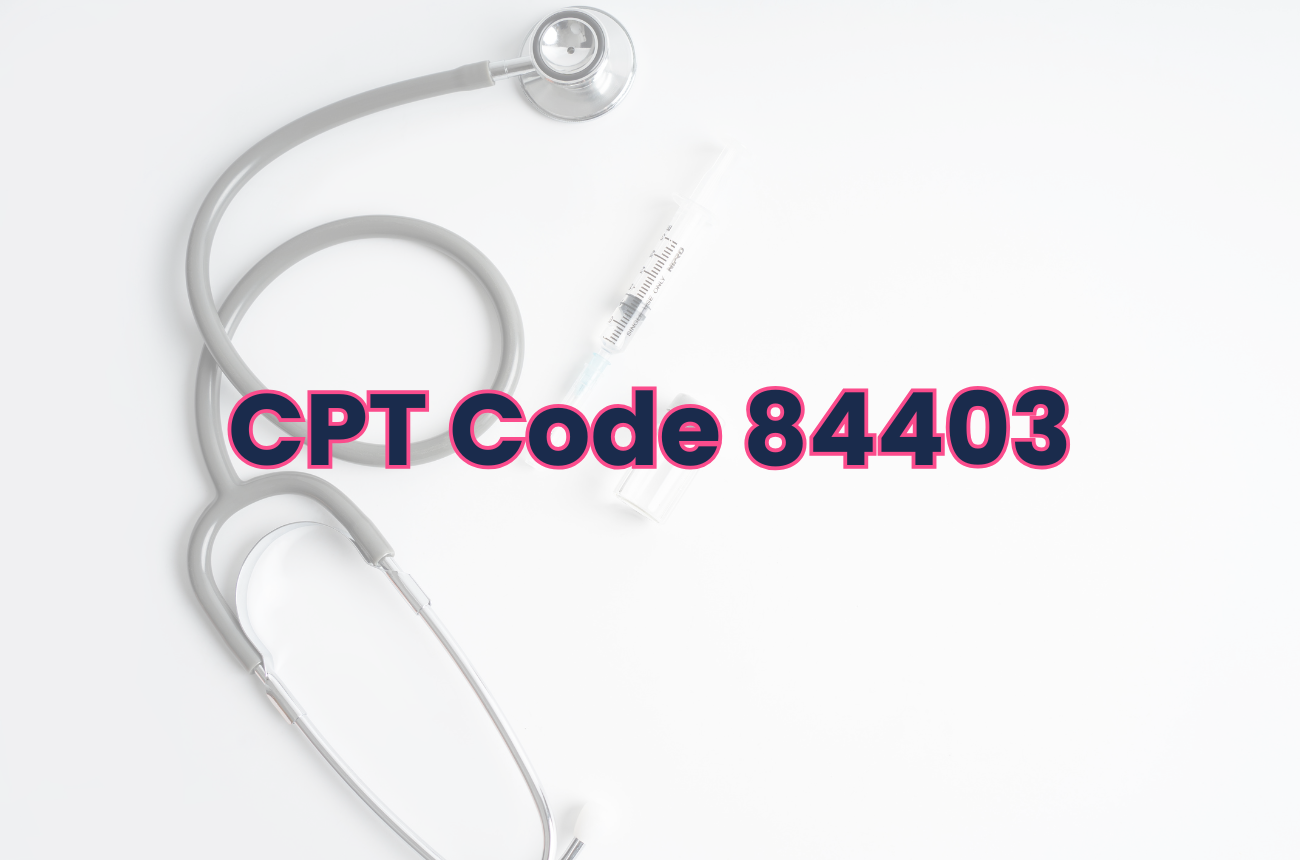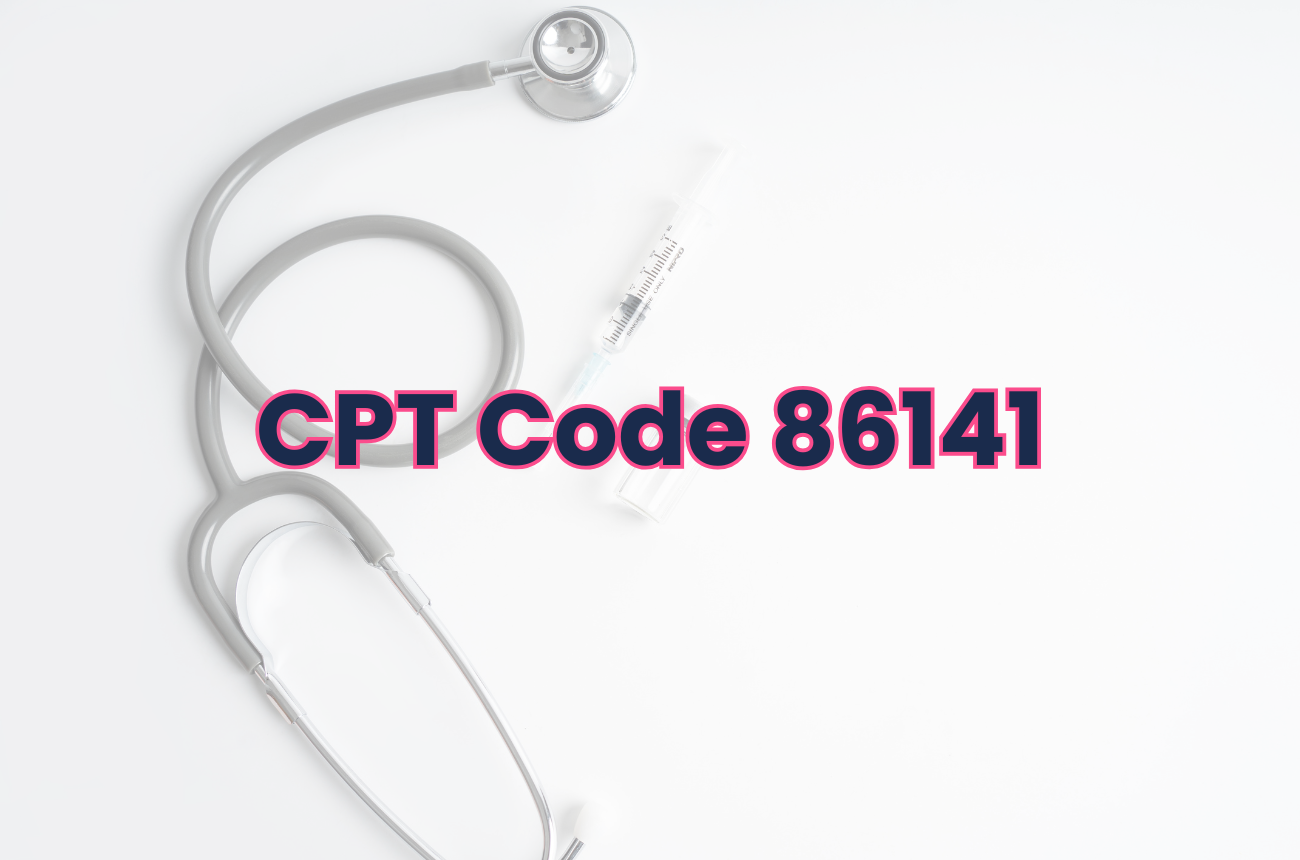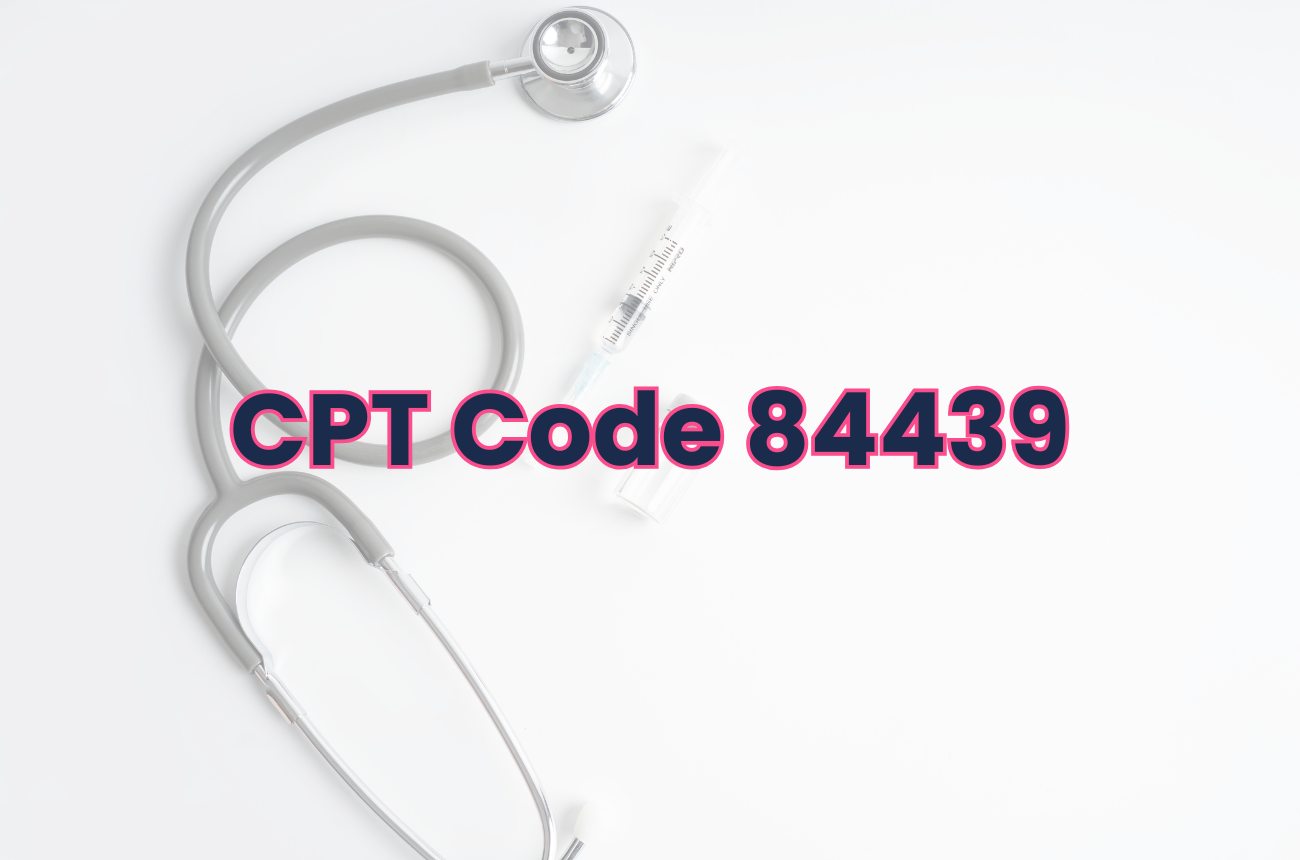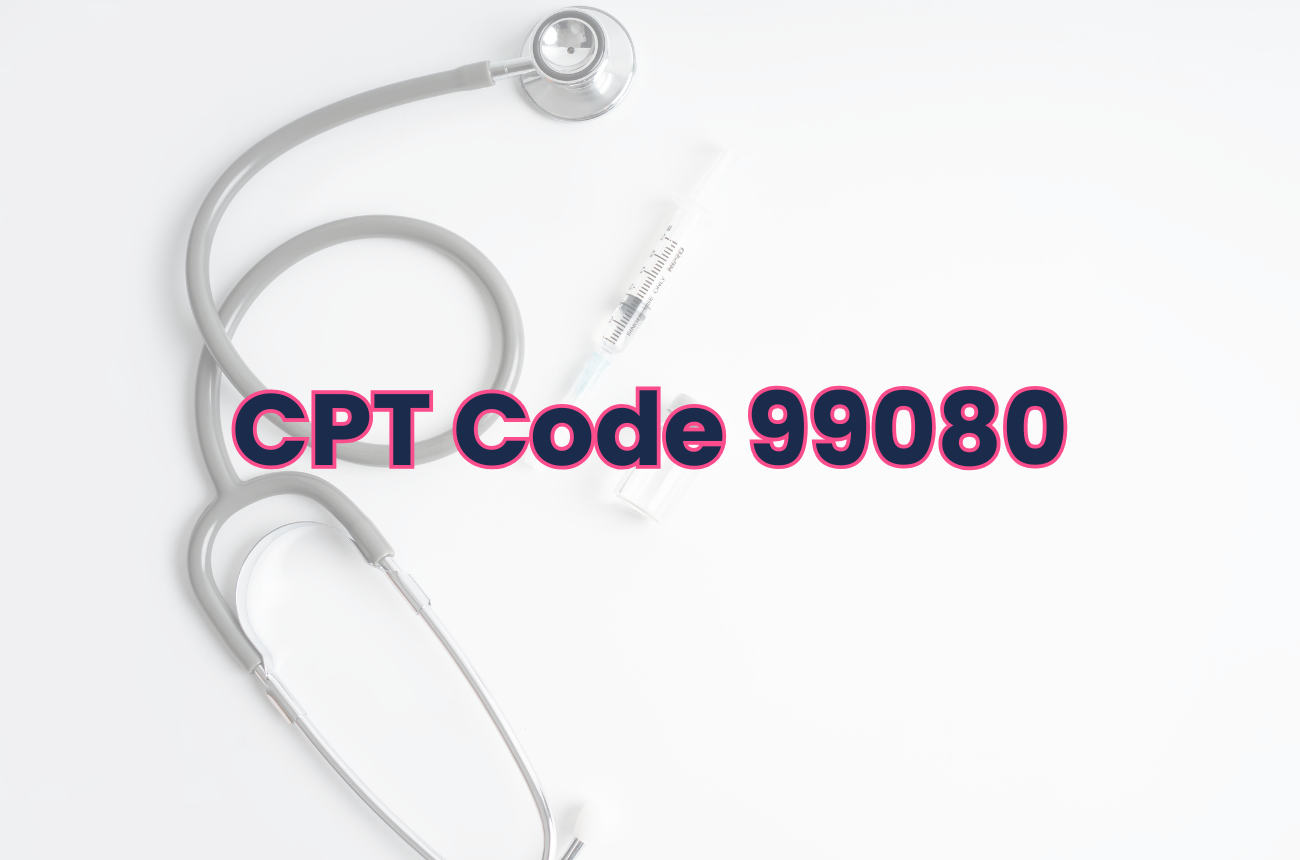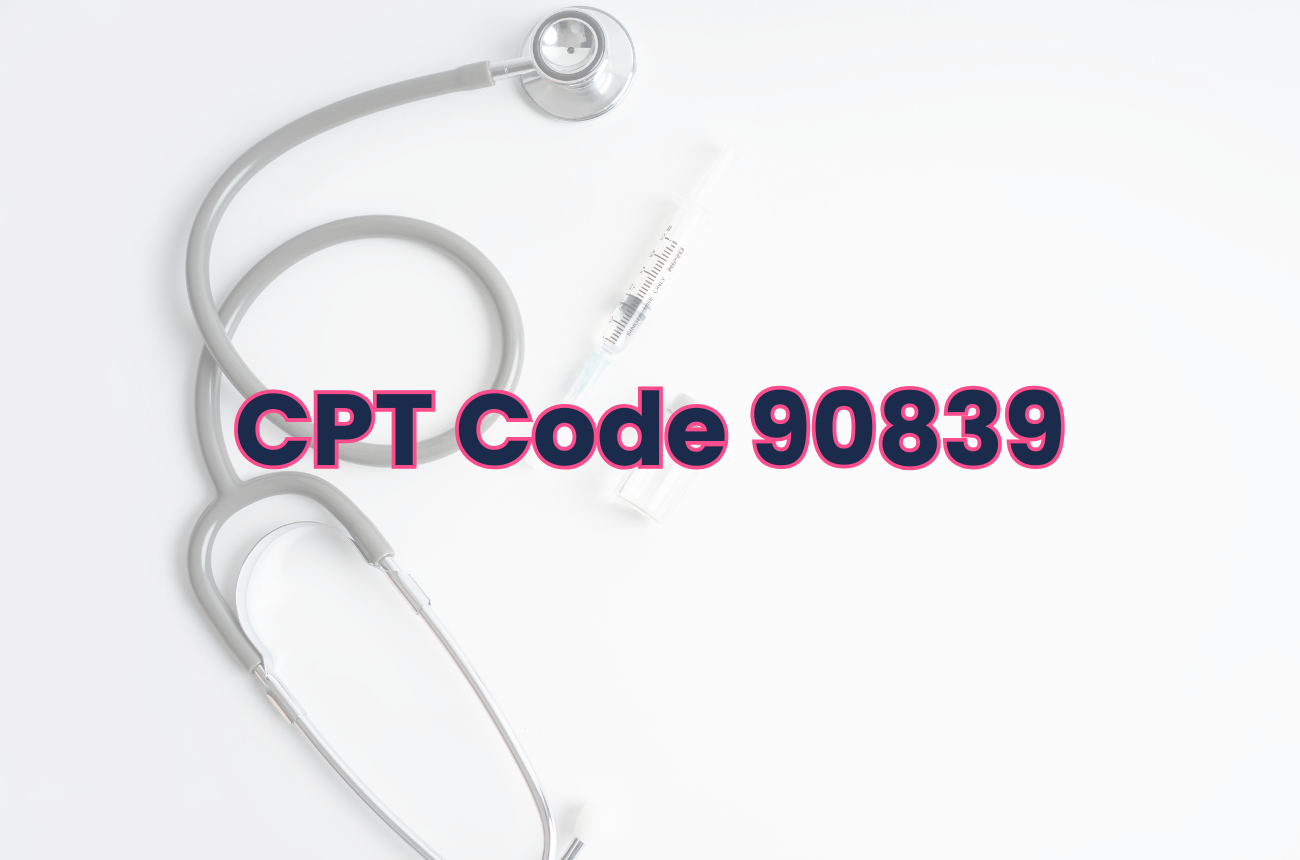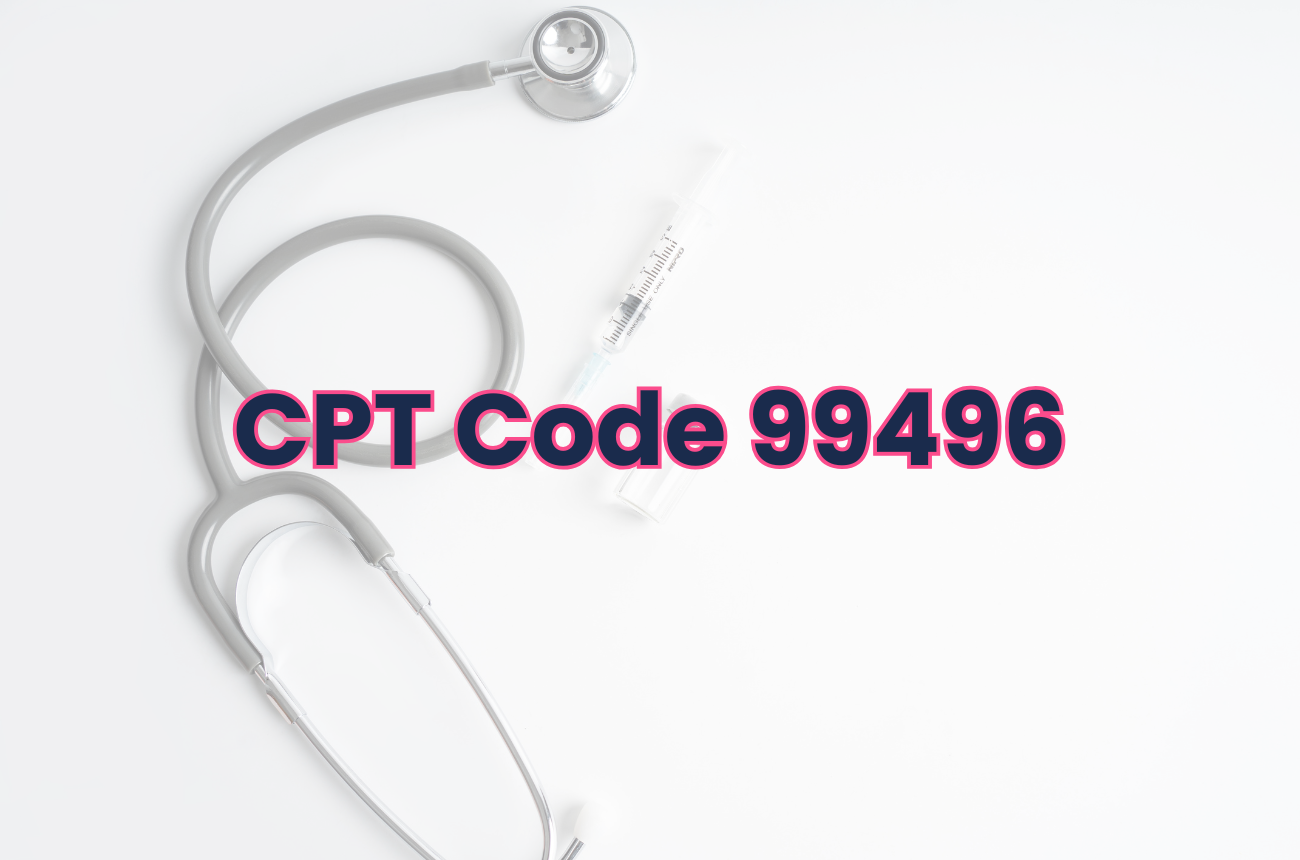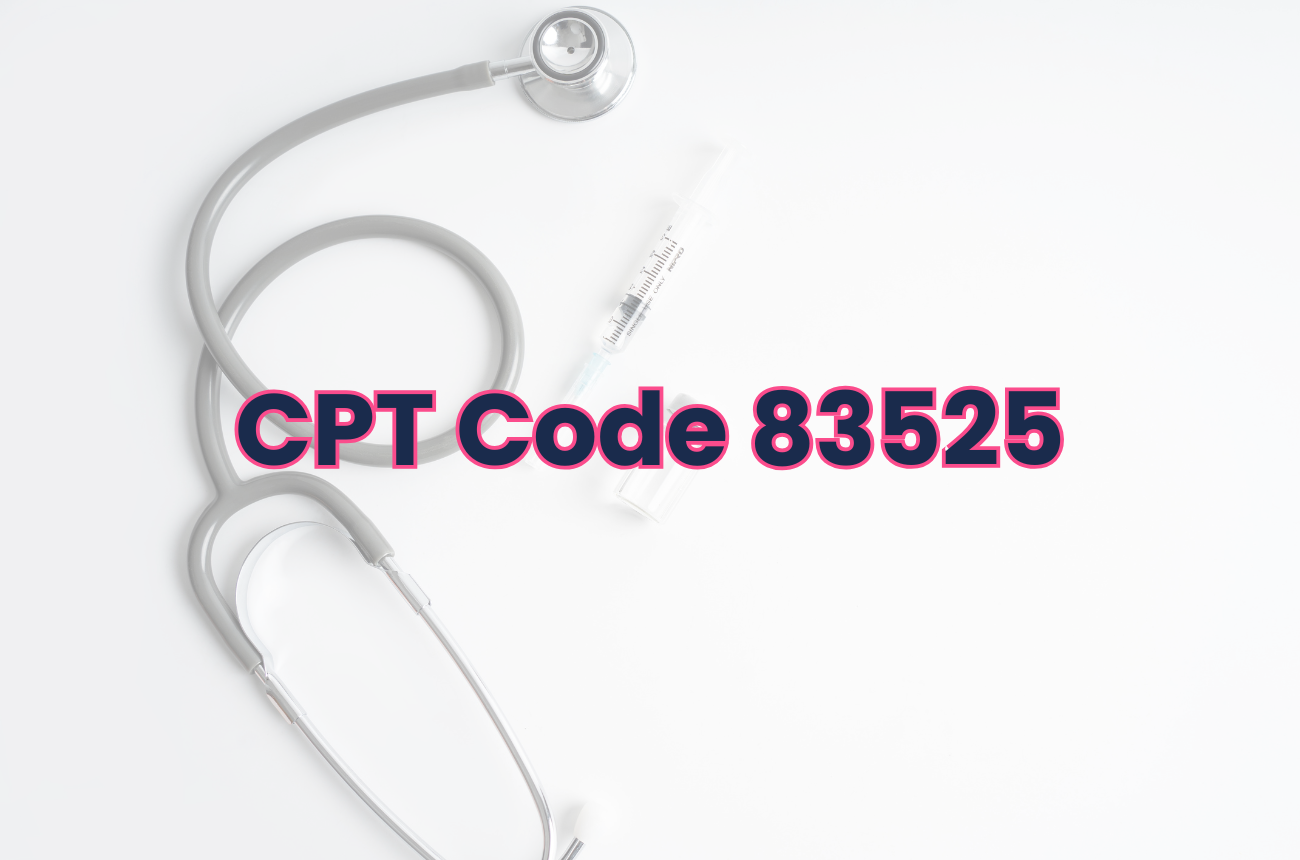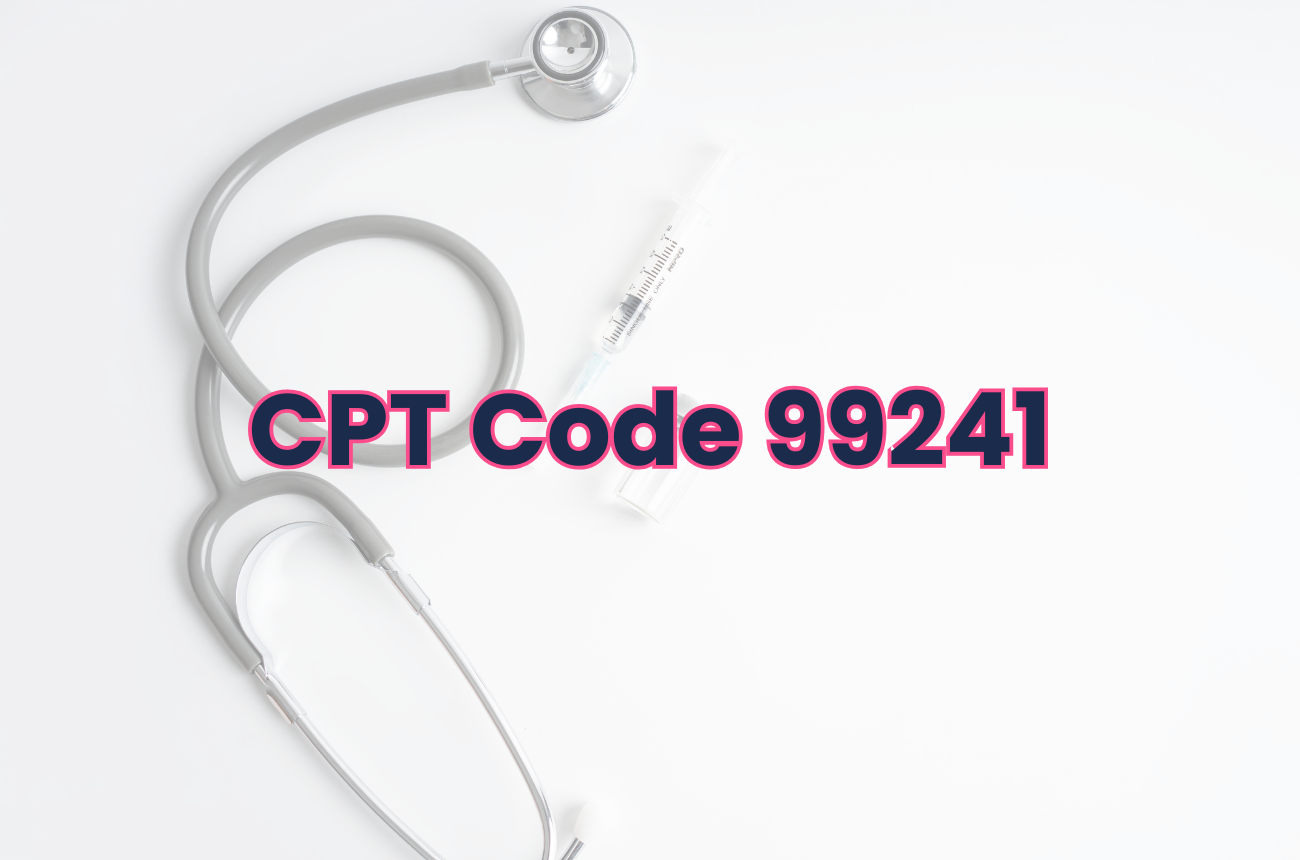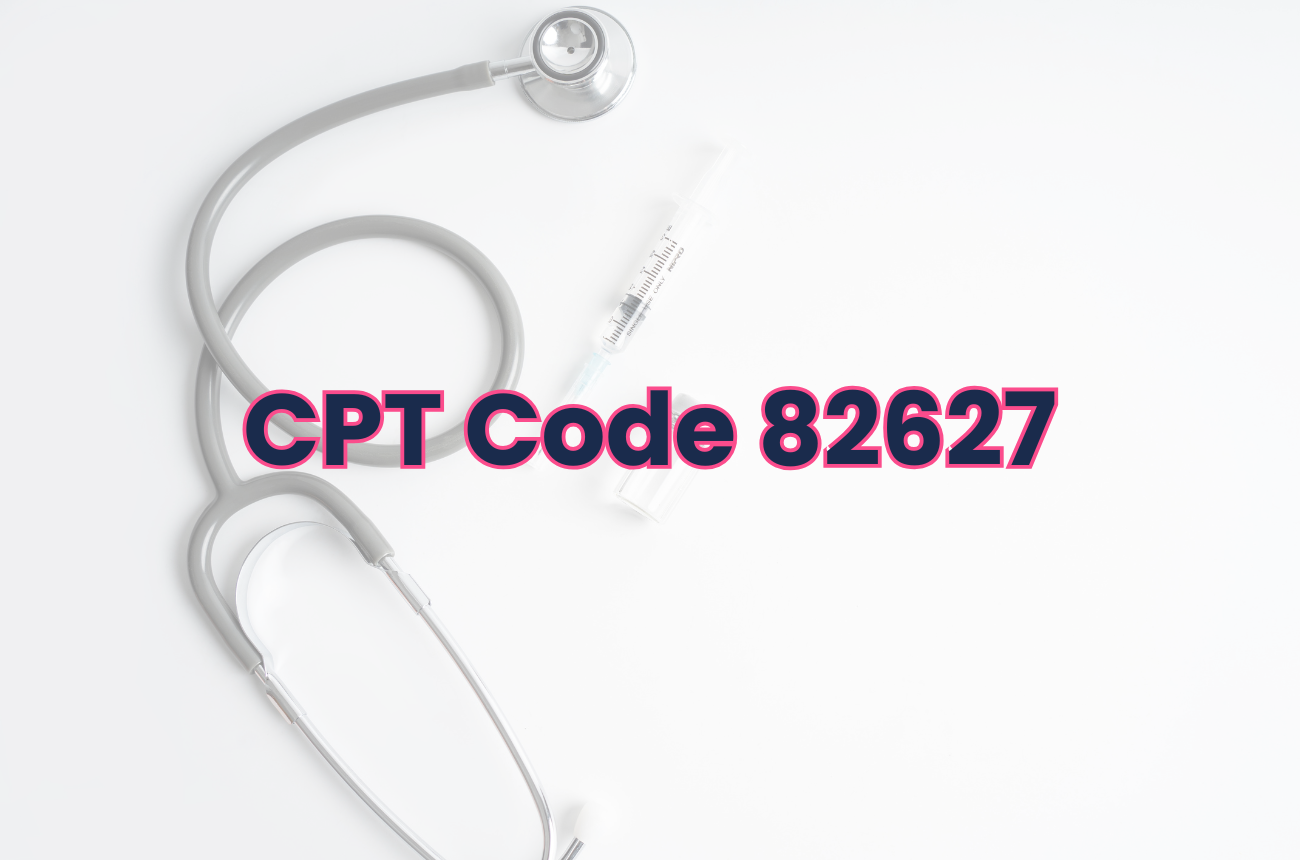OptiMantra Medical Code Definitions
Understand medical codes with our user-friendly code definition pages designed to support accurate charting and billing.
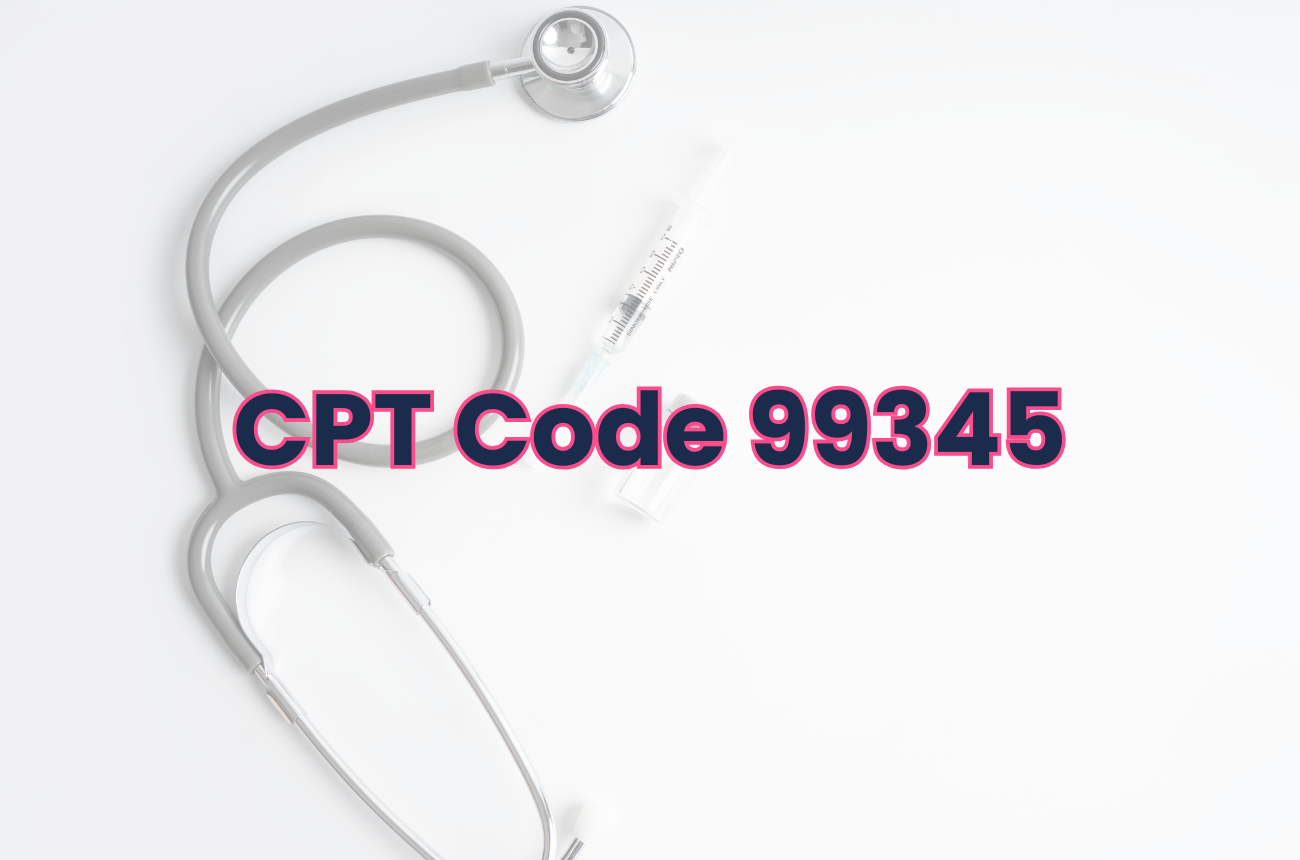
CPT® Code 99345: Home Visit, New Patient, Unstable or Significant New Problem, 75 Minutes
CPT® 99345 covers a 75-minute home visit for new patients with unstable or significant new problems. It includes evaluation, management, counseling, and care coordination. OptiMantra helps document time, track clinical findings, and streamline billing for accurate, compliant home-based care.
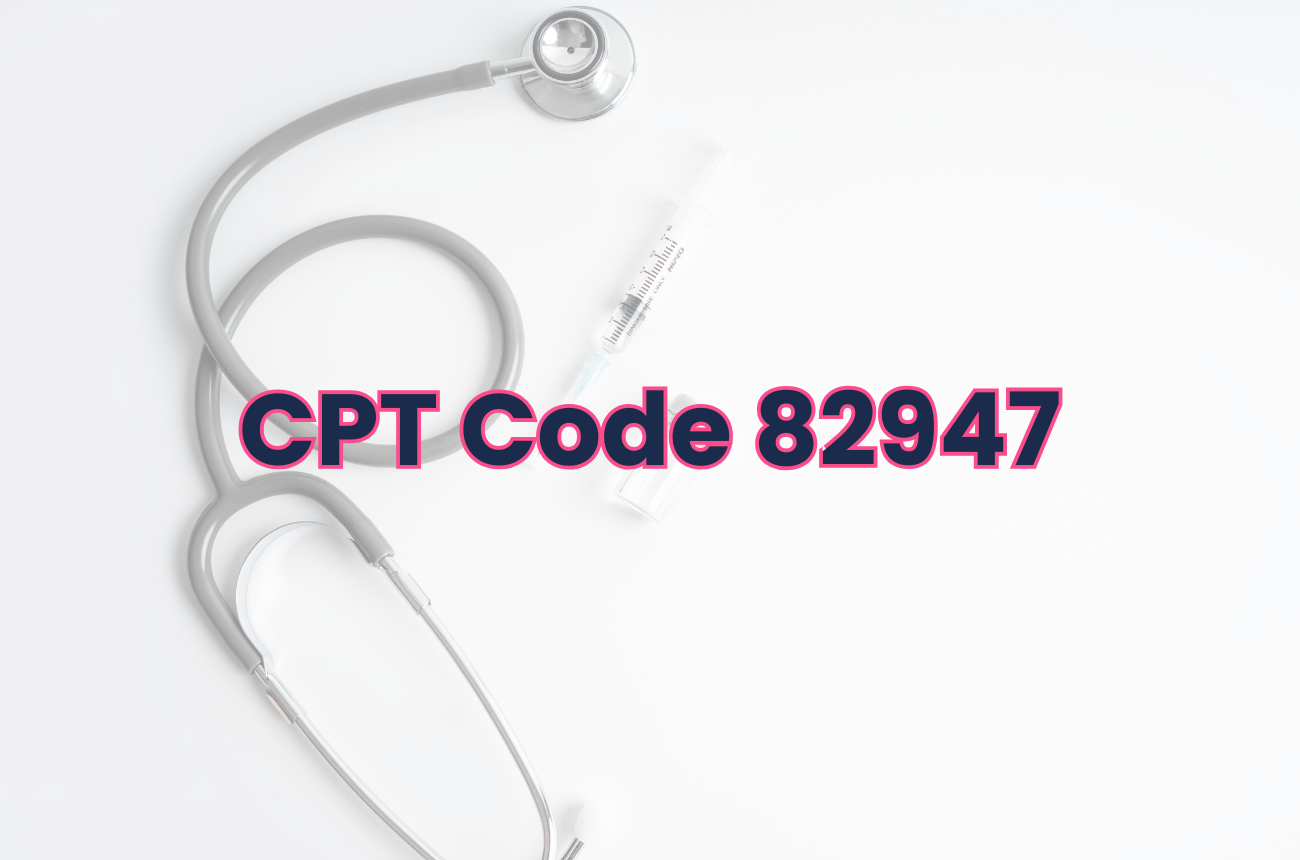
CPT® Code 82947: Glucose, Quantitative, Blood (Except Reagent Strip)
CPT® 82947 reports lab-based quantitative blood glucose testing (excluding reagent strips). It’s used for diabetes diagnosis, monitoring, and metabolic evaluation. OptiMantra streamlines lab orders, documentation, and billing for accurate, audit-ready records.

CPT® Code 99495: Transitional Care Management (TCM) Services — Moderate Complexity, 14-Day Discharge Follow-Up
CPT® 99495 covers transitional care management within 14 days of discharge. OptiMantra helps document communication, track follow-ups, reconcile medications, and generate audit-ready billing for safe patient transitions.

CPT® Code 99408: Alcohol and/or Substance Abuse Structured Screening and Brief Intervention Services (15 to 30 minutes)
CPT® code 99408 is used for structured alcohol or substance abuse screening and brief intervention services lasting 15–30 minutes. This article explains when to use the code, required documentation elements, billing rules, and common clinical scenarios. You’ll also learn how OptiMantra streamlines screening workflows, time tracking, and coding to support better behavioral health outcomes.

CPT® Code 99342 – Domiciliary, Rest Home, or Custodial Care Visit for a New Patient, Moderate Complexity
CPT® code 99342 is used for moderate-complexity evaluation and management visits with new patients in domiciliary, rest home, or custodial settings. This article explains when to use the code, required documentation elements, billing rules, and an example scenario. You’ll also see how OptiMantra streamlines offsite visit documentation and coding for efficient, compliant care.

CPT® Code 82172 – Apolipoprotein, A-I and B, Quantitative
CPT® code 82172 is used to report quantitative testing of apolipoprotein A-I and B, two key markers for assessing lipid metabolism and cardiovascular risk. This article explains when to use the code, required documentation, appropriate ICD-10 links, and billing guidelines. You’ll also see how OptiMantra streamlines lab ordering, result tracking, and accurate coding for ApoA-I and ApoB testing.
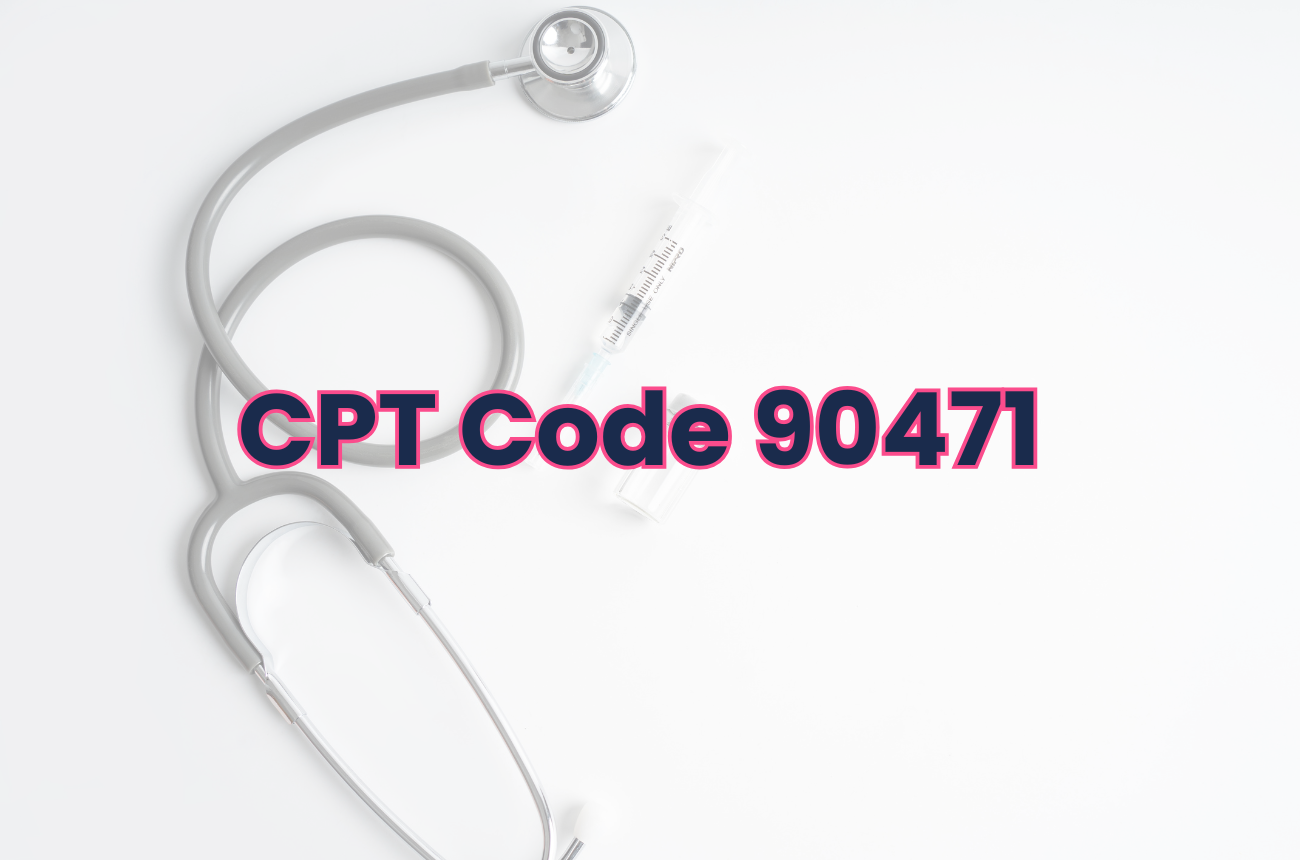
CPT® Code 90471 – Immunization Administration (First Vaccine or Toxoid)
CPT® 90471 covers the administration of the first vaccine or toxoid during a patient visit. Documentation should include vaccine details, consent, counseling, and injection site. Each additional vaccine uses 90472. OptiMantra streamlines recording, billing, and compliance for pediatric and adult immunizations.

CPT® Code 99407 – Smoking and Tobacco Use Cessation Counseling, Intensive, Greater Than 10 Minutes
CPT® 99407 covers intensive tobacco cessation counseling over 10 minutes. Documentation must include time, topics, and patient readiness, supported by Z72.0 or F17.200–F17.299. OptiMantra streamlines recording and billing for compliant, efficient tobacco cessation counseling.
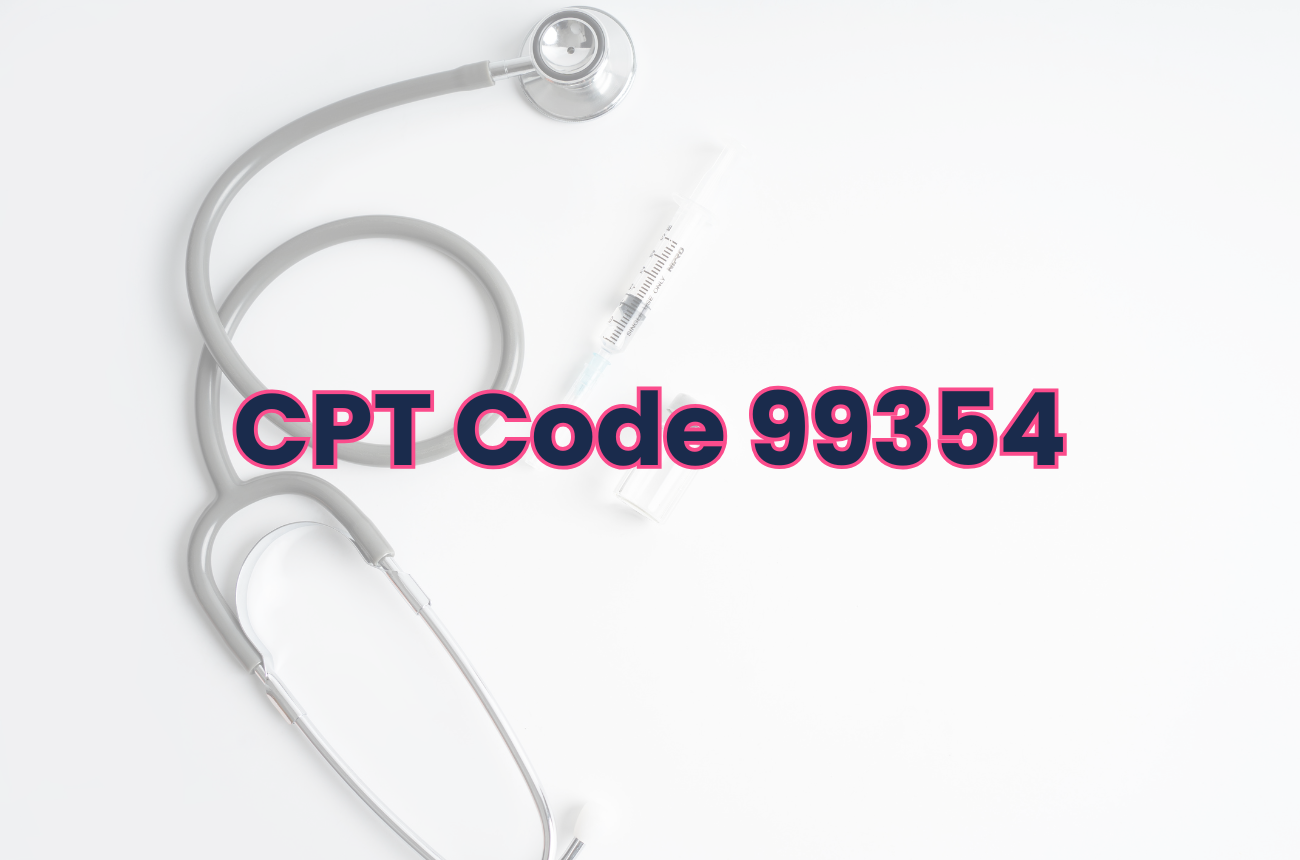
CPT® Code 99354 – Prolonged Service in the Office or Other Outpatient Setting (First Hour)
CPT® Code 99354 covers prolonged evaluation and management (E/M) services in an office or outpatient setting that require 30–74 extra minutes of direct patient care. This guide explains when to use the code, key documentation requirements, billing rules, and how OptiMantra automates time tracking for compliant, accurate reimbursement.
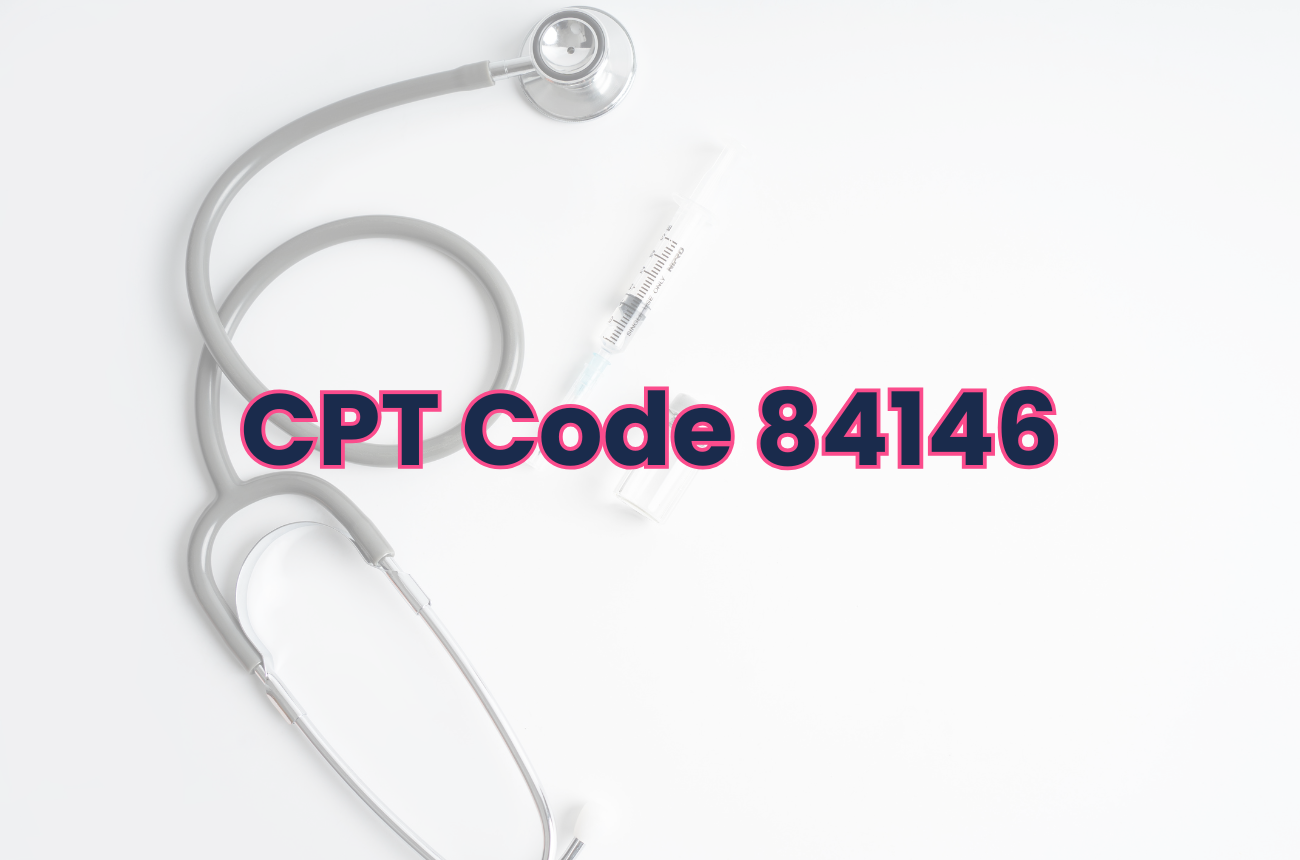
CPT® Code 84146 – Prolactin (PRL) Test
CPT® Code 84146 reports a quantitative laboratory test that measures serum prolactin levels to evaluate pituitary, reproductive, or hypothalamic disorders. This article outlines when to use the code, documentation requirements, billing rules, and how OptiMantra simplifies hormone test tracking and reimbursement.
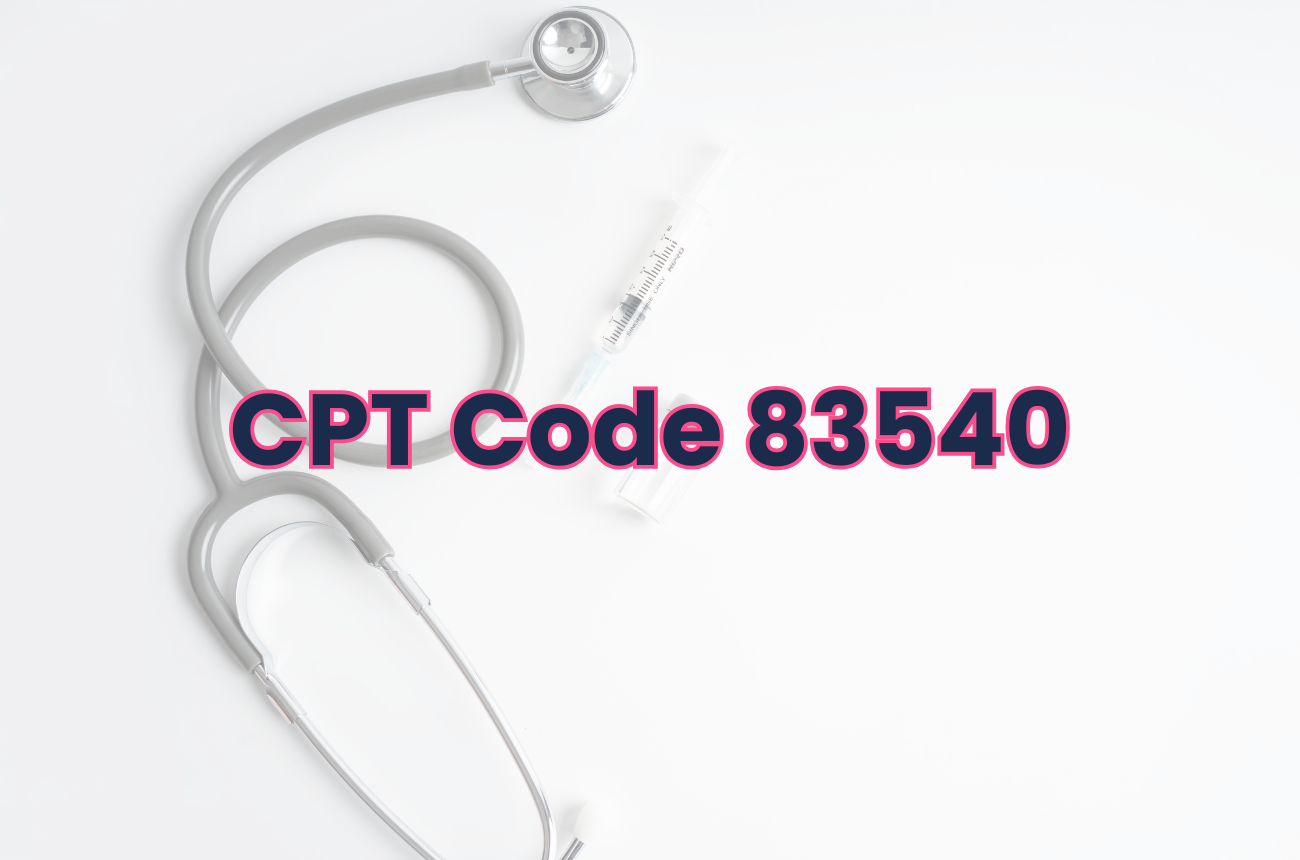
CPT® Code 83540 – Iron (Fe) Test, Total
CPT® Code 83540 reports a laboratory test that measures total iron levels in serum or plasma to assess iron metabolism and diagnose anemia or iron disorders. This article explains when to use the code, documentation requirements, billing rules, and how OptiMantra streamlines lab tracking and coding accuracy.

CPT® Code 98942 – Chiropractic Manipulative Treatment (CMT); Spinal, Involving 5 Regions
CPT® Code 98942 applies to chiropractic manipulative treatment involving all five spinal regions—cervical, thoracic, lumbar, sacral, and pelvic. This guide explains when to use the code, documentation requirements, billing rules, and how OptiMantra streamlines charting and reimbursement for comprehensive spinal care.

CPT® Code 96376 – Therapeutic, Prophylactic, or Diagnostic Injection (Each Additional Sequential Intravenous Push of the Same Substance/Drug)
CPT® Code 96376 covers each additional sequential intravenous (IV) push of the same drug during the same encounter. Learn when to use it, how to document properly, and billing tips to ensure accurate reimbursement and compliance.
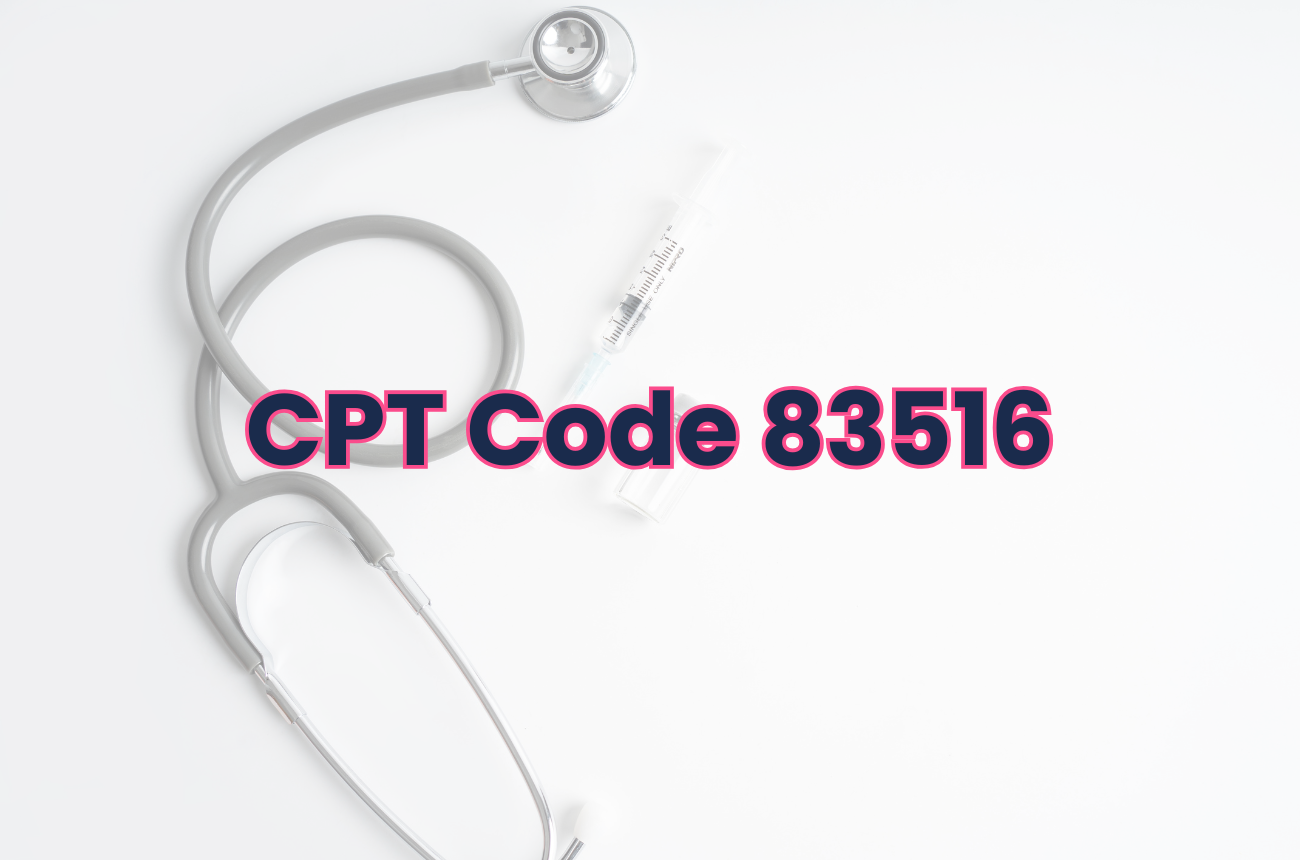
CPT® Code 83516 – Immunoassay, Analyte Quantitative, Not Otherwise Specified
CPT 83516 covers quantitative immunoassays for analytes without specific CPT® codes. This guide explains when to use it, documentation requirements, and how OptiMantra streamlines lab reporting and billing for efficient practice management.
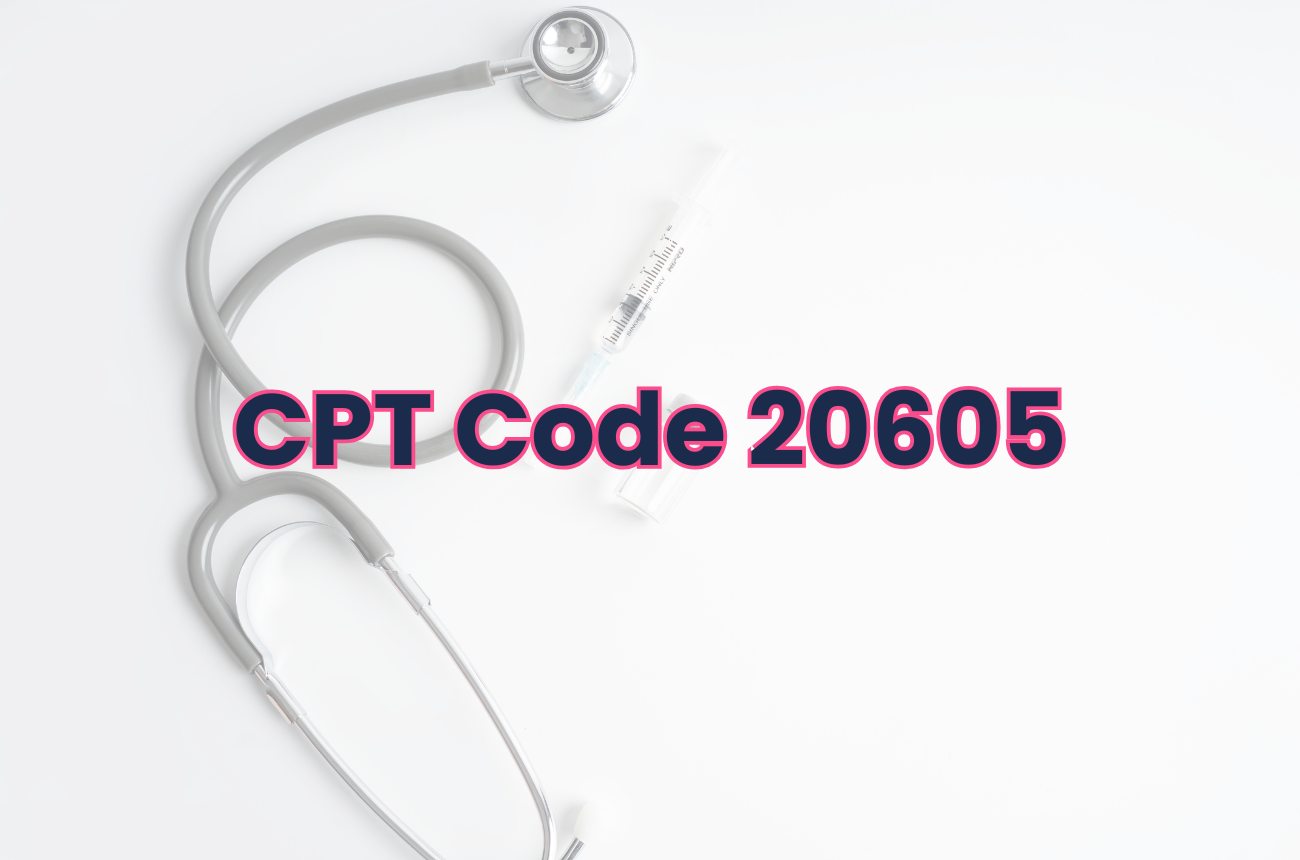
CPT® Code 20605 – Arthrocentesis, Small Joint, With or Without Injection, Includes Aspiration and/or Injection of Anesthetic, Steroid, or Other Therapeutic Agent
CPT 20605 covers arthrocentesis and therapeutic injections for small joints like fingers, wrists, and toes. This article explains indications, billing requirements, and how OptiMantra helps track procedures, link results, and optimize practice workflow.
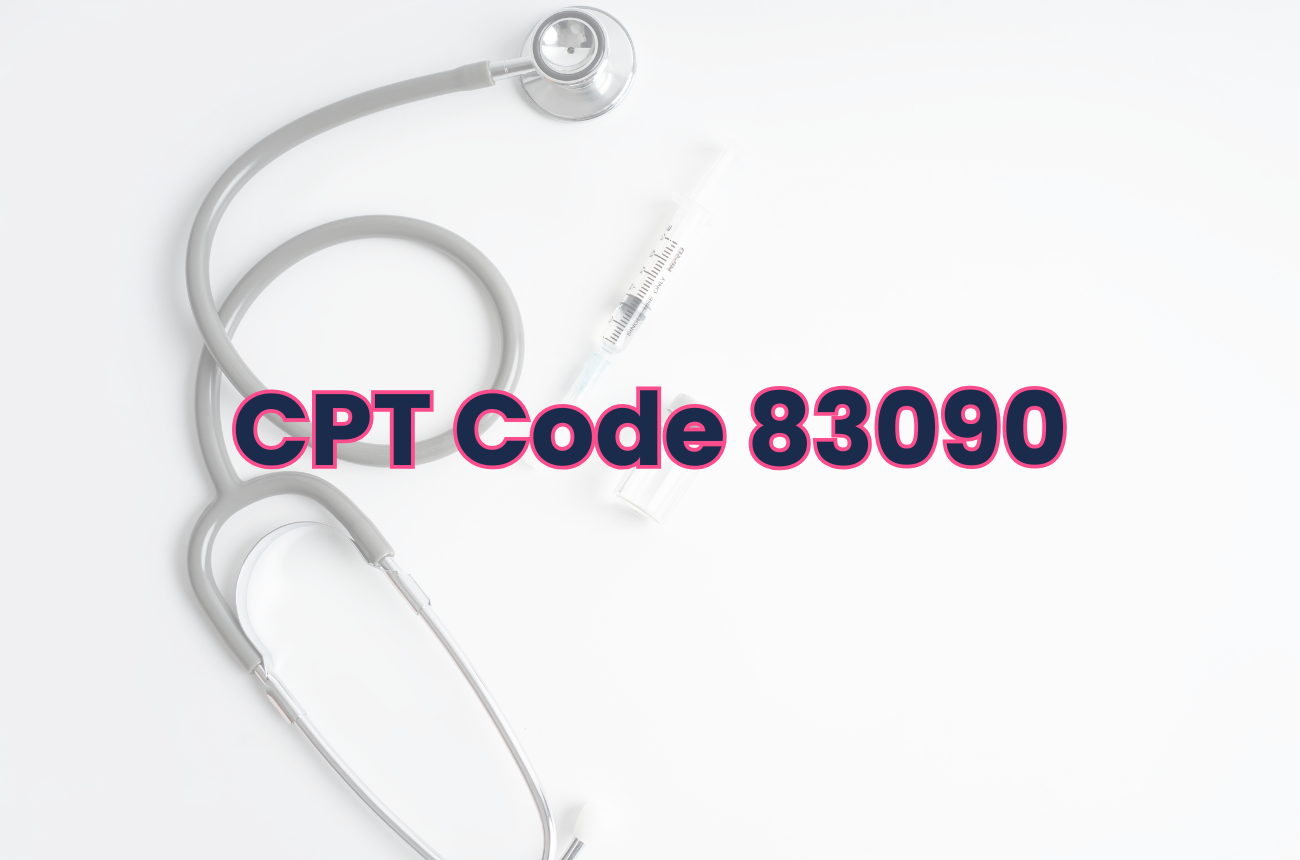
CPT® Code 83090 - Homocysteine, Blood Test
CPT® code 83090 reports a quantitative homocysteine blood test used to assess cardiovascular risk, nutritional deficiencies, or metabolic disorders. Learn when to use it, what to document, and how OptiMantra streamlines ordering, tracking, and billing for lab tests.

CPT® Code 99344 - Home or Residence Visit for a New Patient, Moderate Complexity
CPT® code 99344 applies to moderate-complexity home or residence visits for new patients lasting 60–74 minutes. Learn when to use it, documentation requirements, and how OptiMantra helps streamline in-home care documentation and billing.
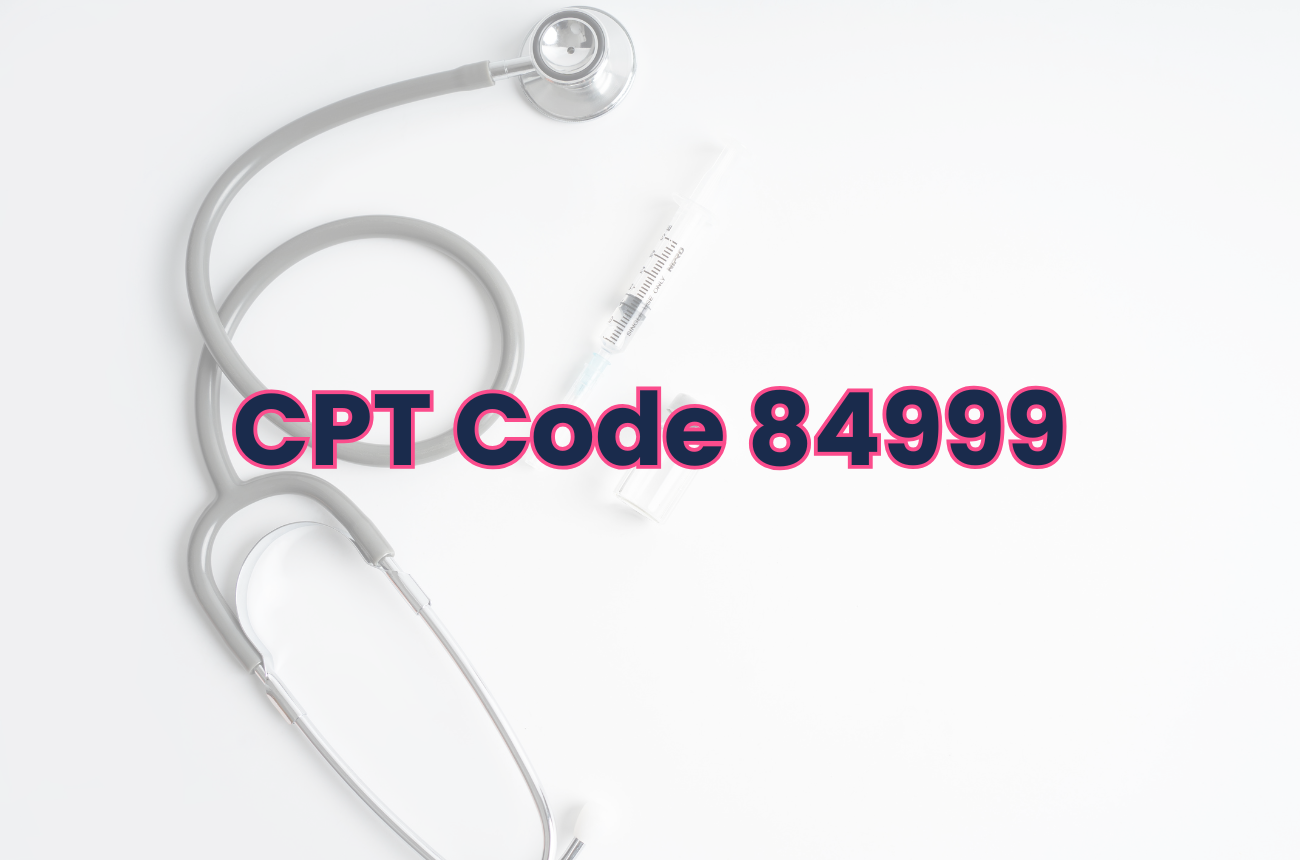
CPT® Code 84999 - Unlisted Chemistry Procedure
CPT® code 84999 is used for unlisted chemistry procedures that don’t have a specific CPT® code assignment. This guide explains when to use the code, how to document properly, and key billing requirements to ensure smooth reimbursement. See how OptiMantra makes it simple to record, track, and bill unique or emerging laboratory tests with integrated ordering, results management, and compliant documentation tools.
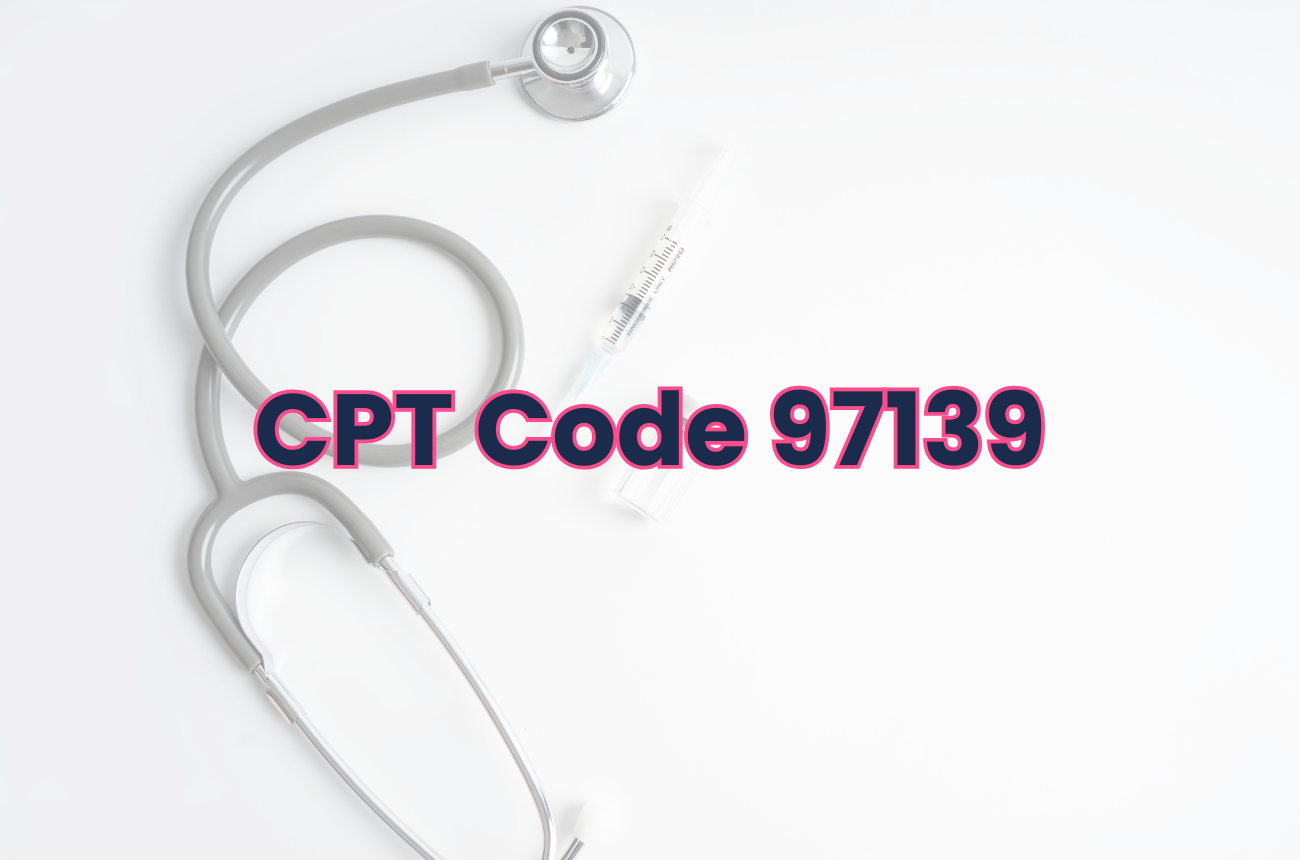
CPT® Code 97139 - Unlisted Therapeutic Procedure (Physical Medicine/ Rehabilitation)
CPT® code 97139 is used to report unlisted therapeutic procedures that don’t fall under a specific CPT® code in the Physical Medicine and Rehabilitation category. This guide covers when to use the code, how to document it correctly, and billing best practices to ensure smooth reimbursement. Discover how OptiMantra simplifies the process with customizable chart templates and integrated billing tools that make documenting and coding innovative therapies effortless.

CPT® Code 96375 - Each Additional IV Push of a New Drug or Substance
CPT® code 96375 is used to report each additional IV push of a new drug or substance administered after the initial dose. This guide explains when to use the code, key documentation requirements, and billing rules to ensure compliance. Discover how OptiMantra’s integrated charting and billing tools make tracking IV administrations seamless, reducing errors and speeding up reimbursement.
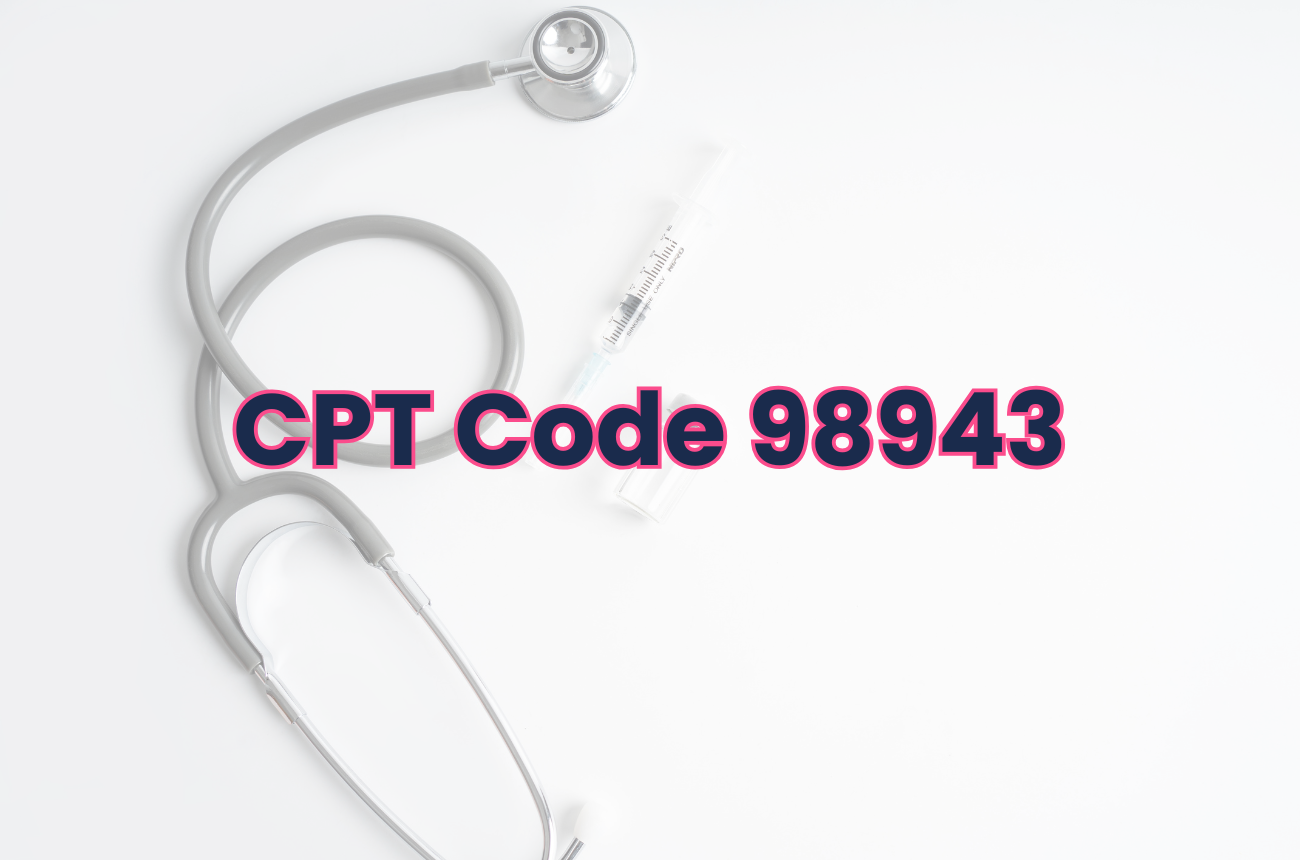
CPT® Code 98943 – Chiropractic Manipulation of One to Two Spinal Regions
CPT® 98943 covers chiropractic manipulation of one to two spinal regions. Discover when to use this code, proper documentation practices, and how OptiMantra helps track treatment, ensure accurate billing, and improve patient outcomes.

CPT® Code 99421 – Online Digital Evaluation and Management (E/M) for Established Patient, 5–10 Minutes
CPT® 99421 covers 5–10 minutes of online evaluation and management for established patients. Discover documentation rules, billing tips, and how OptiMantra integrates secure patient communication for efficient, compliant digital care.
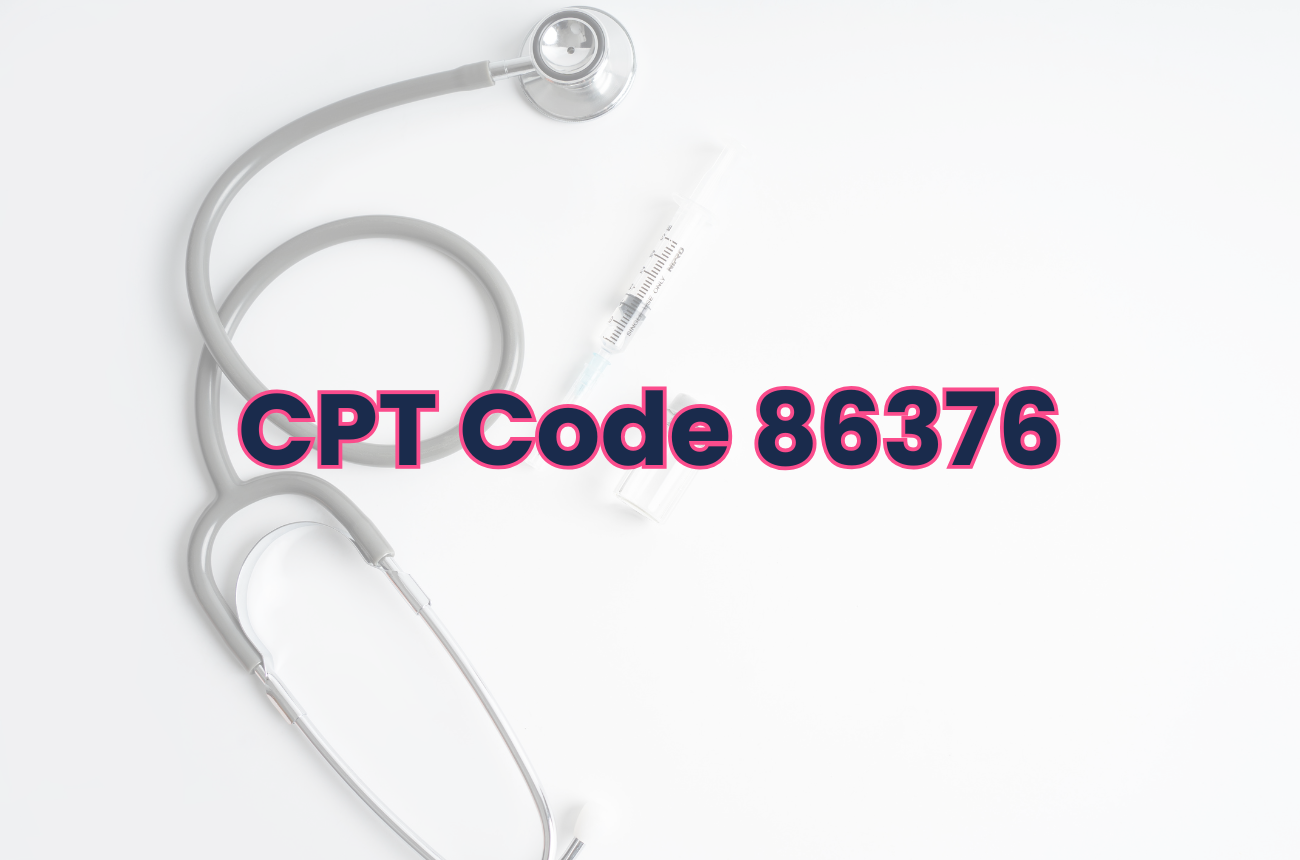
CPT® Code 86376 – Immunoassay for Infectious Agent Antibody(ies), Qualitative or Semiquantitative, Each Antigen
CPT® 86376 covers immunoassay testing for antibodies to infectious agents. Discover when to use this code, billing requirements, and how OptiMantra’s EMR integrates lab results for faster, compliant, and more efficient patient care.
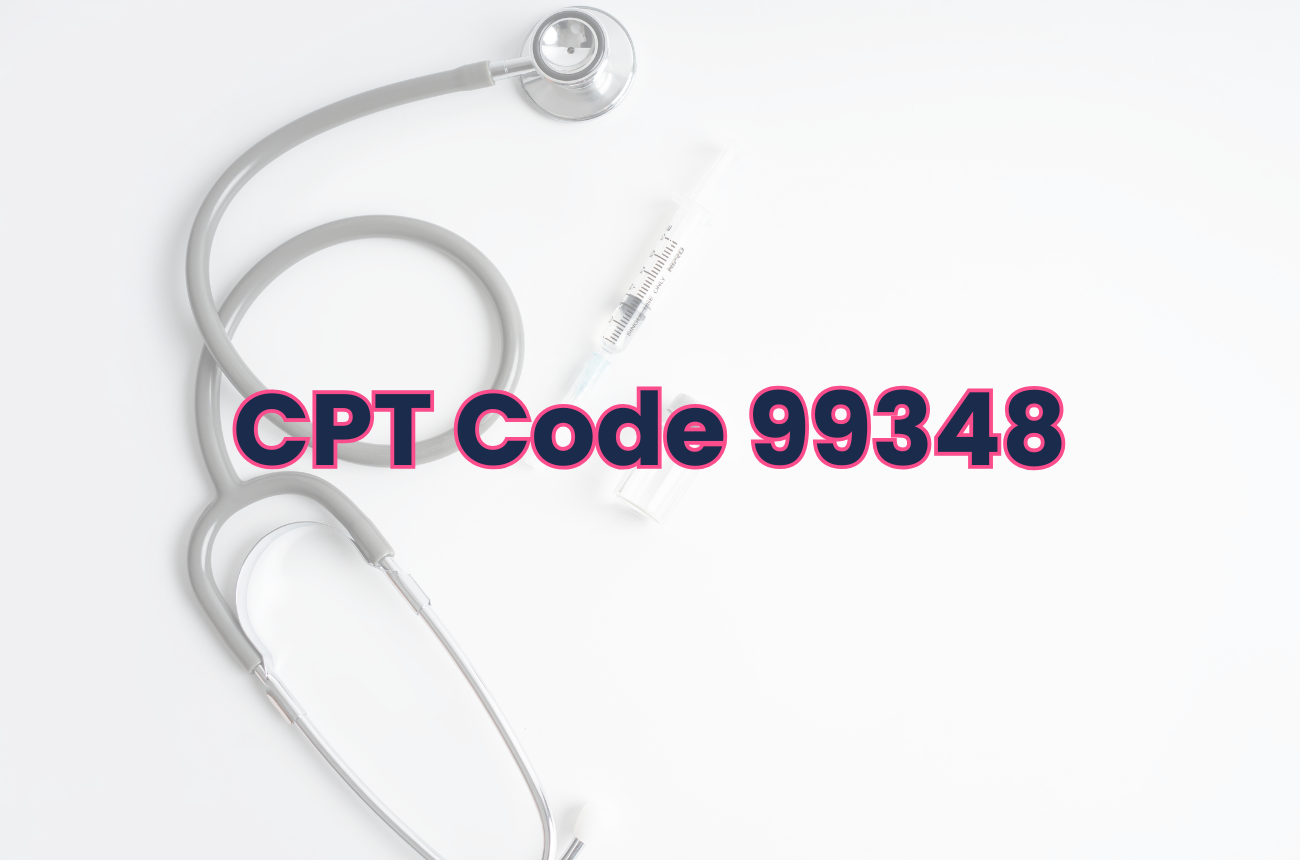
CPT® Code 99348: Home Visit for an Established Patient, Low to Moderate Severity (Typically 25 Minutes)
CPT 99348 applies to 25-minute home visits for established patients requiring low to moderate medical decision-making. This guide covers documentation, billing essentials, and how OptiMantra streamlines home care workflows for efficiency and accuracy.

CPT® Code 84144: Progesterone Test
CPT 84144 covers serum progesterone testing for fertility evaluation, menstrual health, and pregnancy monitoring. This guide explains clinical uses, documentation requirements, and how OptiMantra integrates lab tracking and billing to improve reproductive care efficiency.
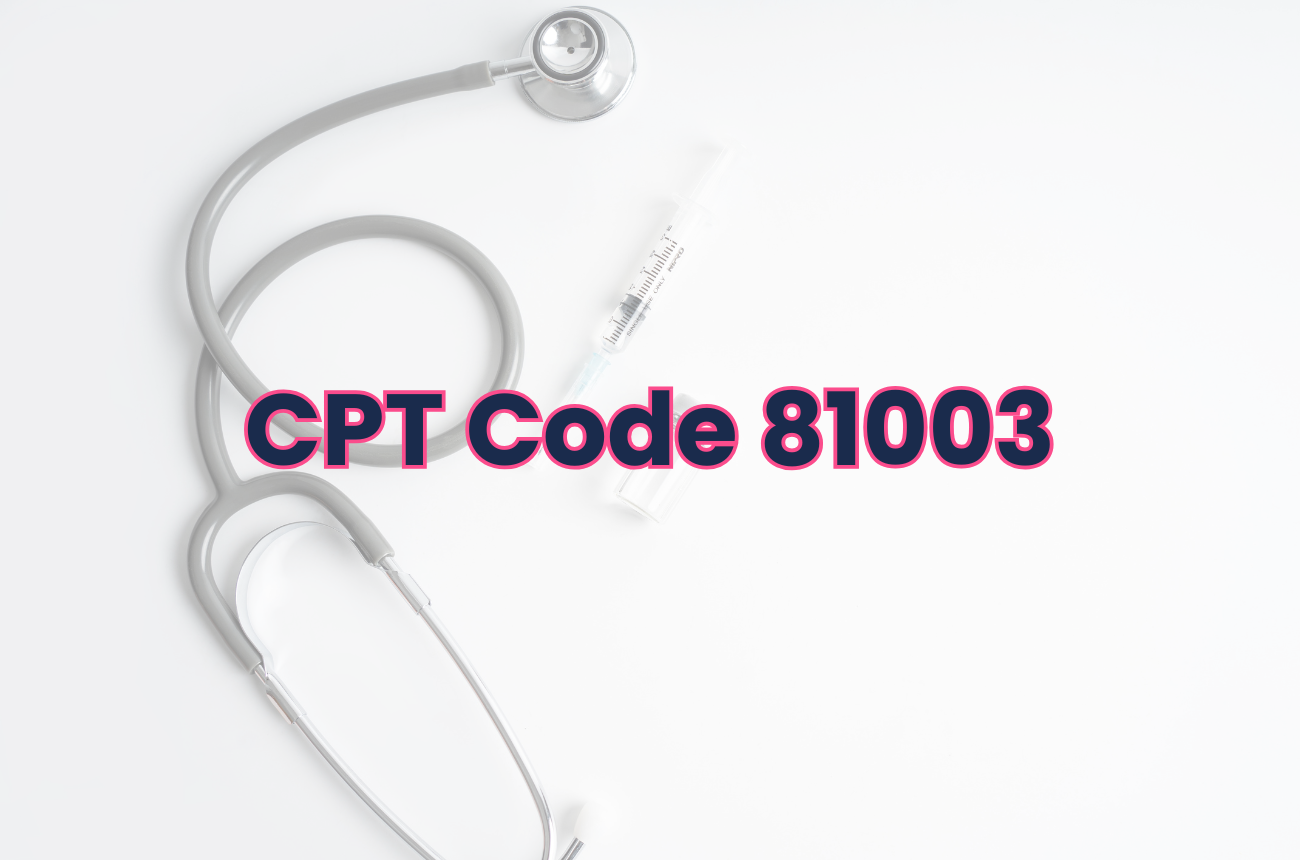
CPT® Code 81003: Urinalysis, Automated with Microscopy
CPT® code 81003 covers automated urinalysis with microscopy to evaluate urinary tract infections, kidney disease, and metabolic disorders. This guide explains when to use the code, billing requirements, and clinical scenarios—plus how OptiMantra streamlines lab ordering, documentation, and reimbursement for primary care and integrative clinics.
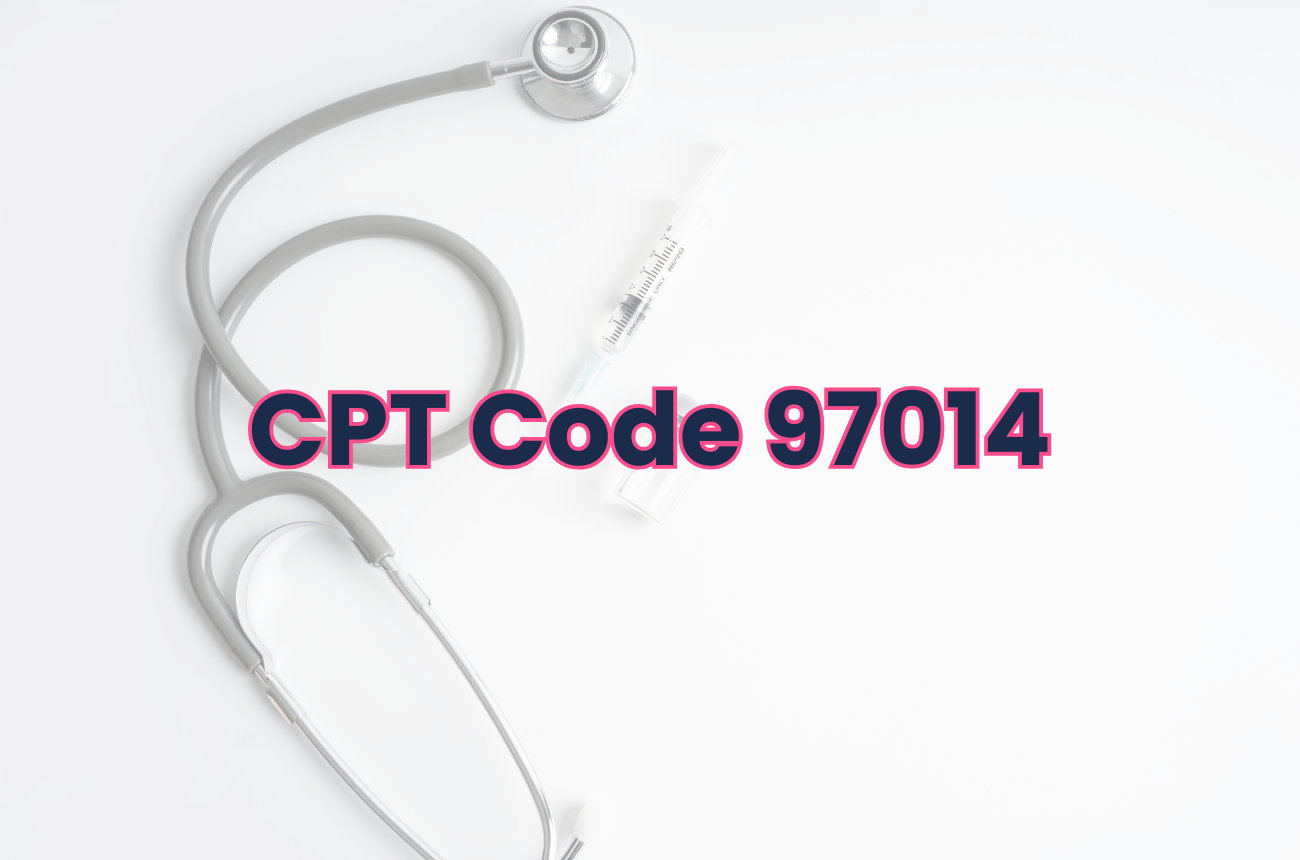
CPT® Code 97014: Electrical Stimulation Therapy
CPT® code 97014 covers unattended electrical stimulation therapy for pain management, muscle re-education, and rehabilitation. This guide explains when to use the code, billing requirements, and clinical scenarios—plus how OptiMantra streamlines documentation, tracking, and reimbursement for physical therapy and integrative clinics.
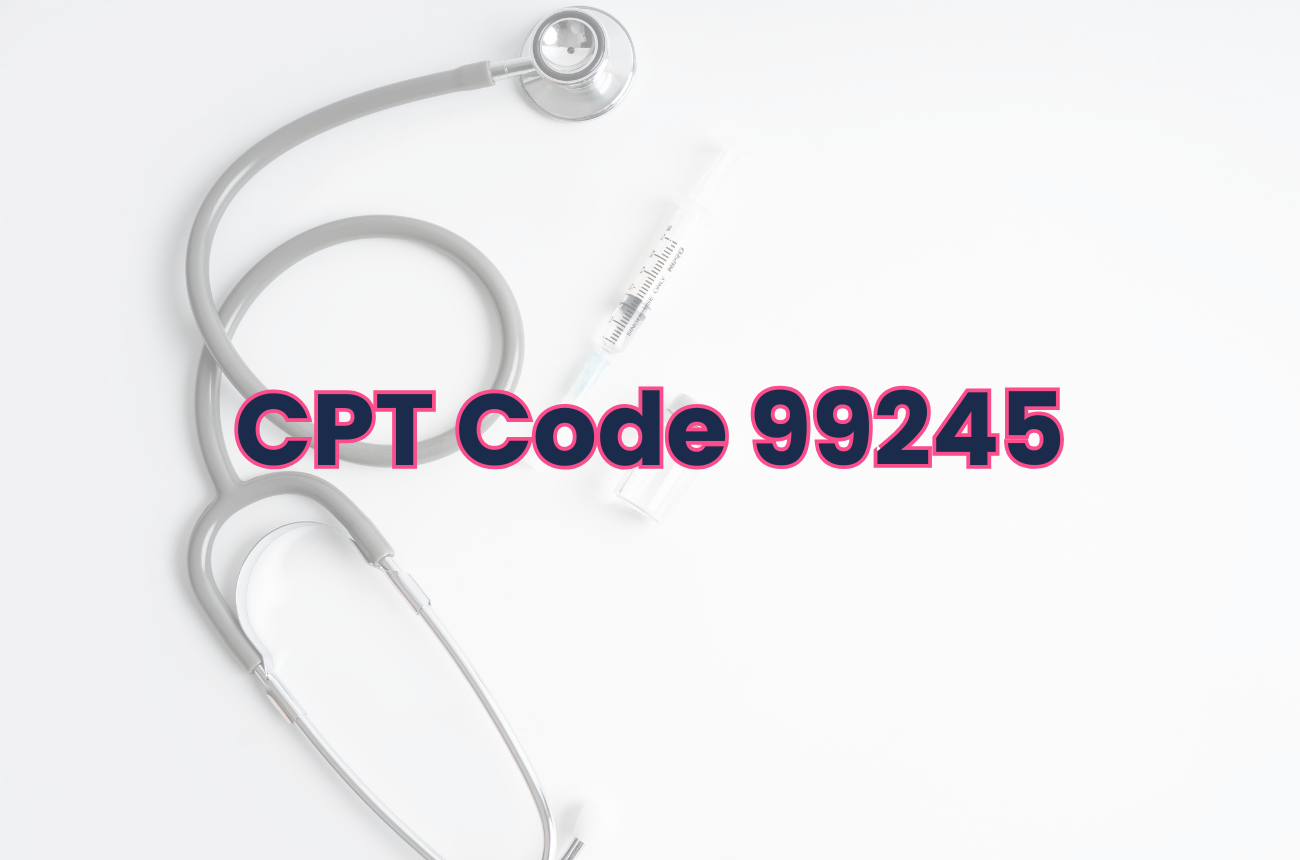
CPT® Code 99245: Office Consultation for New or Established Patient
CPT® code 99245 covers comprehensive, high-complexity office consultations for new or established patients. This guide explains when to use the code, billing requirements, and clinical scenarios—plus how OptiMantra streamlines documentation, coding, and reimbursement for specialty and integrative practices.

CPT® Code 99404: Preventive Medicine Counseling, 60 Minutes
CPT® code 99404 covers 60-minute preventive medicine counseling sessions focused on lifestyle, nutrition, exercise, and disease prevention. This guide explains when to use the code, billing requirements, and clinical scenarios—plus how OptiMantra streamlines documentation, coding, and reimbursement for wellness and integrative practices.

